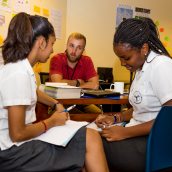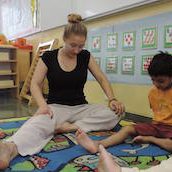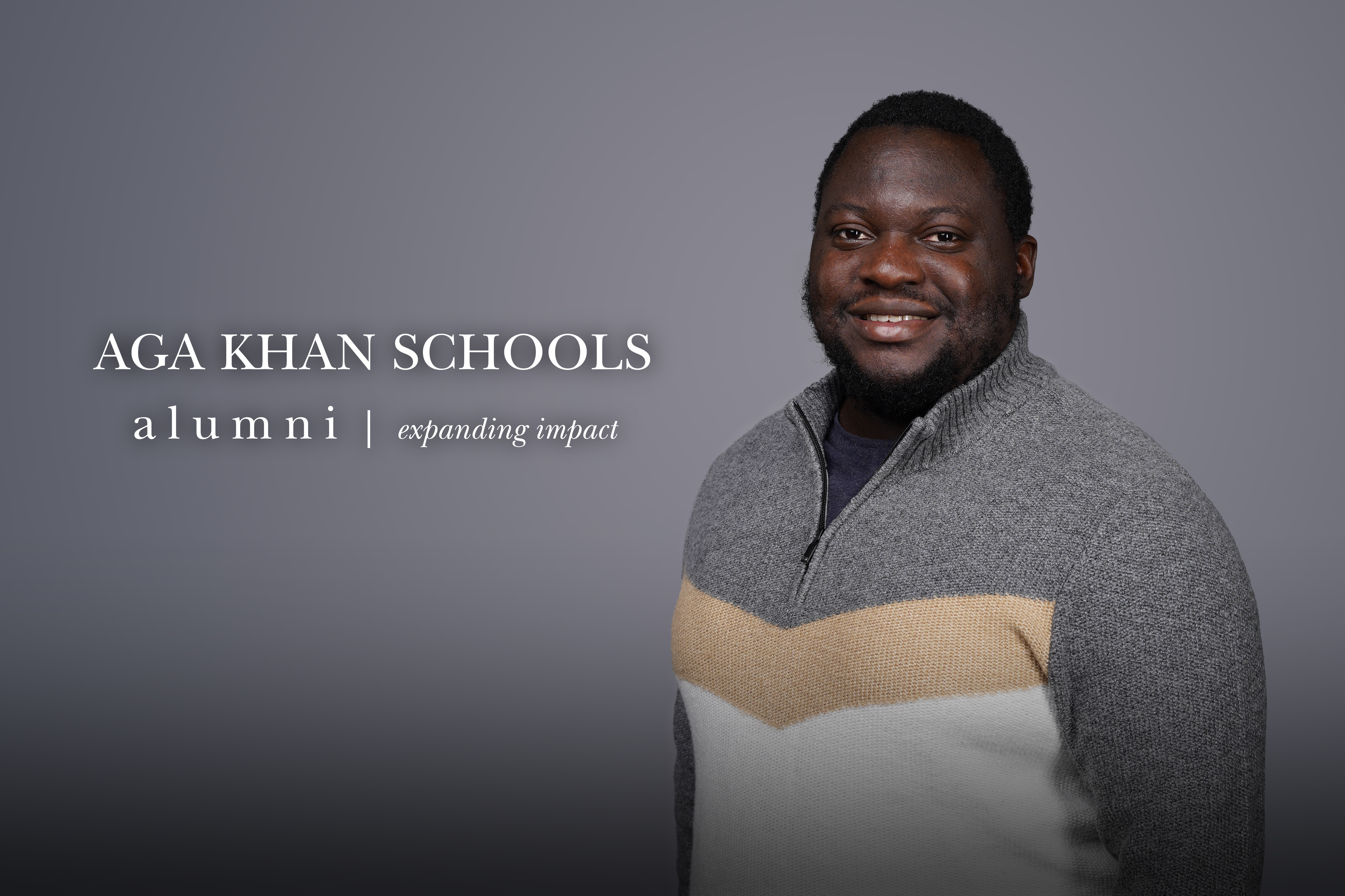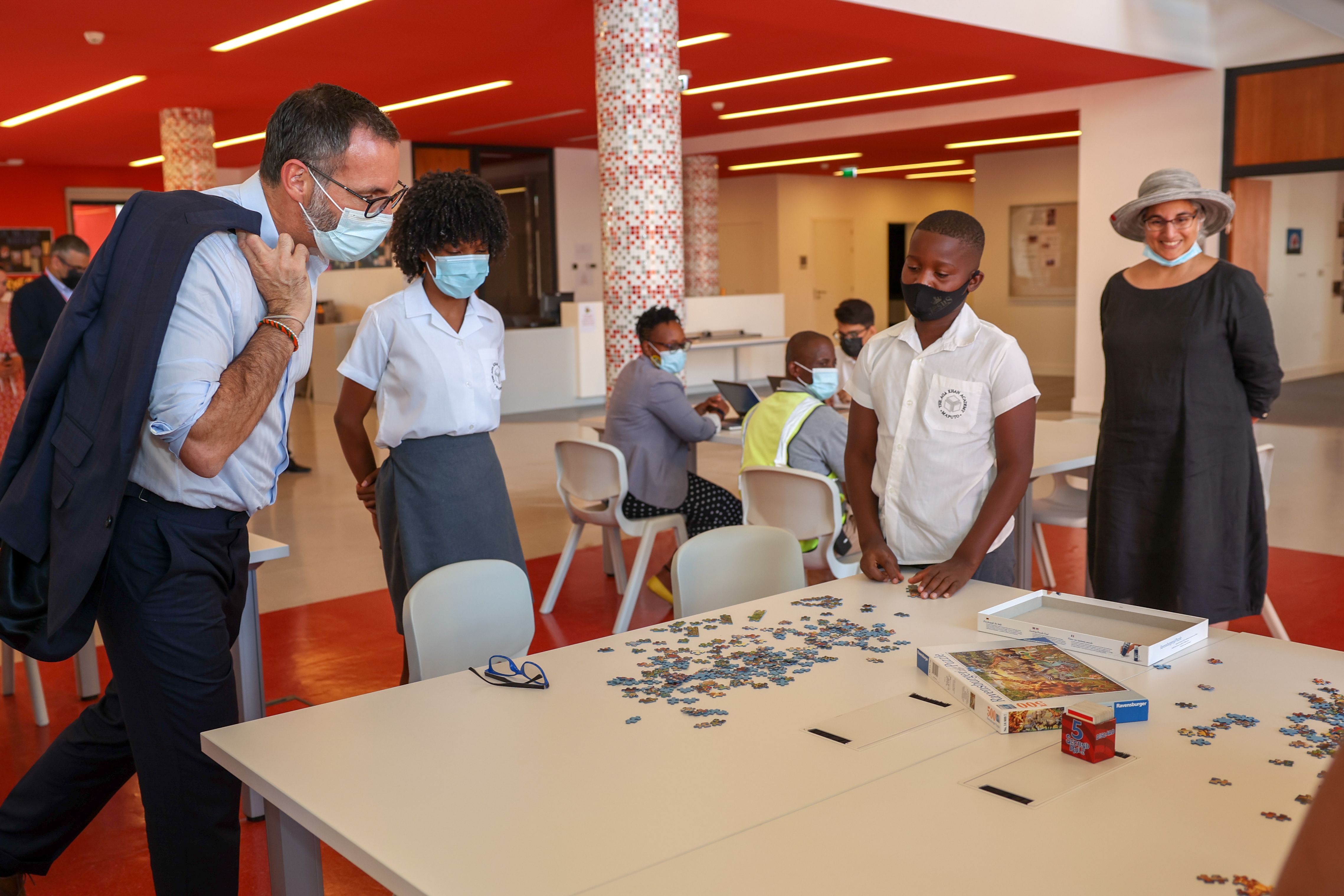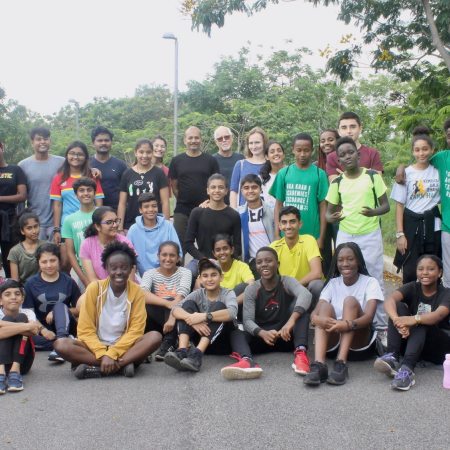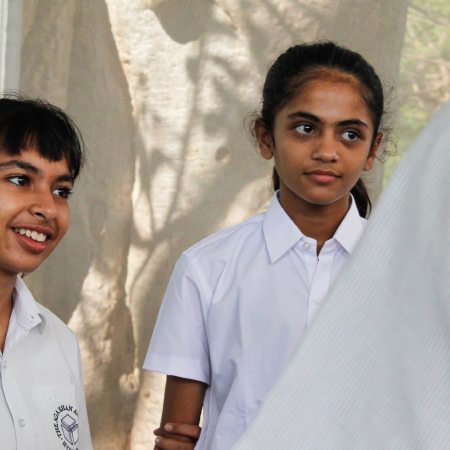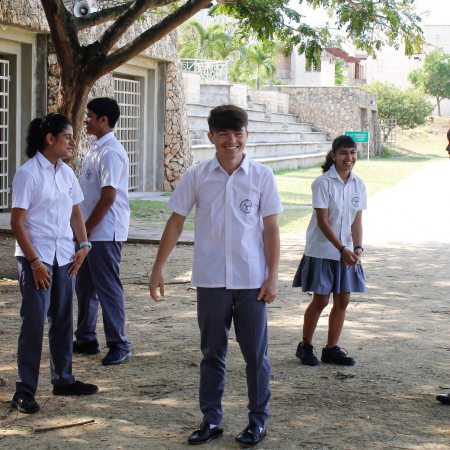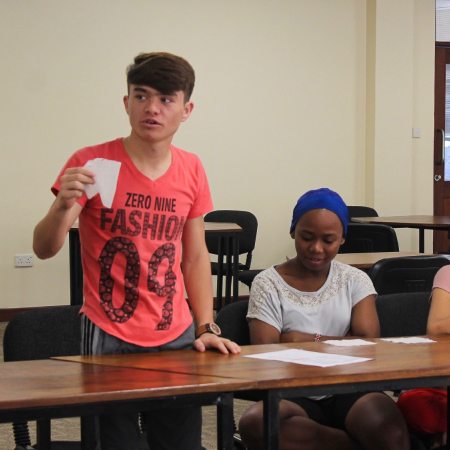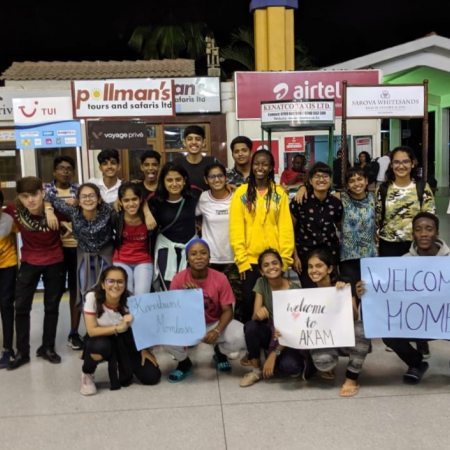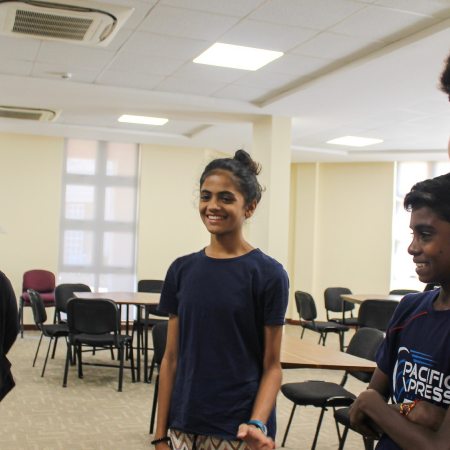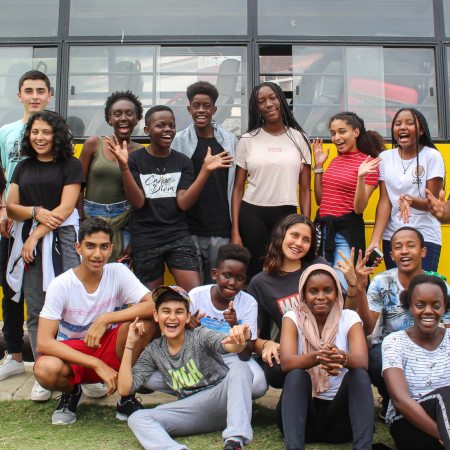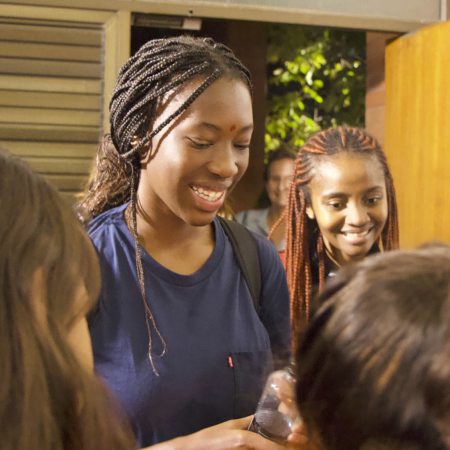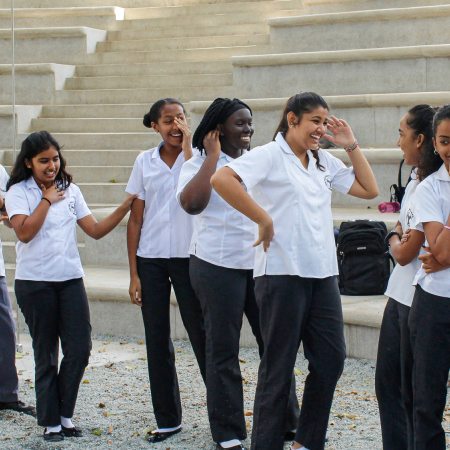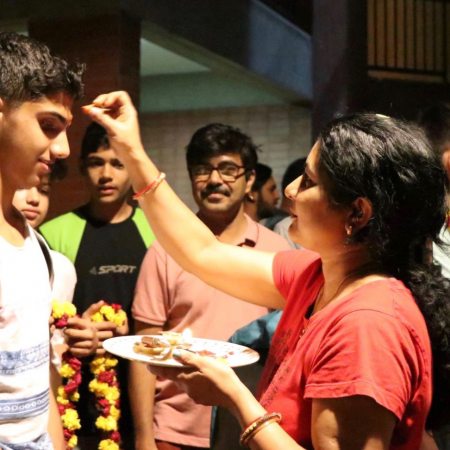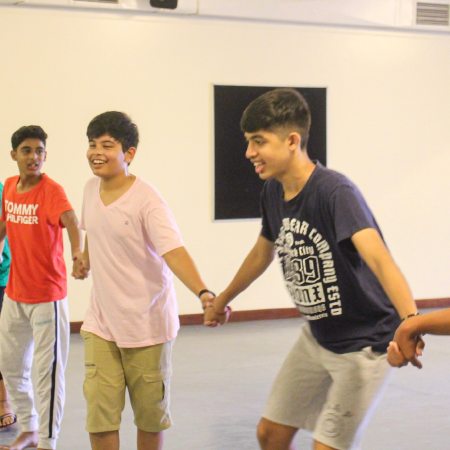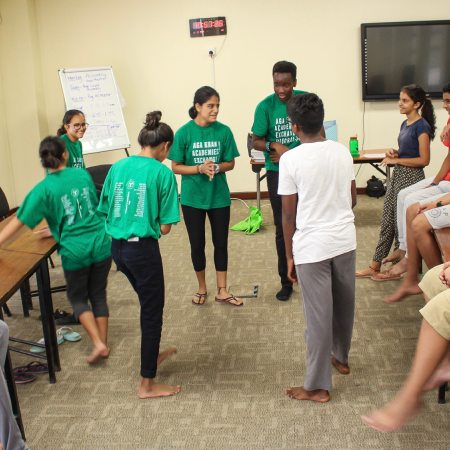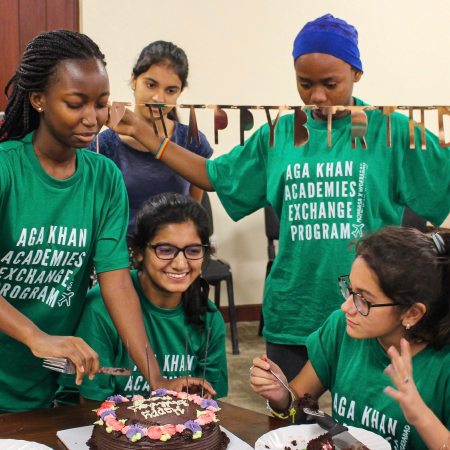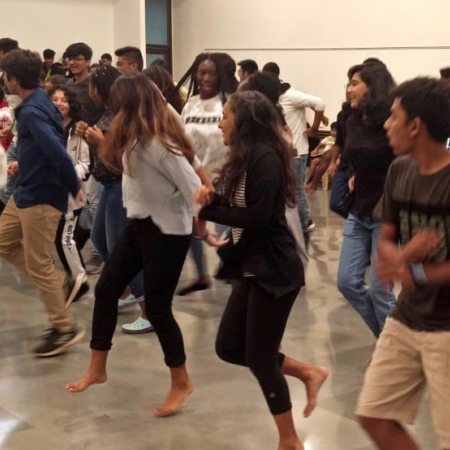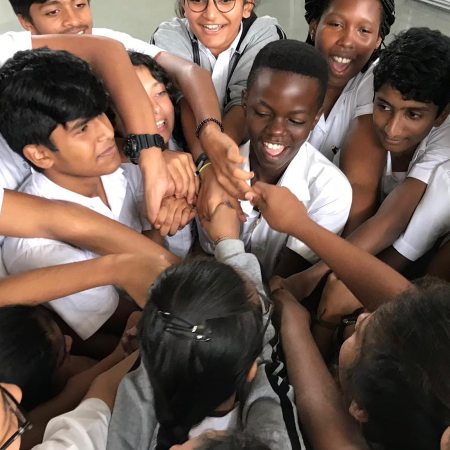At the Aga Khan Academy Mombasa, Ham Serunjogi – CEO and co-founder of African fintech giant Chipper Cash – realised the importance of staying connected to something larger than himself. The Forbes 30 Under 30 honouree is now serving as an advisor to the US President on African diaspora engagement.
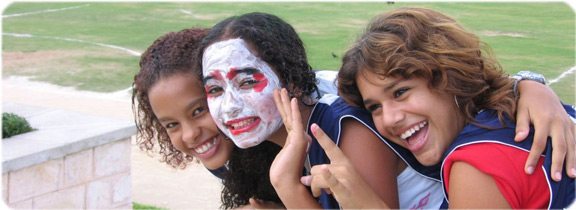
Academy Fellows
With the aim of bringing diverse perspectives and fresh energy to the Aga Khan Academies, a small number of carefully selected recent graduates from well-respected universities are recruited each year to serve as Aga Khan Academy Fellows.
How can I become part of the Academy Fellow's Programme?
To find out more and submit your application, please visit the AKDN Career Centre
Applications are now open for opportunities in Kenya, India and Mozambique for 2021
What is the Fellows Programme at the Aga Khan Academies?
Academy Fellows have the opportunity to work with gifted and talented students from diverse ethnic, religious and socioeconomic backgrounds. Each Academy Fellow will live on campus and serve the student residential programme as a Dorm Parent promoting community life.
Academy Fellows have a demanding and important role in our community and may be responsible for any of the following, depending on the Fellow’s interests and experiences and the Academy’s needs:
- Key role as a Dorm Parent in the residential programme, which includes weekday duties and weekend duties.
- Assistance in a specific curricular area under the mentorship of an experienced master teacher.
- Tutoring individual students or study groups.
- Involvement in the administrative work of departments such as Admissions, Communications or University Counselling.
- Coaching sports and athletic teams, providing music lessons, SAT prep, artistic pursuits.
An integral part of the residential programme at the Academy, the Fellows participate actively in and chaperone off campus field trips, engage in the enrichment programmes (sports, arts, ...) and are closely involved in the student leadership development programme, including activities such as Model MUN, TedX etc.
These opportunities are offered at all our Academy campuses: Mombasa, Kenya, Hyderabad, India and Maputo, Mozambique - Future Academies are planned across Africa, South and Central Asia, and the Middle East.,In which parts of the world can I hope to serve as a Fellow?
Fellows can indicate a preference when applying.
Is this a permanent role or can I come just for a few months or a year?
These will be two-year appointments, overlapping so as to assure continuity. Some Academies will consider one year appointments but prefer a longer commitment.
What are we looking for in our Fellows?
- Genuine interest and commitment to the mission of the Aga Khan Academies and to the development of young people.
- A record of excellent academic achievement at a highly respected college or university.
- A record of significant involvement in residential life, student leadership programming, music, athletic and/or community service during college or university.
The Fellow's programme also provides onsite mentoring and coaching by experienced faculty and staff and an opportunity to experience life in a lively and dynamic school environment.
Some Fellows may come from the AK Academies’ alumni body and others may decide to pursue a career in teaching or education in general.
Do you want to hear more about the programme?
Click here to read what some of our former Fellow have to say about their experience and see them in action.
To find out more and submit your application, please visit the AKDN Career Centre

Clone of Academy Fellows
With the aim of bringing diverse perspectives and fresh energy to the Aga Khan Academies, a small number of carefully selected recent graduates from well-respected universities are recruited each year to serve as Aga Khan Academy Fellows.
How can I become part of the Academy Fellow's Programme?
To find out more and submit your application, please visit the AKDN Career Centre
Applications are now open for opportunities in Kenya, India and Mozambique for 2020
What is the Fellows Programme at the Aga Khan Academies?
Academy Fellows have the opportunity to work with gifted and talented students from diverse ethnic, religious and socioeconomic backgrounds. Each Academy Fellow will live on campus and serve the student residential programme as a Dorm Parent promoting community life.
Academy Fellows have a demanding and important role in our community and may be responsible for any of the following, depending on the Fellow’s interests and experiences and the Academy’s needs:
- Key role as a Dorm Parent in the residential programme, which includes weekday duties and weekend duties.
- Assistance in a specific curricular area under the mentorship of an experienced master teacher.
- Tutoring individual students or study groups.
- Involvement in the administrative work of departments such as Admissions, Communications or University Counselling.
- Coaching sports and athletic teams, providing music lessons, SAT prep, artistic pursuits.
An integral part of the residential programme at the Academy, the Fellows participate actively in and chaperone off campus field trips, engage in the enrichment programmes (sports, arts, ...) and are closely involved in the student leadership development programme, including activities such as Model MUN, TedX etc.
These opportunities are offered at all our Academy campuses: Mombasa, Kenya, Hyderabad, India and Maputo, Mozambique - Future Academies are planned across Africa, South and Central Asia, and the Middle East.,In which parts of the world can I hope to serve as a Fellow?
Fellows can indicate a preference when applying.
Is this a permanent role or can I come just for a few months or a year?
These will be two-year appointments, overlapping so as to assure continuity. Some Academies will consider one year appointments but prefer a longer commitment.
What are we looking for in our Fellows?
- Genuine interest and commitment to the mission of the Aga Khan Academies and to the development of young people.
- A record of excellent academic achievement at a highly respected college or university.
- A record of significant involvement in residential life, student leadership programming, music, athletic and/or community service during college or university.
The Fellow's programme also provides onsite mentoring and coaching by experienced faculty and staff and an opportunity to experience life in a lively and dynamic school environment.
Some Fellows may come from the AK Academies’ alumni body and others may decide to pursue a career in teaching or education in general.
Do you want to hear more about the programme?
Click here to read what some of our former Fellow have to say about their experience and see them in action.
To find out more and submit your application, please visit the AKDN Career Centre
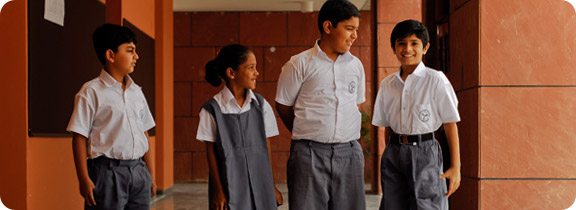
International Exchanges
As the network of Aga Khan Academies becomes established, we will offer our students the opportunity to broaden their experience through exchanges with other Academies.
The Aga Khan Academy Maputo will include an international exchange programme as part of the Senior School curriculum. This will provide our students with the opportunity to study for an extended period in another of the approximately 18 (planned or currently under development) Academies in Africa, South and Central Asia, and the Middle East.
Campus life
Students from Maputo who go on exchange to another Academy will live in residential facilities in a safe, secure campus setting.
Campus life is an important part of the international exchange programme. Many of the least tangible but most important elements of an education – the development of practical leadership skills, the capacity to make ethical judgments, the ability to navigate through complex cultural settings – are formed outside the classroom. Mealtimes and other informal gatherings offer opportunities for discussion, meetings, language tables and study groups.
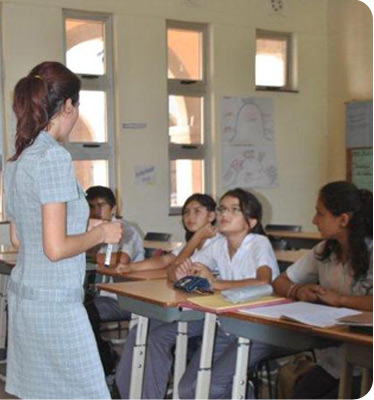
A number of students from Tajikistan are presently studying at the Aga Khan Academy in Mombasa.
Benefits of study abroad
The International Baccalaureate programme will be implemented at all Aga Khan Academies. The common curriculum will allow students to study abroad without facing uncertainties regarding compatibility of course study or examinations.
While English is the medium of instruction at all Academies, our students are required to study another language as well. Foreign language learning will be greatly enhanced by immersion in that language through the exchange programme.
Students will also learn to appreciate and respect other nationalities, cultures and intellectual traditions through direct contact with people in other countries. They will broaden their worldview and learn to be at ease in multicultural settings.
For further information on the educational programme offered at the Aga Khan Academy Maputo, please visit the Academic Programme page.
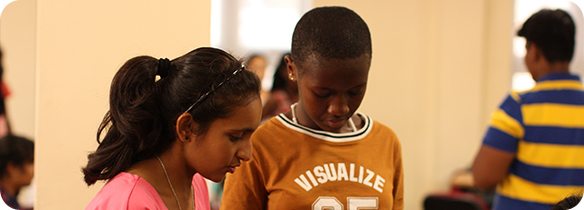
International Exchanges
As the network of Aga Khan Academies becomes further established, we will offer our students the opportunity to broaden their experience through exchanges with other Academies.
The Aga Khan Academy Hyderabad includes an international exchange programme as part of the Senior School curriculum. This will provide our students with the opportunity to study for an extended period in another of the 18 Academies (planned or currently under development) in Africa, South and Central Asia, and the Middle East.
An inaugural programme took place in the 2018-19 academic year for grade 9 students at the Aga Khan Academy Mombasa and the Aga Khan Academy Hyderabad. The programme will grow over the coming years, drawing in more Academies as they open and giving students the opportunity to experience life in a range of different countries and cultures.
Campus life
Students from Hyderabad who participate in an exchange with another Academy will live in residential facilities in a secure campus setting.
Campus life is an important part of the international exchange programme. Many of the least tangible but most important elements of an education – the development of practical leadership skills, the capacity to make ethical judgments, the ability to navigate through complex cultural settings – are formed outside the classroom. Mealtimes and other informal gatherings offer opportunities for discussion, meetings, and study groups.
The exchange offers a structured programme of activities, both on and off-campus. This is designed to increase students’ understanding of their own and other cultural identities, to recognise different components of culture, to interact with the local community through service learning, and to reach a comparative understanding of the process of development in another country.
Benefits of study abroad
The International Baccalaureate programme is implemented through the medium of English at all Aga Khan Academies. The common curriculum will allow students to study abroad without facing uncertainties regarding compatibility of course study or examinations. Students will also learn to appreciate and respect other nationalities, cultures and intellectual traditions through direct contact with people in other countries. They will broaden their worldview and learn to be at ease in different cultural settings.
The exchange will increase students’ willingness and ability to collaborate across borders and cultures, as they form networks of friendships across the world. It will build the strength of character necessary for ethical and pluralistic leadership. Students will develop greater adaptability and resilience as they learn to overcome the challenges of living in a new cultural setting with local peers.
For further information on the educational programme offered at the Aga Khan Academy Hyderabad, please visit the Academic Programme page.
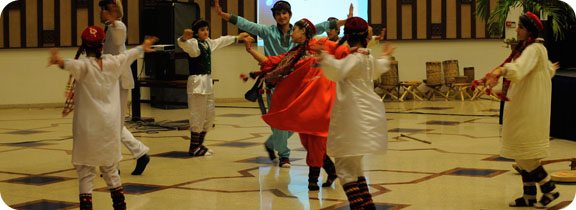
International Exchanges
As the network of Aga Khan Academies becomes further established, we will offer our students the opportunity to broaden their experience through exchanges with other Academies.
The Aga Khan Academy Mombasa will include an international exchange programme as part of the Senior School curriculum. This will provide our students with the opportunity to study for an extended period in another of the 18 Academies (planned or currently under development) in Africa, South and Central Asia, and the Middle East.
An inaugural programme is planned for the 2018-19 academic year for grade 9 students at the Aga Khan Academy Mombasa and the Aga Khan Academy Hyderabad. The programme will grow over the coming years, drawing in more Academies as they open and giving students the opportunity to experience life in a range of different countries and cultures.
Campus life
Students from Mombasa who participate in an exchange with another Academy will live in residential facilities in a secure campus setting.
Campus life is an important part of the international exchange programme. Many of the least tangible but most important elements of an education – the development of practical leadership skills, the capacity to make ethical judgments, the ability to navigate through complex cultural settings – are formed outside the classroom. Mealtimes and other informal gatherings offer opportunities for discussion, meetings, and study groups.
The exchange will offer a structured programme of activities, both on and off-campus. This is designed to increase students’ understanding of their own and other cultural identities, to recognise different components of culture, to interact with the local community through service learning, and to reach a comparative understanding of the process of development in another country.
Benefits of study abroad
The International Baccalaureate programme is implemented through the medium of English at all Aga Khan Academies. The common curriculum will allow students to study abroad without facing uncertainties regarding compatibility of course study or examinations. Students will also learn to appreciate and respect other nationalities, cultures and intellectual traditions through direct contact with people in other countries. They will broaden their worldview and learn to be at ease in different cultural settings.
The exchange will increase students’ willingness and ability to collaborate across borders and cultures, as they form networks of friendships across the world. It will build the strength of character necessary for ethical and pluralistic leadership. Students will develop greater adaptability and resilience as they learn to overcome the challenges of living in a new cultural setting with local peers.
For further information on the educational programme offered at the Aga Khan Academy Mombasa, please visit the Academic Programme page.

International Baccalaureate
The Aga Khan Academy Maputo follows the principles of the International Baccalaureate (IB) and is preparing to become an authorised IB World School.
The International Baccalaureate is a non-profit educational foundation, motivated by its mission to create a better world through education.
The three IB programmes for students aged 3 to 19 help develop the intellectual, personal, emotional and social skills to live, learn and work in a rapidly globalising world.
Aims of the IB Programme
Founded in 1968, the International Baccalureate currently works with 3,423 schools in 141 countries to develop and offer their programmes to over one million students.
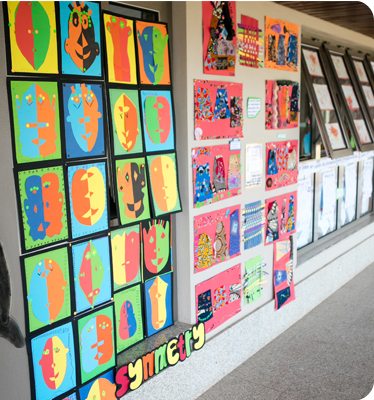 Their mission statement declares: "The International Baccalaureate aims to develop inquiring, knowledgeable and caring young people who help to create a better and more peaceful world through intercultural understanding and respect."
Their mission statement declares: "The International Baccalaureate aims to develop inquiring, knowledgeable and caring young people who help to create a better and more peaceful world through intercultural understanding and respect."
"To this end the organisation works with schools, governments and international organisations to develop challenging programmes of international education and rigorous assessment. These programmes encourage students across the world to become active, compassionate and lifelong learners who understand that other people, with their differences, can also be right."
The IB is more than its educational programmes and certificates. At heart they are motivated by a mission to create a better world through education.
They value their hard-earned reputation for quality, for high standards and for pedagogical leadership. They achieve their goals by working with partners and by actively involving stakeholders, particularly teachers.
The three programmes are:
Primary Years Programme
The Primary Years Programme (PYP) focuses on the development of the whole child, addressing social, physical, emotional and cultural needs, while giving students a strong foundation in all of the major areas of knowledge.
Through the PYP, children become aware of and sensitive to the points of view of people in other parts of the world.
Middle Years Programme
The Middle Years Programme (MYP) integrates the study of all the major disciplines, including languages, sciences, literature and the social sciences, mathematics, arts, technology and physical education.
The MYP normally includes a service component designed to encourage students to become involved with their communities.
Diploma Programme
The Diploma Programme (DP) is a two-year course of study that prepares students for university. All DP students study languages, a social science, an experimental science, mathematics and, usually, an arts subject.
At the same time as it provides a form of academic passport, the DP generally fulfils the requirements of a student's national education system. Each student's performance is evaluated by independent examiners and measured by his or her levels of knowledge and skills relative to set standards applied to all schools.
For further information please visit the IB website.
Meet Our School Community
Spotlights on Alumni
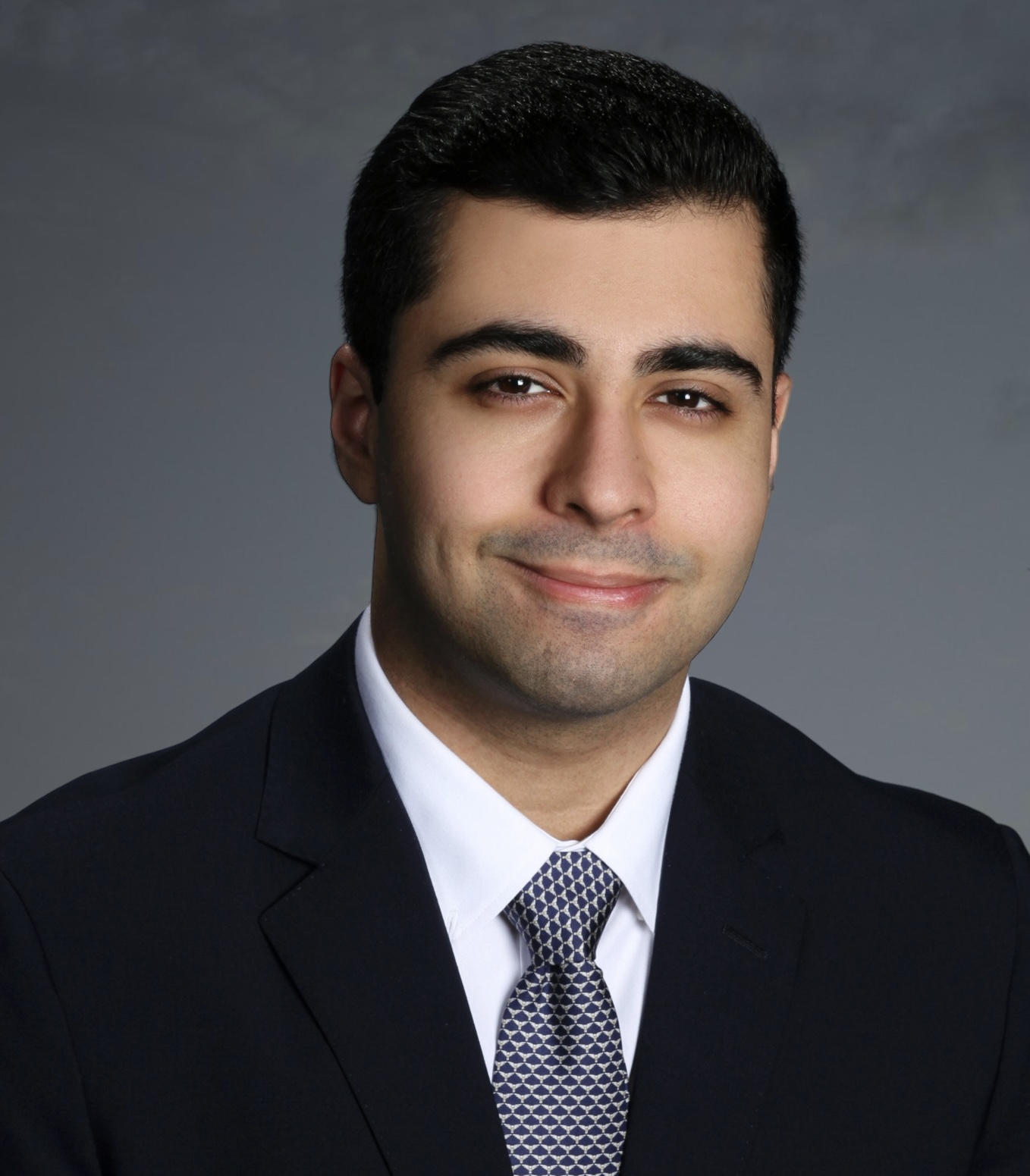
Although it has been a few years since he graduated from the Aga Khan Academy Mombasa, Alqaim Lalani, Class of 2019, says his years at the Academy had a major bearing on his academic career and strongly influenced his outlook on life. Now, as a graduate of Columbia University in New York, Alqaim is giving back to the Aga Khan Academies community that he says shaped his life and gave him so much.
Jemin Patel’s journey to where he is now is the result of hard work and passion, values he picked up during his time at the Aga Khan Academy Hyderabad. Now, he's working at one of Canada's top accounting and consulting firms, still standing by the notion, "hard work always wins."
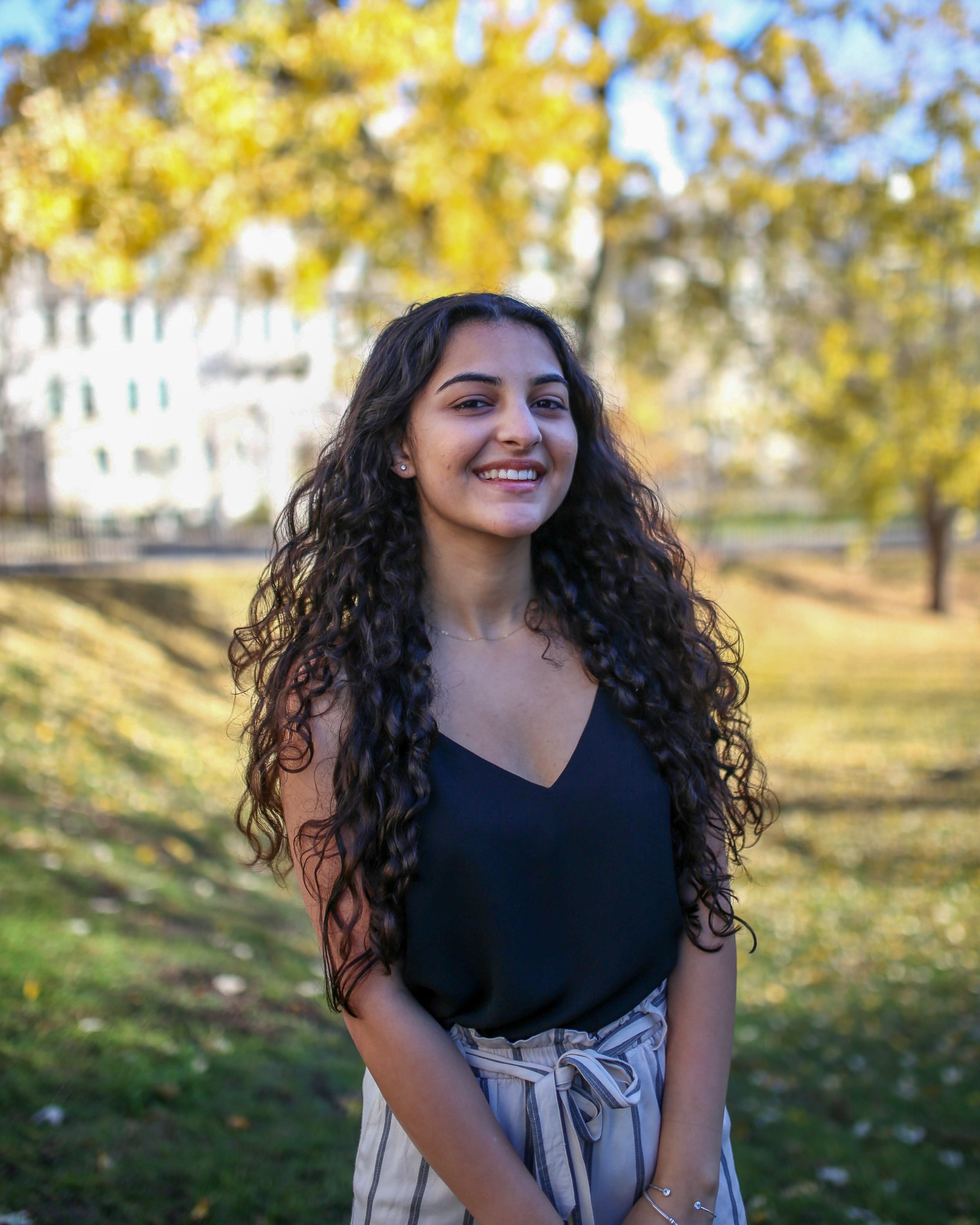
Muskaan Bhaidani is an alumna of the Aga Khan Academy Mombasa who was in the Class of 2020. Graduating with an impressive International Baccalaureate (IB) Diploma Programme (DP) score of 44 out of 45, Muskaan is now attending McGill University in Montreal, Canada.

Anahita Aman, a graduate of the batch of 2020 was here at the academy for 8 years. Currently pursuing History at University College London, she hopes to build a career in International Development.
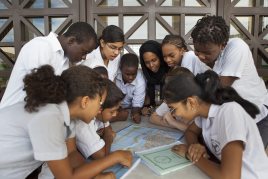
Congratulations to the Class of 2022! We are so proud of you and cannot wait to see what you do next. As we welcome our new graduating class to our alumni community, we asked four distinct graduates from the Aga Khan Academies in Mombasa and Hyderabad about their journeys and aspirations.

Qamili Dave, a 2017 alumna of AKA Mombasa, discovered her passion for the culinary arts during her AKDN DP1 Internship at Serena Beach Hotel. Since then, she has gone on to pursue her passion for cooking, including undertaking Harvard courses to perfect her skill. What Qamili loves most about being a chef is preparing a good satisfying meal that warms the hearts of people.

Lilian Odera, a 2015 alumna of the Aga Khan Academy Mombasa and recipient of the Karen McKellin International Leader of Tomorrow (ILOT) award, is the embodiment of a true leader and agent of change. True to form, she has a passion for actively being involved in community-based initiatives to influence change and creatively find solutions to issues in whatever way she can.
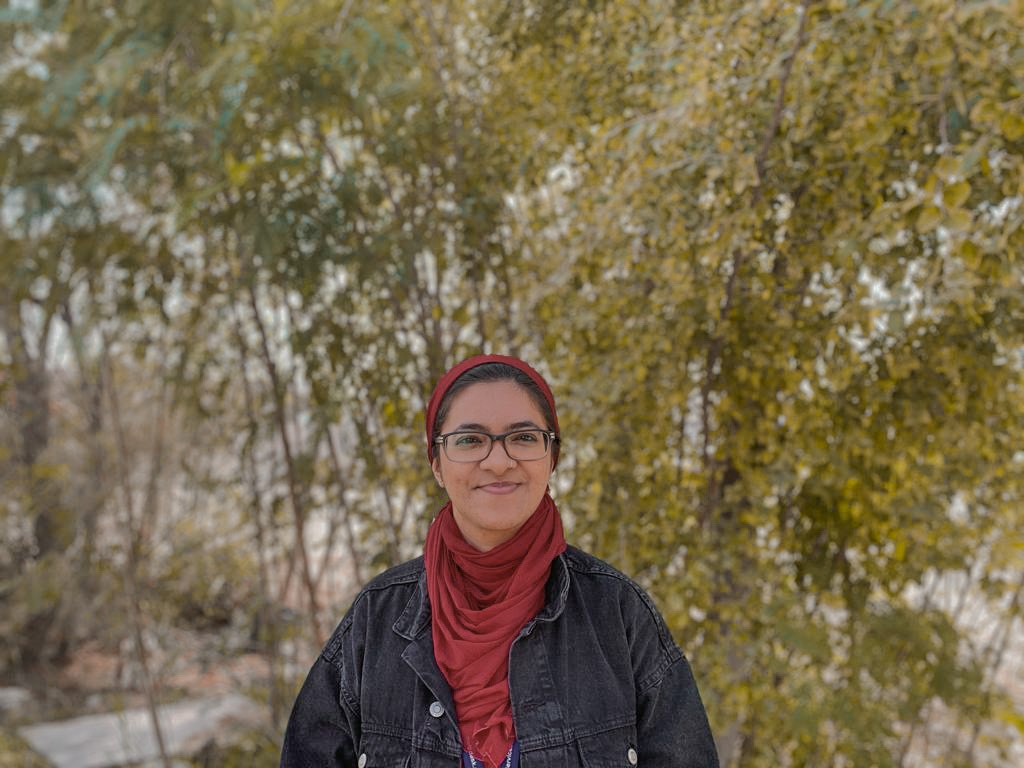
Aleesha Suleman, a graduate student at UCL-Qatar, has never lost sight of what has always been important to her: giving back to her home country of Kenya.
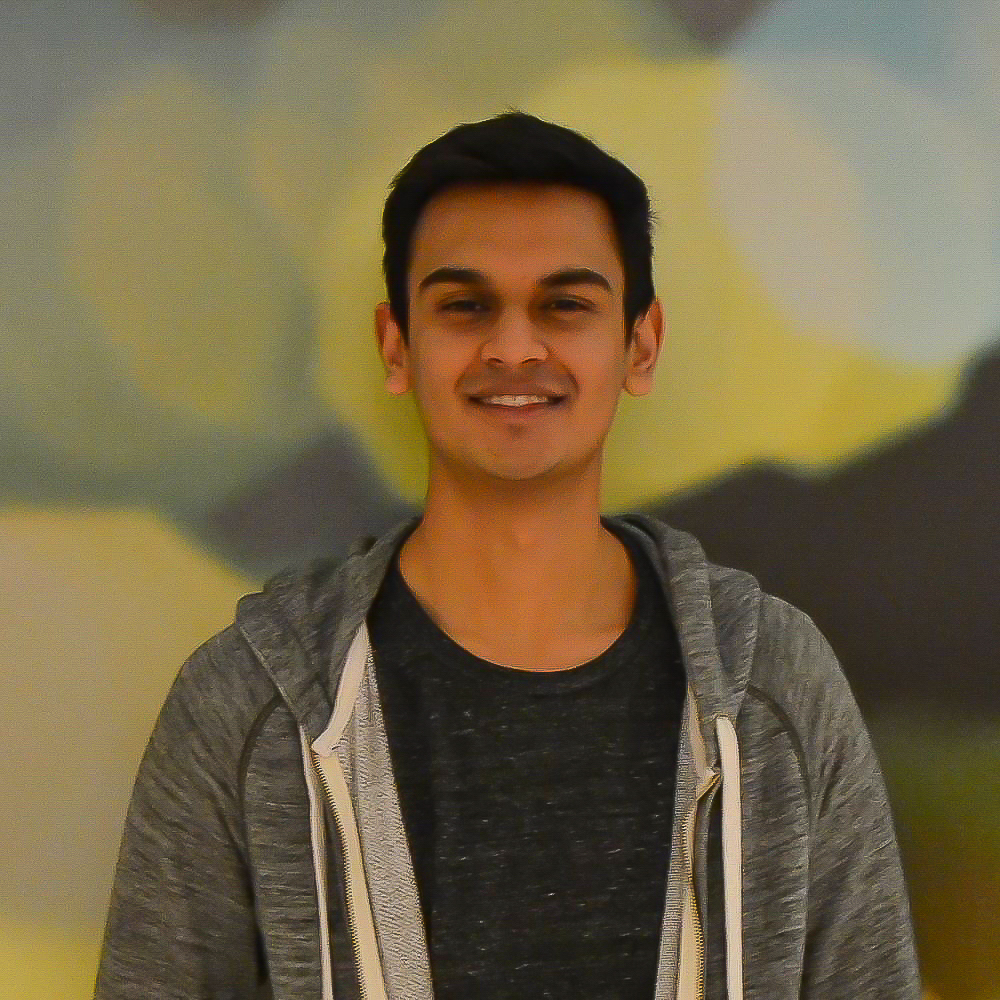
Raghuveer Vyas, director of the United Nations Initiative at New York University, is on a mission to bring change to the world through policy development and fostering a continuous dialogue between international leaders and the youth.
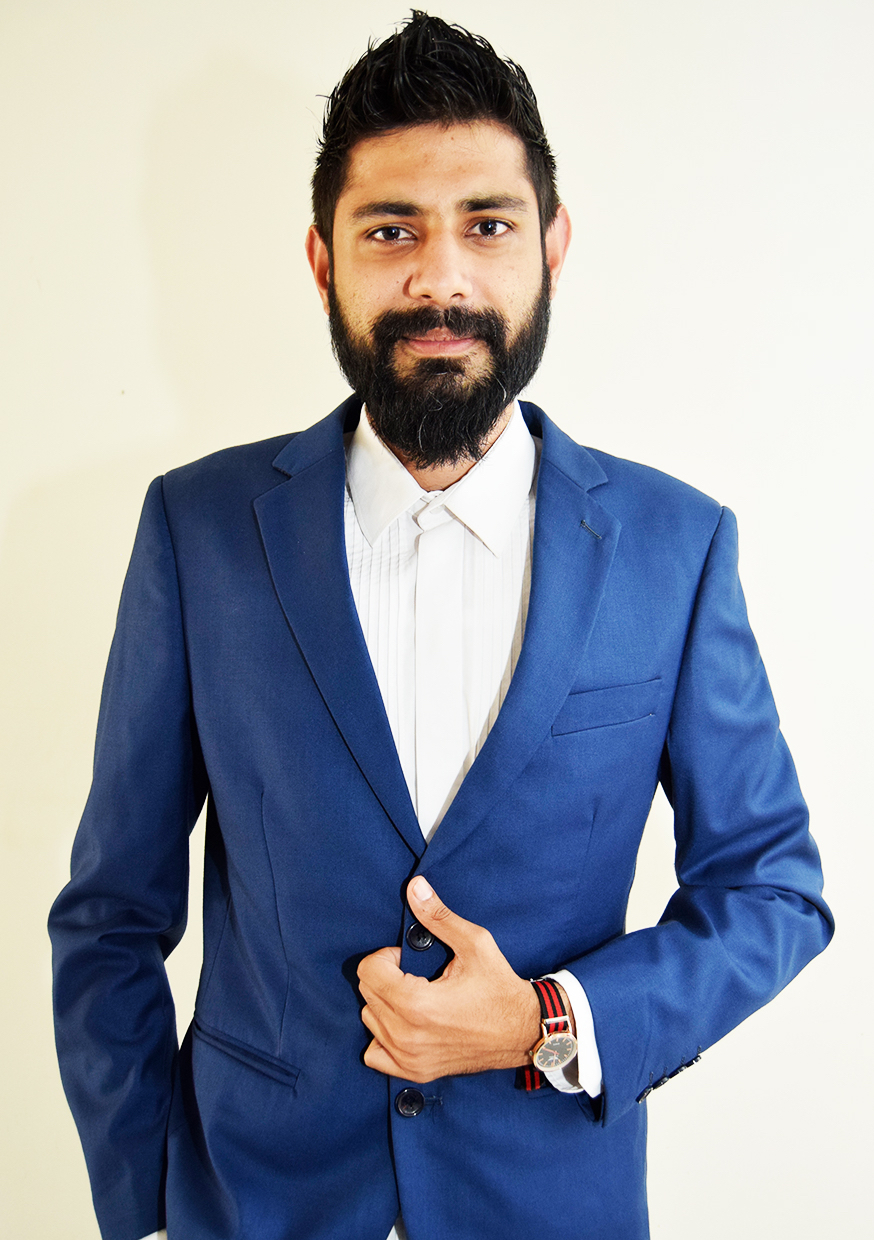
Hussein Jiva graduated from the Aga Khan Academy Mombasa after what he feels was a transformative journey.
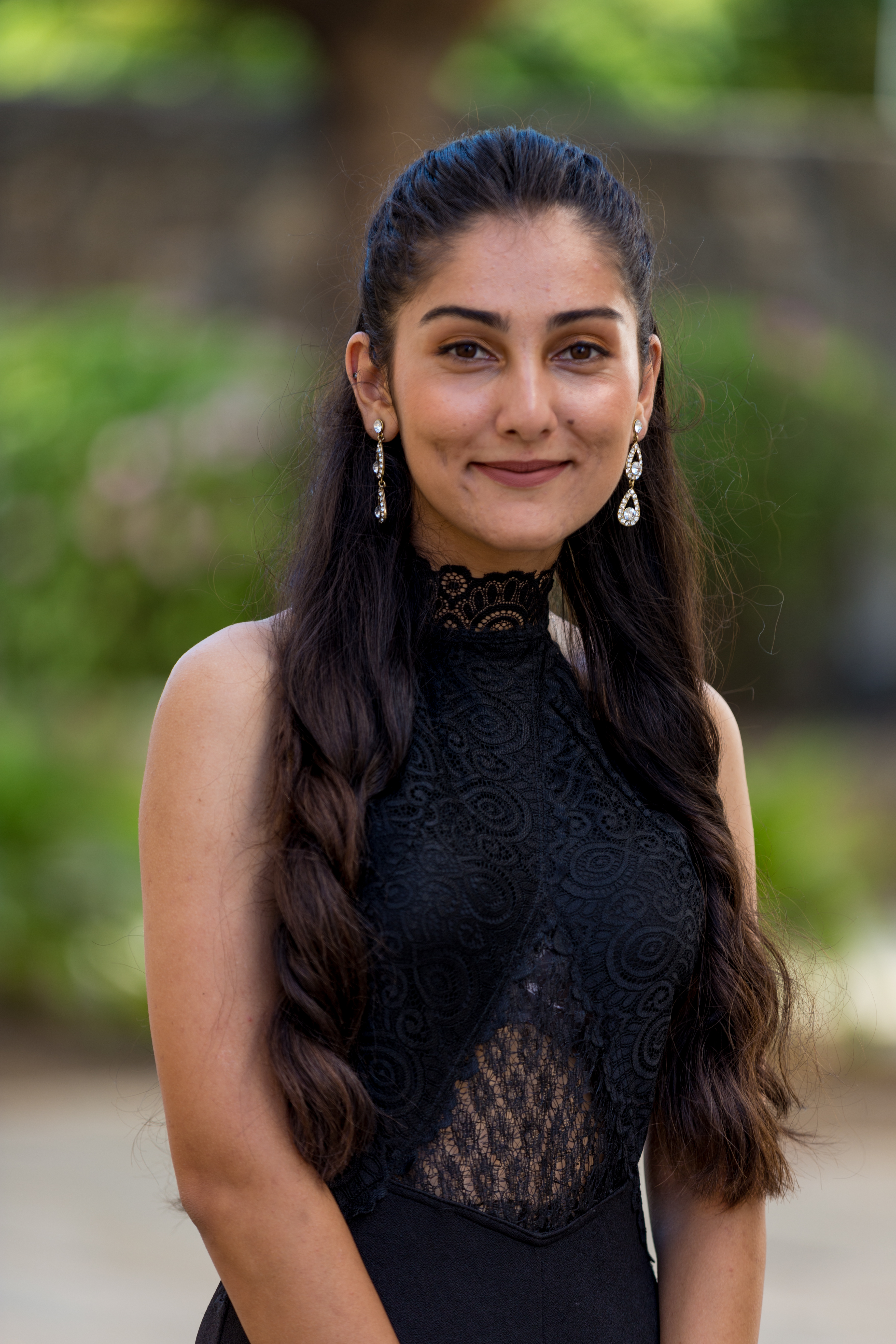
With a determination to change her country into a land of opportunity for all, Anzhela Mirzoeva, a recent graduate from the Aga Khan Academy Mombasa, will further her education at the Connecticut College in the United States by studying International Relations and Human Development.
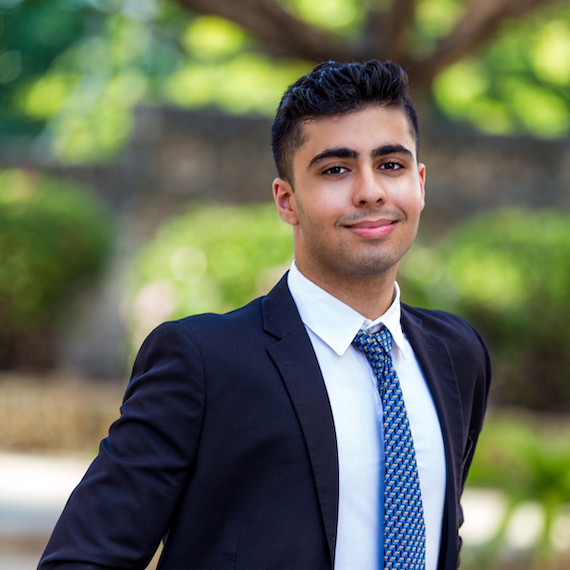
For Alqaim Lalani, his recent graduation from the Aga Khan Academy Mombasa brings him one step closer to realising his dream of attaining a deeper understanding of how economics and politics affect the world around is. Alqaim will be enrolling at Columbia University in fall 2019, as a prestigious Kluge scholar.
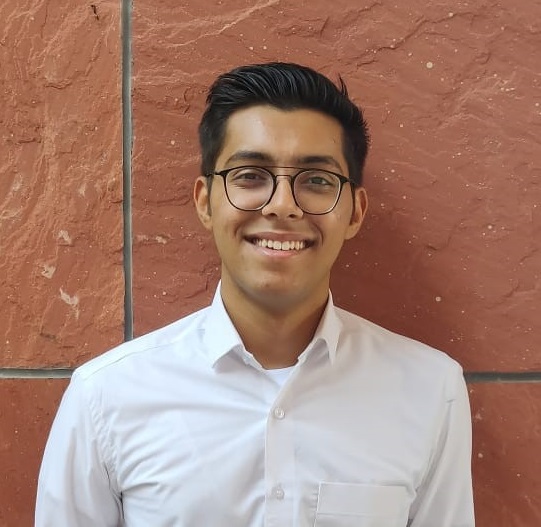
''I do not want a career in something predetermined for me from this age. When I am asked where I will be 15 years from now, I can promise you it will not be cooped up in an office doing routine work. I will probably be out there inventing something meaningful and purposeful, something which can be used to change the world.”
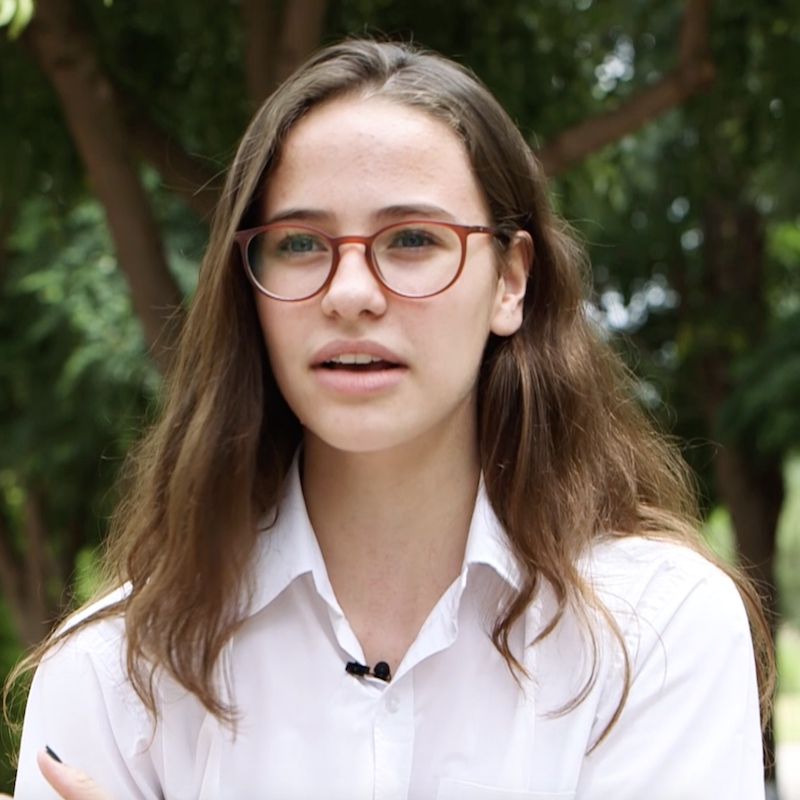
The International Baccalaureate (IB) curriculum is essential in enabling the Academies to develop well-rounded leaders of tomorrow. Hear from Zia Chapman, Class of 2018, and understand how this influenced her in choosing the Academy for her education. Zia is now a scholarship student at UBC in Canada.
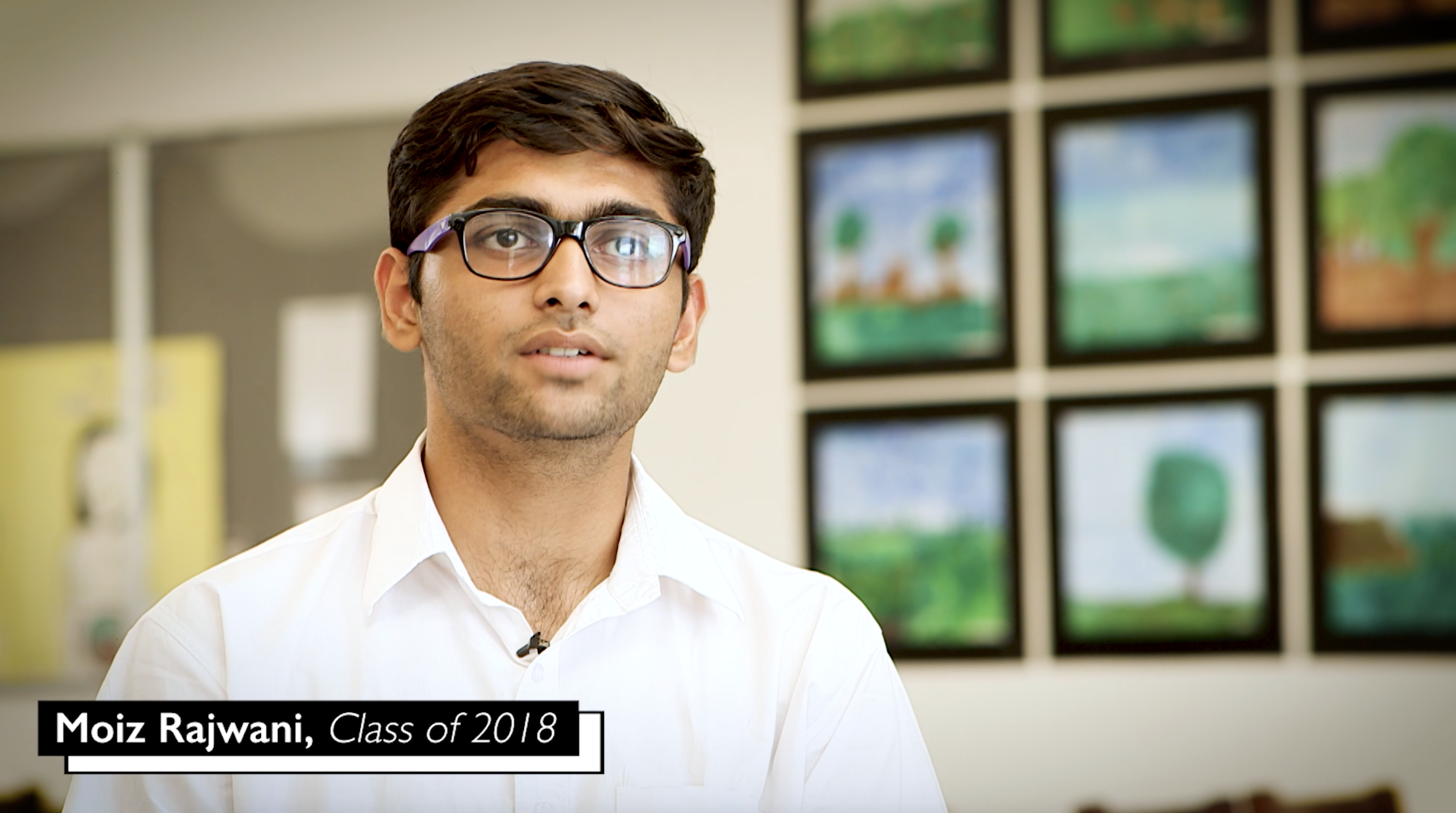
Through the inquiry-based International Baccalaureate curriculum, the Aga Khan Academies aim to develop young individuals who will have the capacity to lead and to build strong civil democratic societies in the future. Hear from one of our alumni, Moiz Rajwani, Class of 2018, and see how we have been turning this vision into reality at the Academies. Moiz was awarded a scholarship at Western University in Ontario, Canada and enrolled in September 2018.

"I always wanted to work with people who spend every single day without any resources at their disposal, to work on the pressing issues that exist in India, issues that most of us never see through our rose tinted glasses."
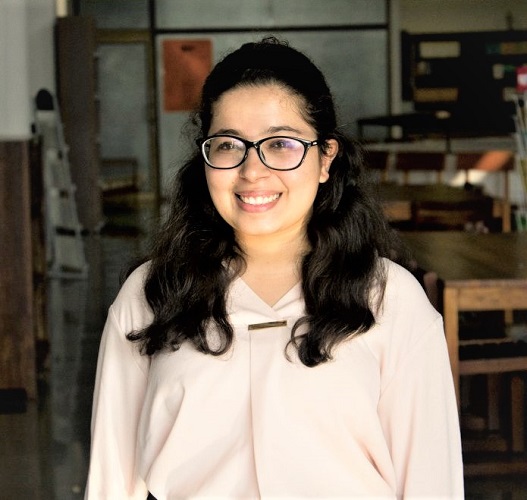
“The IB curriculum followed at the Academy has played a pivotal role in building many essential skills for university life. Its skill-based learning approach, and connecting classroom learning to the real world, also prepared me well for higher education."

“The Academy helped me become comfortable with making mistakes and encouraged me to focus on identifying solutions instead – igniting an entrepreneurial spirit within me. It is this spirit which led me to take a year off, work on self-driving cars, build my own news-reading bot, experiment with developing a cloud-storage service and have the confidence to take the road less taken."
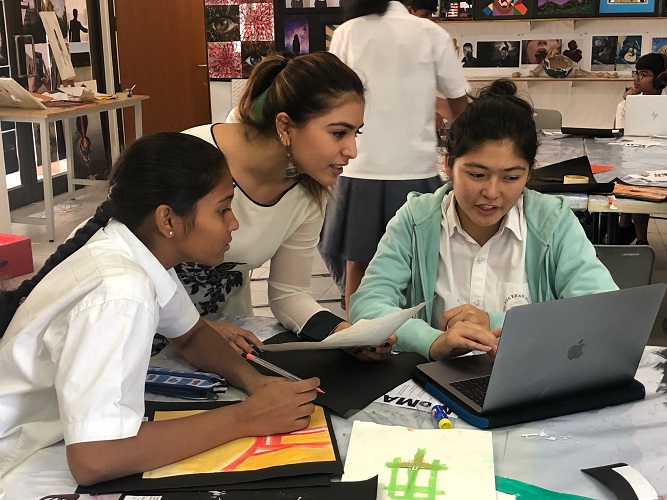
This 2014 AKA Hyderabad graduate is in some ways a time capsule from the Academy’s early years, and like a time capsule, she reminds us of things that have changed, and also about the things that have remained the same. “The Academy has made me the person I am today,” she says. “I wanted to give back to school what it has given me.”
Josephine Awino, alumna of the Aga Khan Academy Mombasa, will be attending Wellesley College for her undergraduate studies in environmental science. She shares a reflection on her personal journey at the Academy in which she developed a sense of self and fostered her passions.
Muriuku Njonjo graduated from the Aga Khan Academy Mombasa with the receipt of a full scholarship to the University of Waterloo in Canada. He shares a personal reflection about his time studying at the Academy: "The Academy changed my way of thinking, my way of doing things and informed my purpose in life."
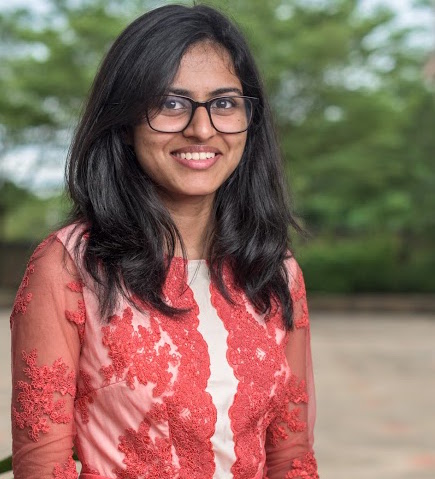
Kamila Janmohamed graduated from the Aga Khan Academy Mombasa this year. Upon anticipating her upcoming start at Yale University, Kamila reflects on the intellectual growth and strong sense of self she has developed over the past four years at the Academy.
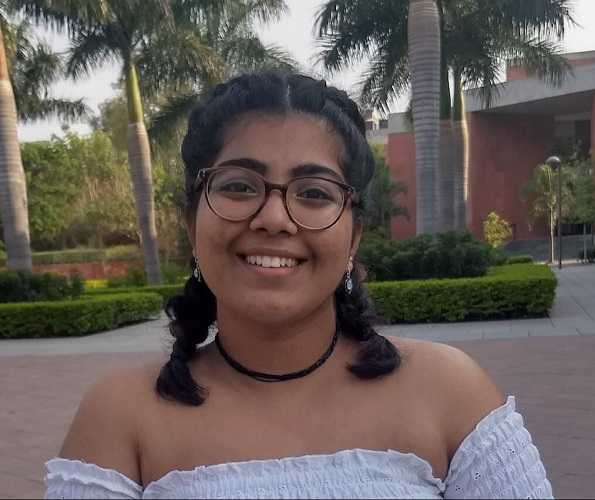
I love that my classes are filled with students from all parts of the country, irrespective of their financial standing or cultural background. I strongly believe it helps build our vision of pluralism.
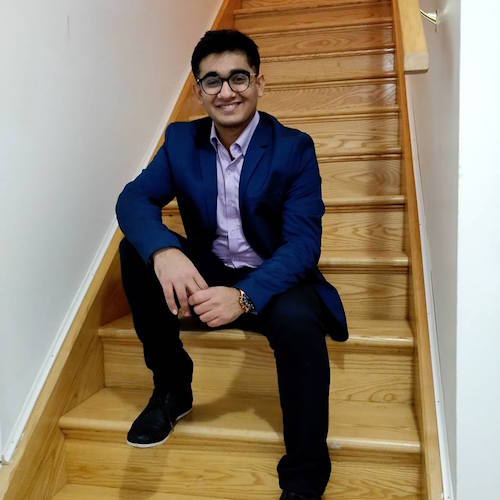
Ariq Kapadia, alumnus of the Aga Khan Academy Hyderabad, shares a reflection on his personal journey during his time at the Academies: "The experience that I had in those five years at the Academy continues to develop me further and make me more capable of success."
Inaara Sarfani shares a reflection on her personal journey at the Aga Khan Academy Hyderabad. She explains that her time as a student there entirely shaped the person she is today and allowed her to develop a far-reaching skillset.
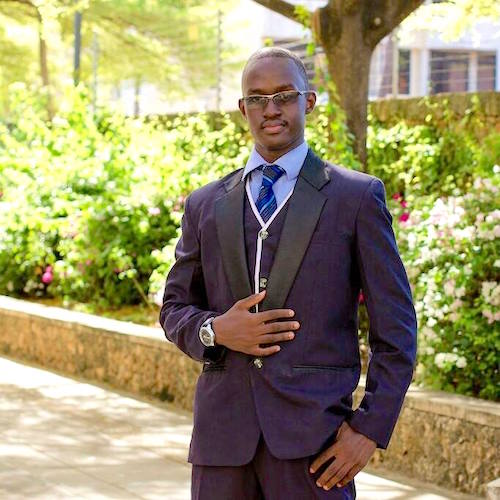
Joshua Abuto tells an inspiring and promising tale of what drives him to sustain his vision of making a difference in the lives of his fellow citizens in Kenya. A 2016 graduate of the Aga Khan Academy Mombasa, Joshua is currently in his second year at the University of Texas at Arlington on a scholarship where he is studying computer science and engineering.
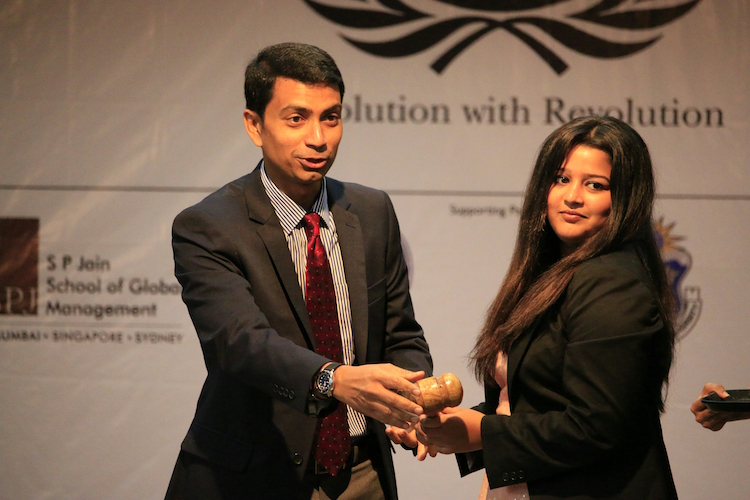
Khushboo Shah shares a reflection on her personal journey at the Aga Khan Academy Hyderabad: "I believe that the Academy’s dynamic vision has allowed me to believe in my imagination, passion and curiosity while pursuing ambitious projects."
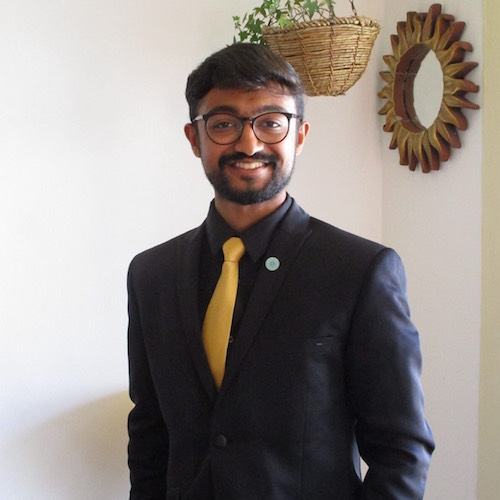
Imtiyaz Hariyani credits the Aga Khan Academy Hyderabad with giving him more than just the academic skills he needs to succeed at the undergraduate level. “The spirit that the Academy embedded in me has allowed me to emerge as a global scholar with the support of my family and lifelong friends that I made in Hyderabad and elsewhere,” he explains.
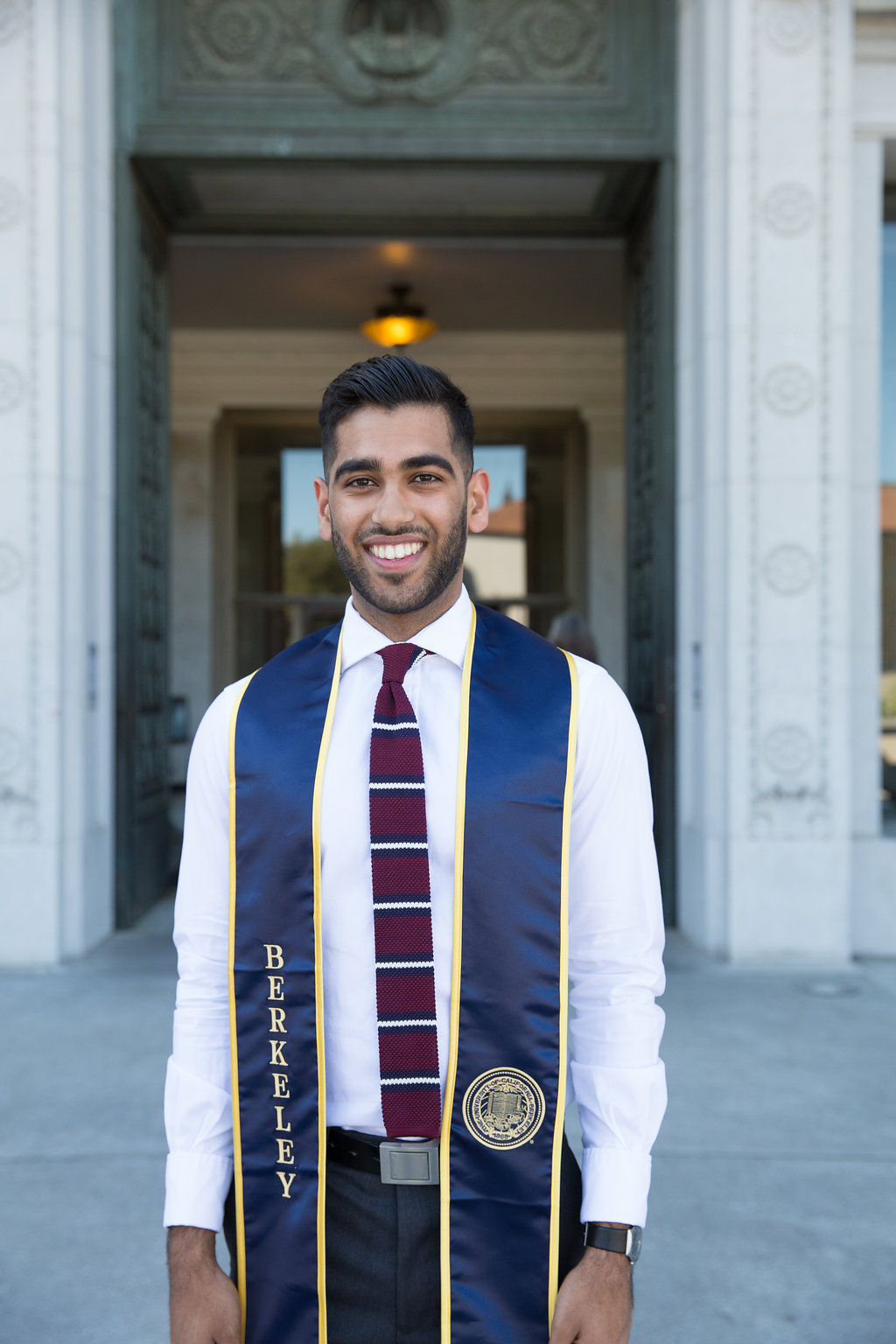
An alumus of AKA Mombasa and University of California Berkeley, Rahim reflects: "The Academy helped me to grow to be the man I am today by instilling values of social conscience and intellectual curiosity that I continue to hold precious today."
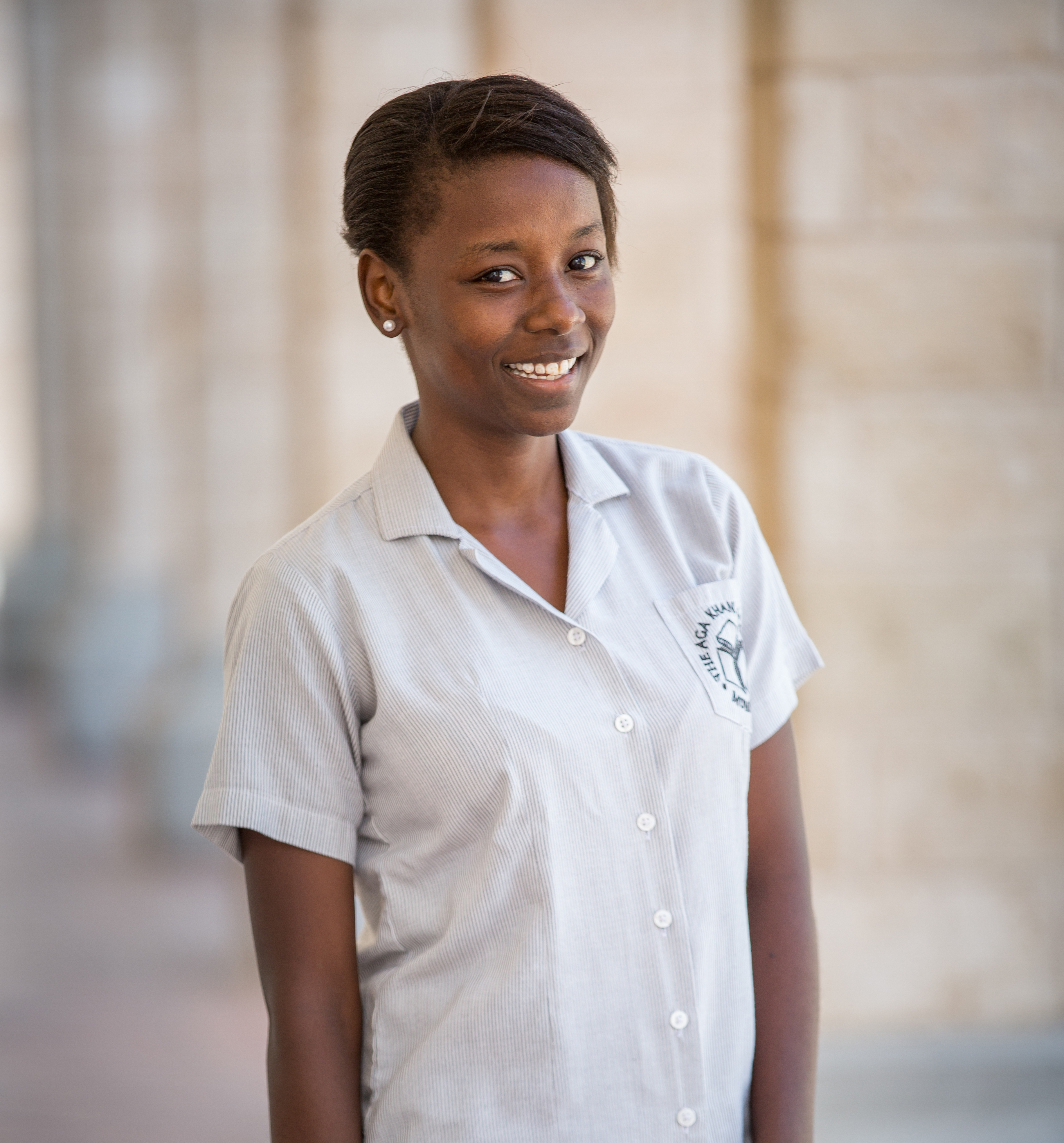
Mary considers her time at the Academy in Mombasa to be a gift. With compassion and leadership, she is determined to help students with similar backgrounds succeed and receive the same opportunities she was granted.
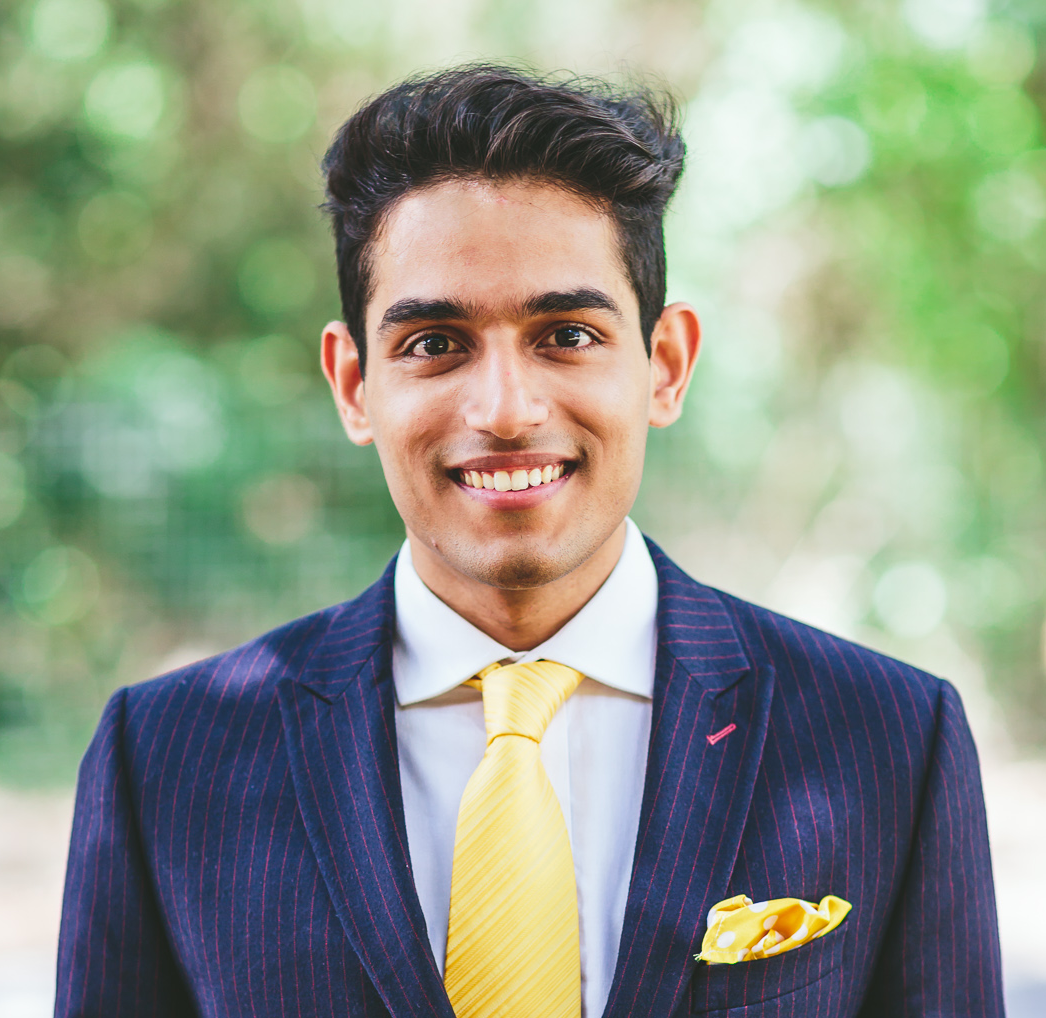
Danish is global citizen with a creative approach to life. One of his many achievements is the award-winning app, Orai, which aims to make anyone become a better public speaker using artificial intelligence.
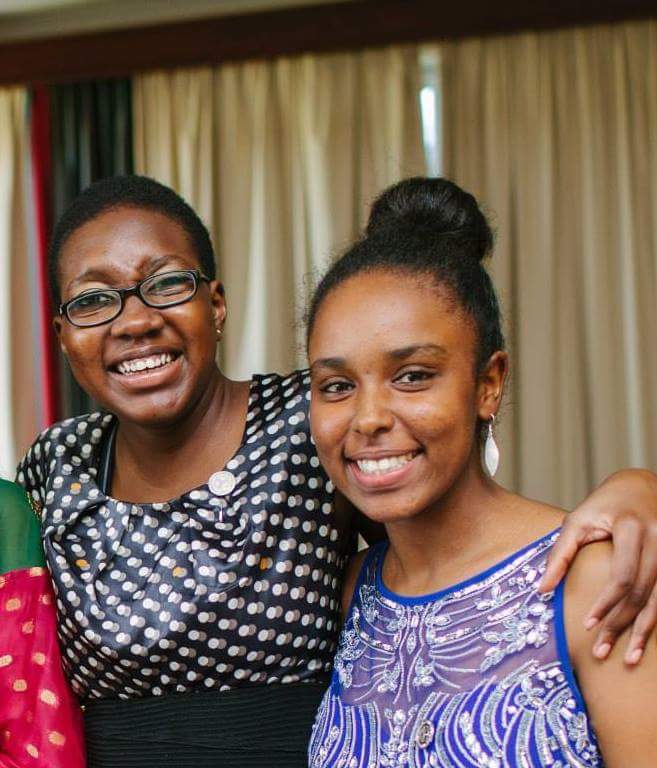
“The Academy helped instil within me a need to contribute to community where possible and a sense of self confidence and teamwork.”
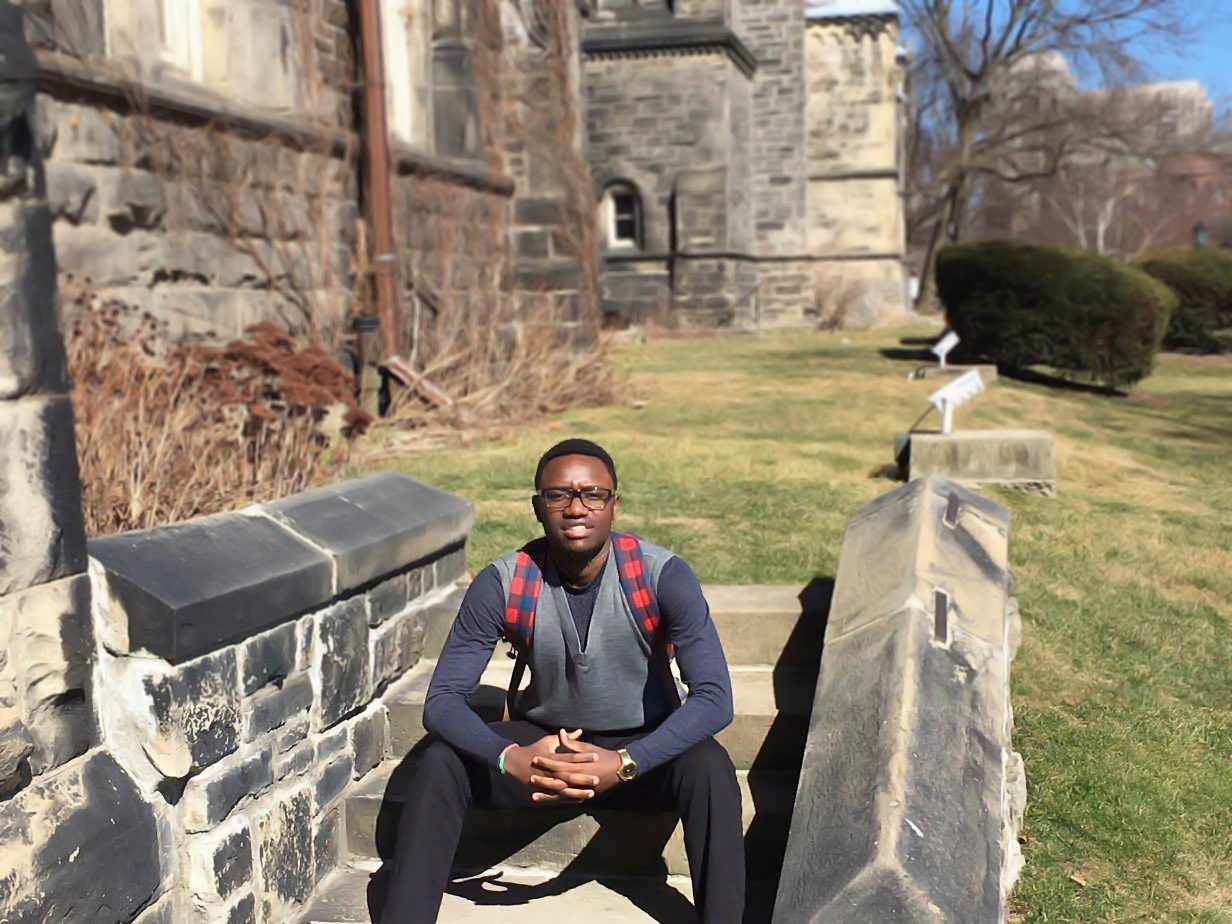
“I believe that with education, people have the power to tackle and solve problems that affect their communities,” reflects Kelvin Njue, a graduate from the Aga Khan Academy Mombasa who has benefitted from the Ontario Tuition Waiver Programme.
Ruhi Kamal Manek, an alumna of the Aga Khan Academies Mombasa, took away one enduring lesson from the Academy: the importance of engaging in thoughtful and careful consideration of diverse opinions.
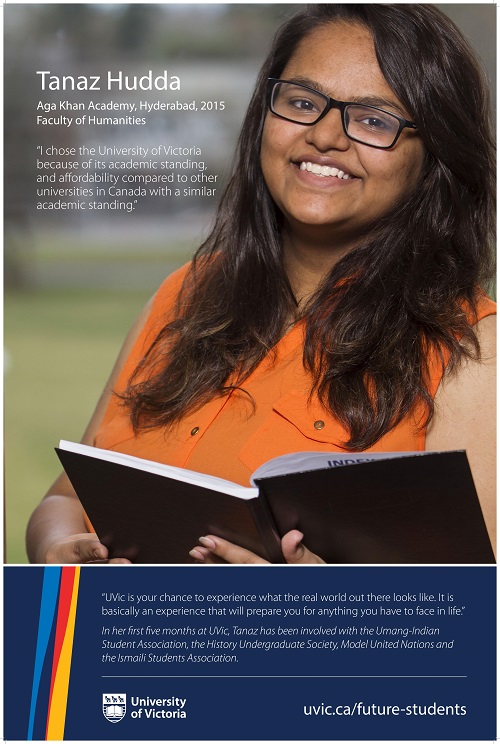
Tanaz Hudda currently acts as the new poster girl for the University of Victoria. She graduated from the Aga Khan Academy Hyderabad in 2016 and has just completed her first year of university in Canada.
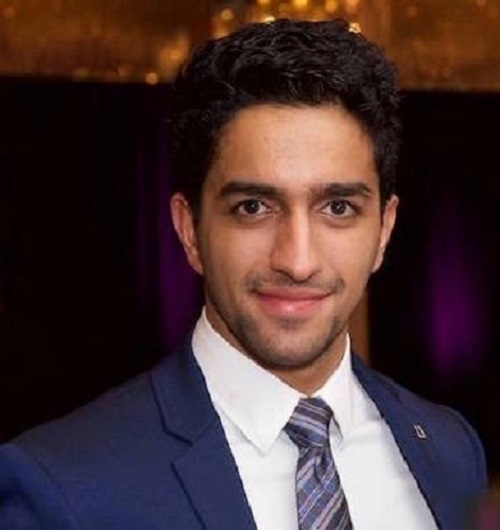
Aleem Mawji shares his journey of self-discovery, which began at the Aga Khan Academy Mombasa and continued towards creating tangible change.
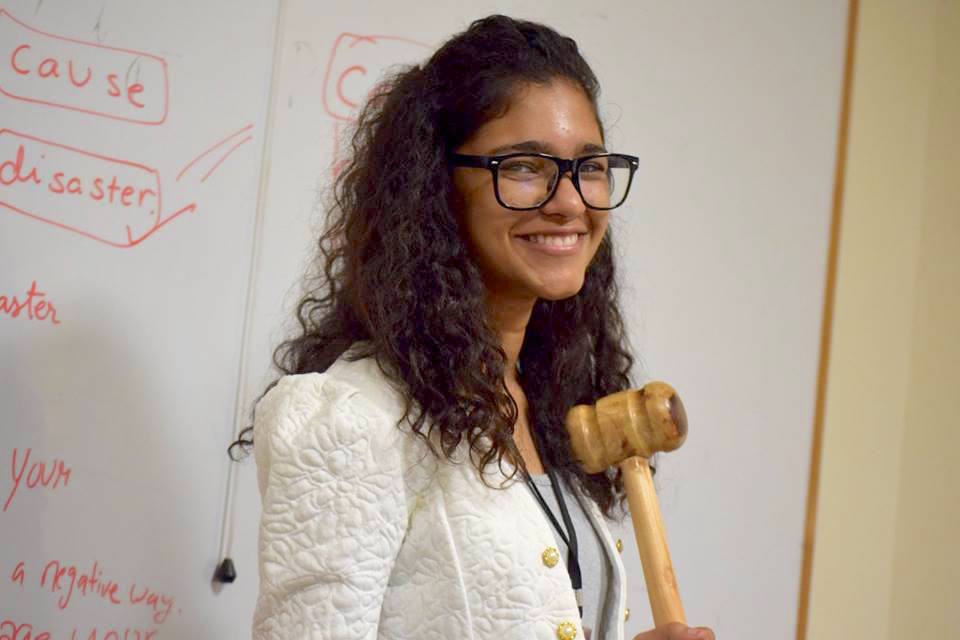
Khushboo Khoja has a strong passion for helping others which she developed during her time at the Aga Khan Academy Hyderabad. “I feel like my experience at the Academy was very significant as it made me realise that I am interested in working with social issues and trying to help communities,” she reflects.

Aman Punjani graduated from the Academy in 2016 and took a gap year to pursue his career as a competitive cyclist. Today, he is the U-23 Telangana state champion.
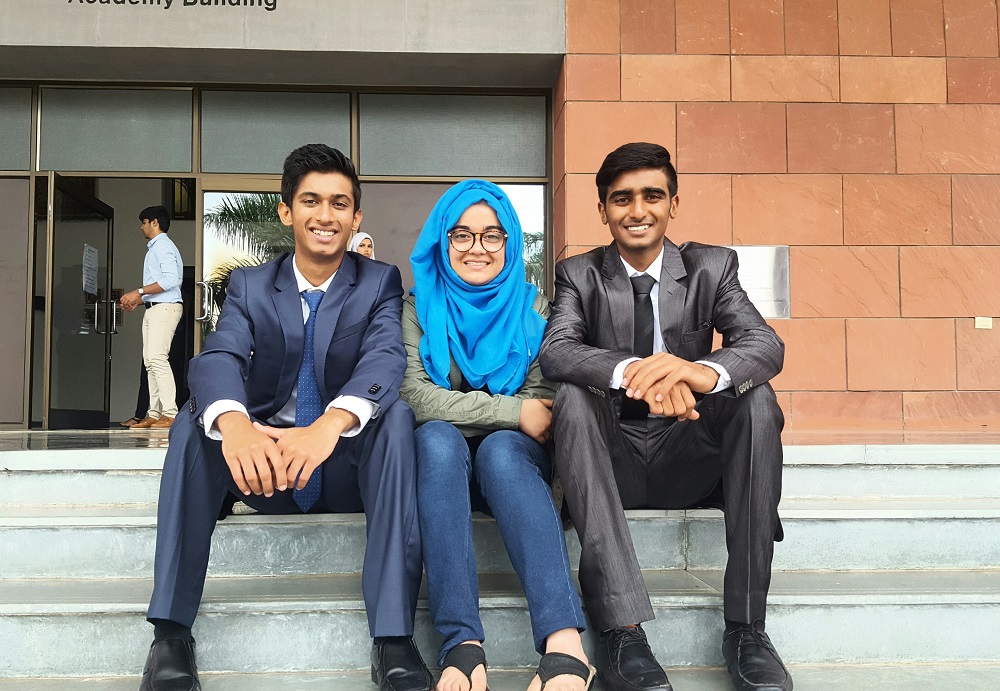
“Being part of an open-minded community that encouraged challenging what we were taught, the willingness to accept one another, and inspire each other to grow constantly, was very refreshing. I credit these experiences for much of who I am today.” – Dania Quadri, Academy alumna, class of 2014.

Aga Khan Academy graduate Joshua Tibatemwa swam for Uganda in the 2016 Rio Olympic Games. He credits the Academy with growing him not just academically but "as a person.” He plans to return to Uganda, saying, “If I want things back home to change, I have to work to be the change.”

“I think that at the end of the day what everything comes down to is how we can be citizens of the world and how we can change the world that we live in to make it a better place for ourselves and children that follow us. And part of that also means giving back to your own community,” says Karishma Bhagani.
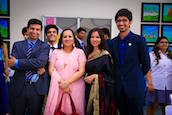
"The Academy is an environment that challenges and nurtures leaders that are fearless, courageous and stewards. I have always envisioned growing up to be one myself."

Kashyap Gohel, who graduated from the Aga Khan Academy in Mombasa, tells us about his experiences and how the Academies contributed his many accomplishments.
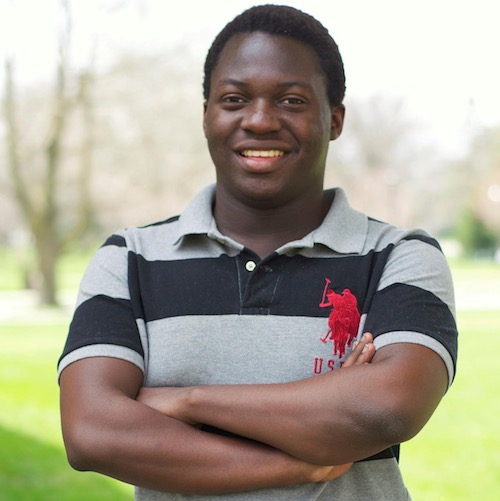
Ham Serunjogi, an alumnus of the Aga Khan Academy Mombasa, is a natural leader, bold thinker and team player. A recent graduate of Grinnell College in Iowa, Ham traveled widely before landing a job at Facebook. He has a passion for making connections that give back.

"There are a lot of values that the Academy instilled in me that I carry to this day. It has taught me the importance of being aware of the community around us as well as giving back to the community whenever possible," says Class of 2012 alumnus Fatema Sheikh.
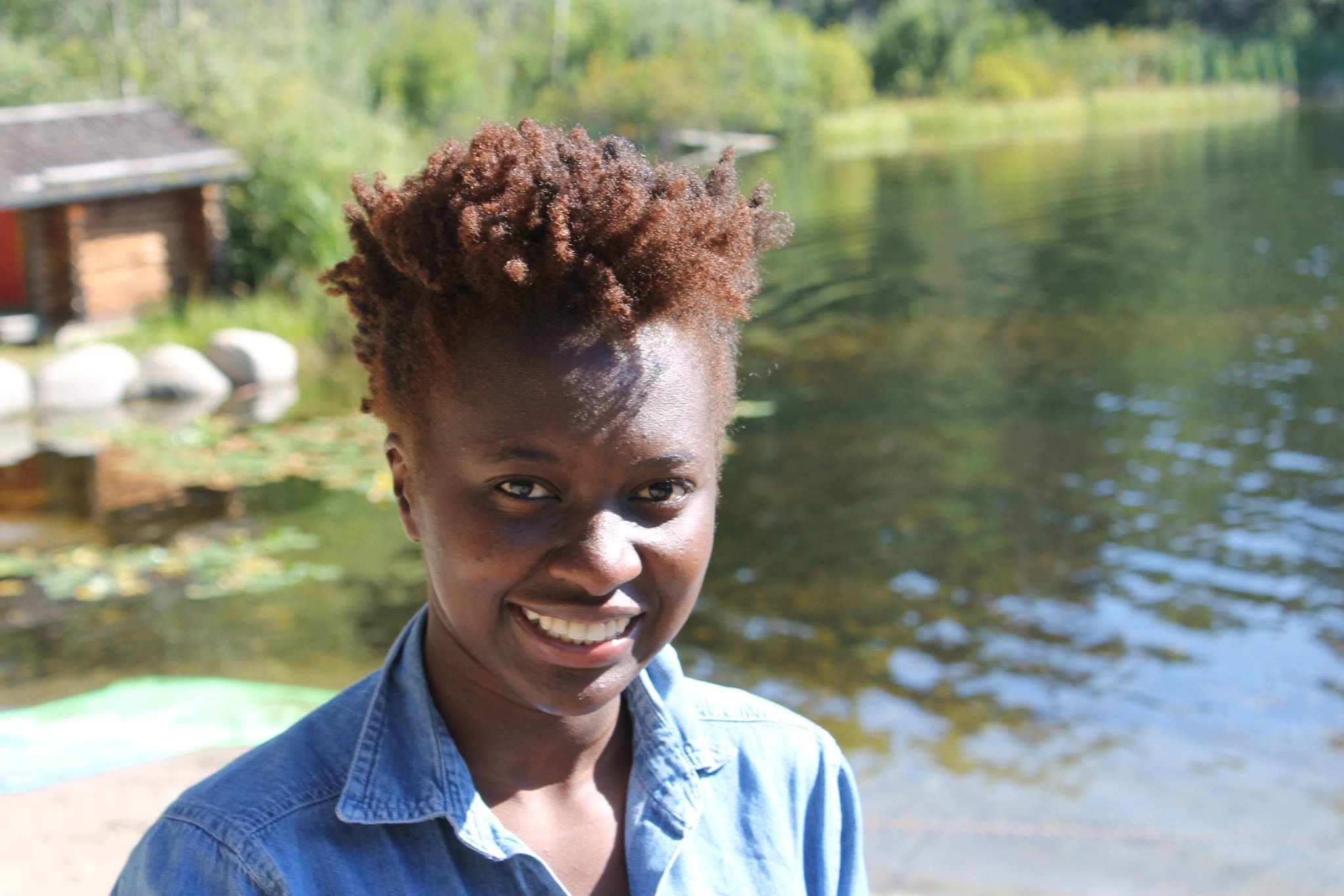
“I believe [Aga Khan Academy Mombasa] is where I shaped my values that I still hold to this day. It is also where I saw and felt the importance of building a community, no matter how large or small.” Indeed, the importance of these values to Mirabelle Arodi is obvious in her actions after graduation from the Academy.
Spotlights on Teachers
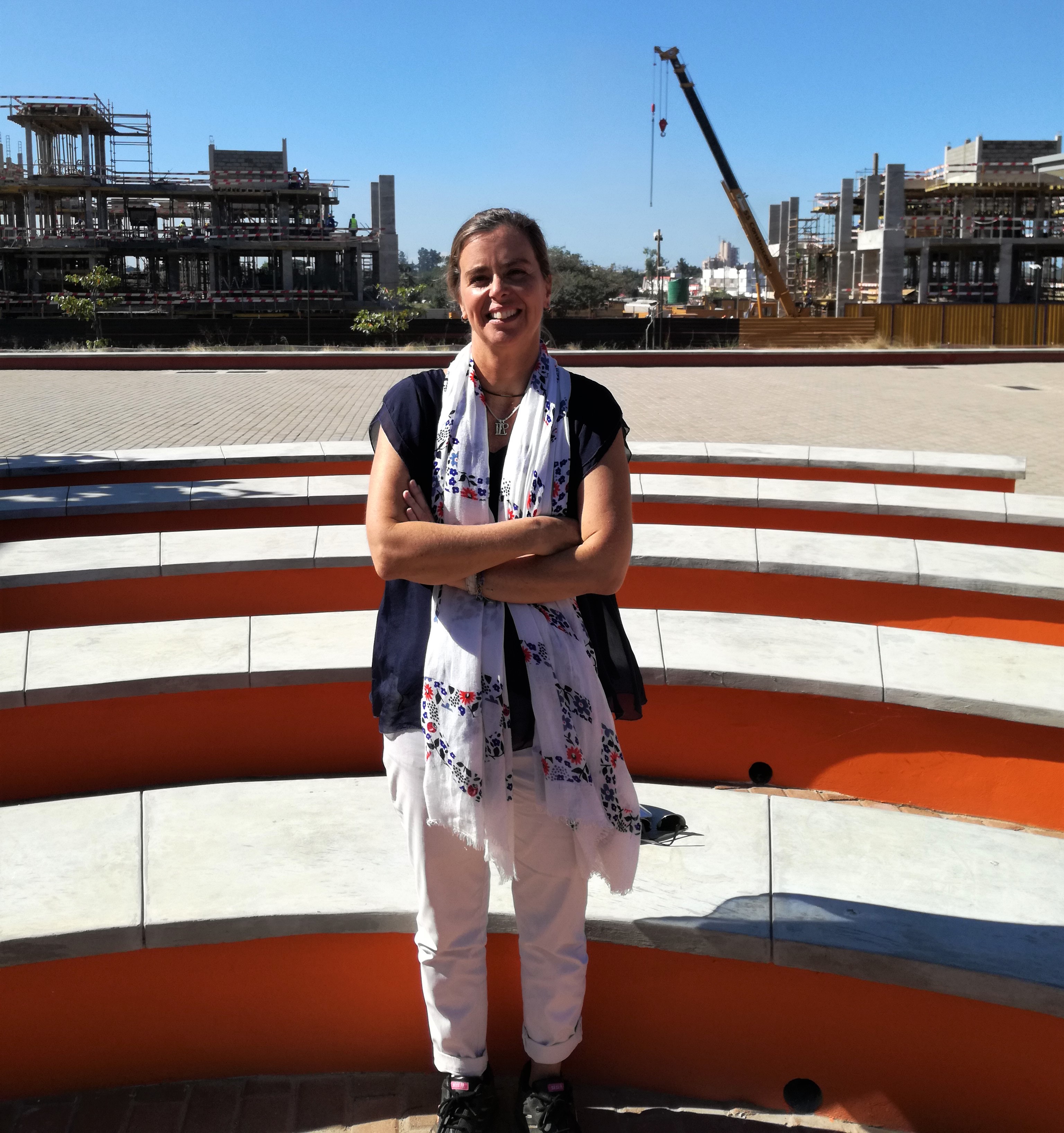
From the construction of the Aga Khan Academy Maputo’s very first buildings to some of its final facilities, Laura Ivens Brandão has been involved in the AKA Maputo’s development and expansion since the very beginning.
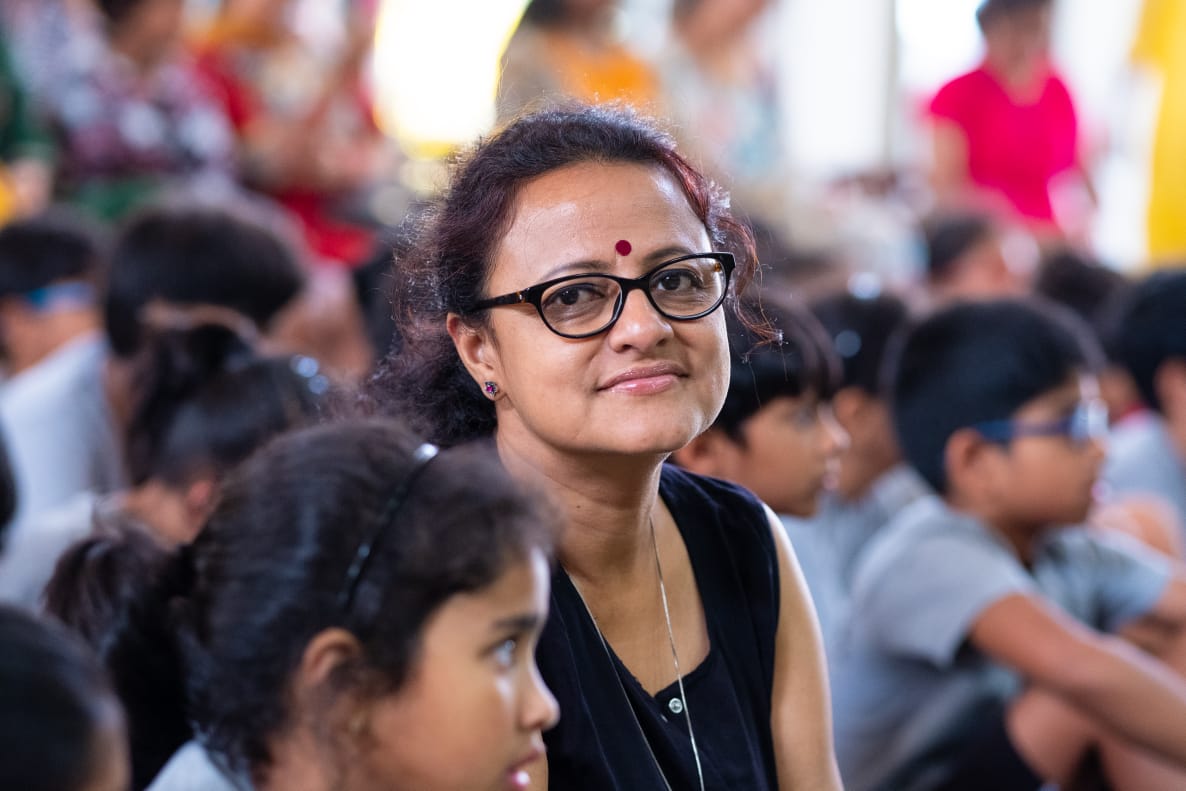
Laboni Banerjee recently celebrated her 10-year anniversary with the Aga Khan Academy Hyderabad as a Grade 3 teacher. Throughout her time, Laboni has seen the Academy grow in size through the number of programmes, students and staff, making the Academy a second home for her she is grateful to be a part of.
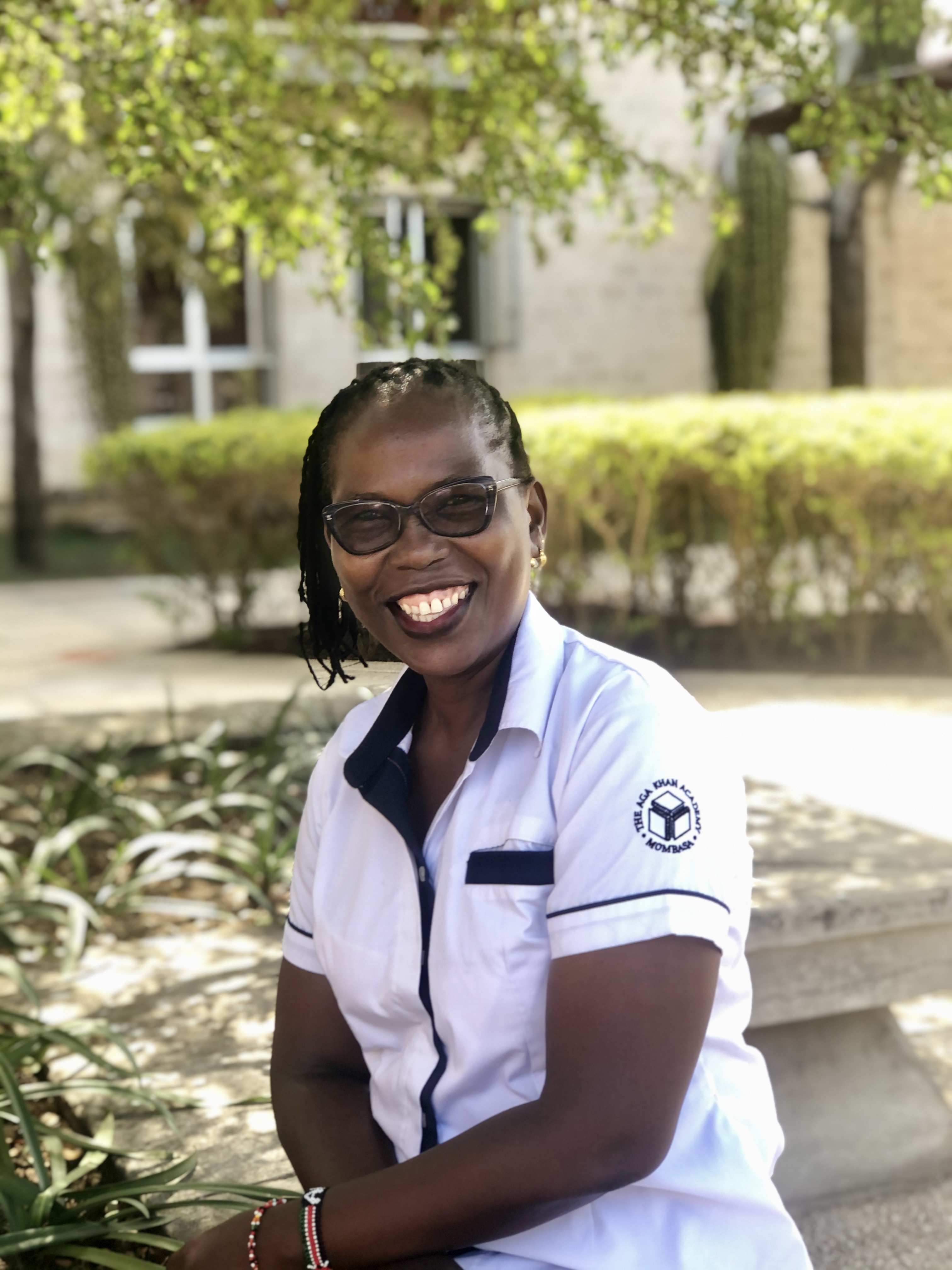
When Milka Gatungoh joined the Aga Khan Academy Mombasa in 2010 as the residential school nurse, she knew her experience was going to be exciting and fulfilling.

Since he joined the Academy in 2015, Titus has been a transformational leader. He is passionate about continuously developing effective teaching practices, thus giving students the best learning experiences. As he expresses, “There is no greater joy than nurturing young learners and witnessing them grow into more responsible, reflective and increasingly independent individuals.”
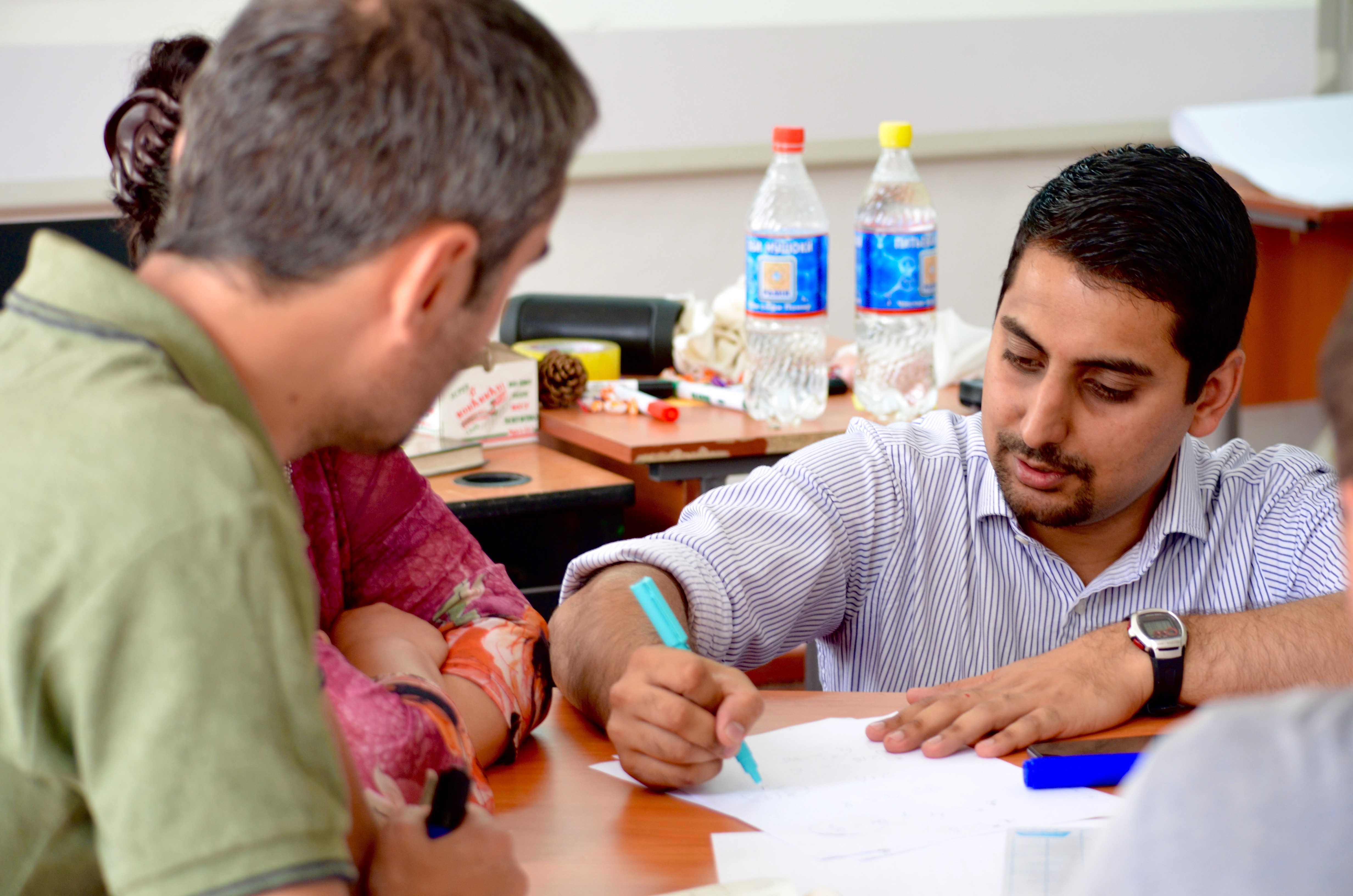
Joining the Academy virtually for the new academic year 2020 - 2021, our new Senior School Principal is excited to provide support to our teachers and collaborate with them in order to make as big an impact as possible as a group.
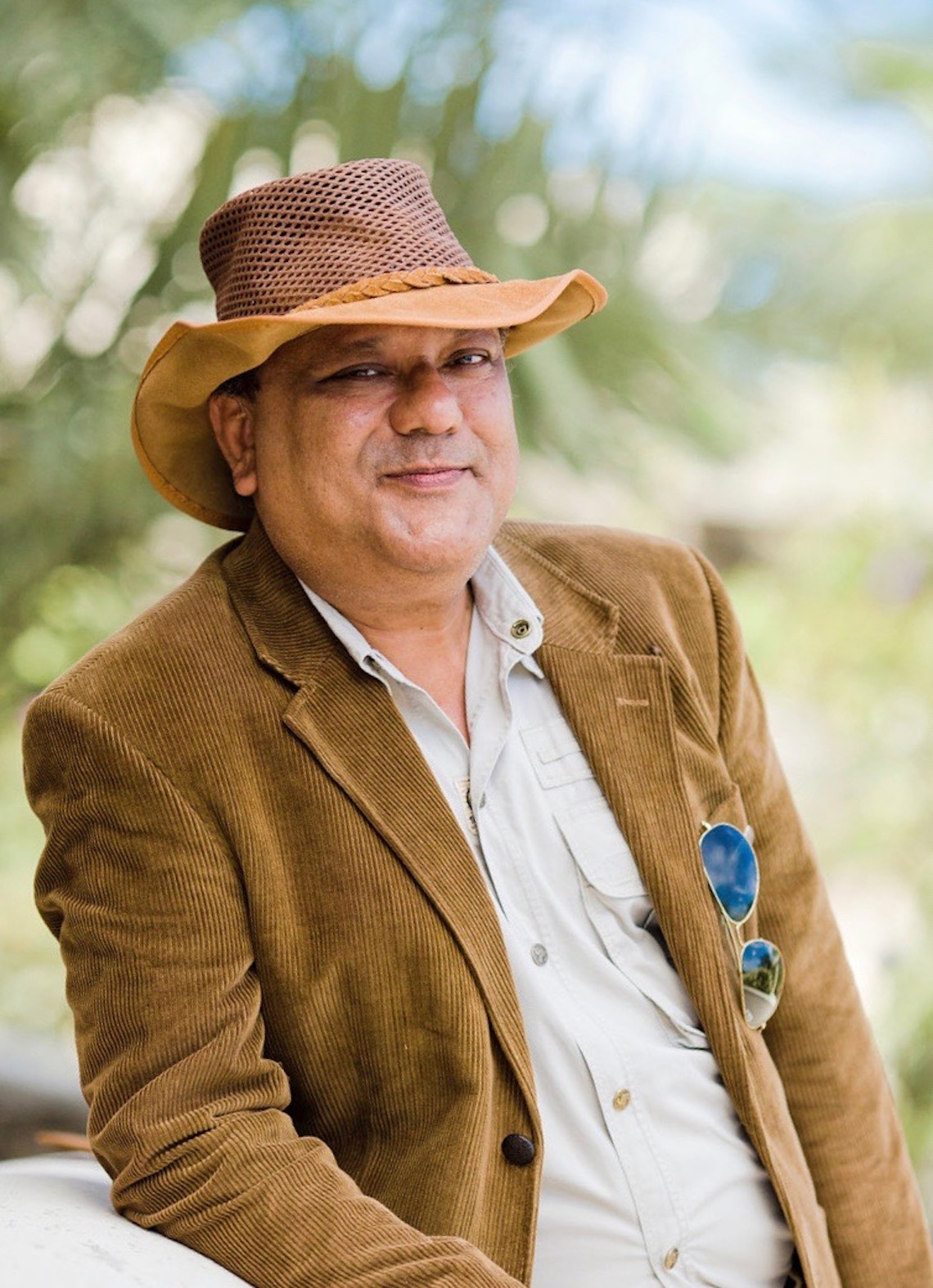
Shouquot Hussain was born and raised in India and has been the Vice Principal of the Diploma Programme (DP) at the Aga Khan Academy Mombasa for seven years.

During her time at AKA Mombasa, Samantha Caras has transformed the University Counselling department by providing numerous resources to students and helping them apply to different universities around the world.
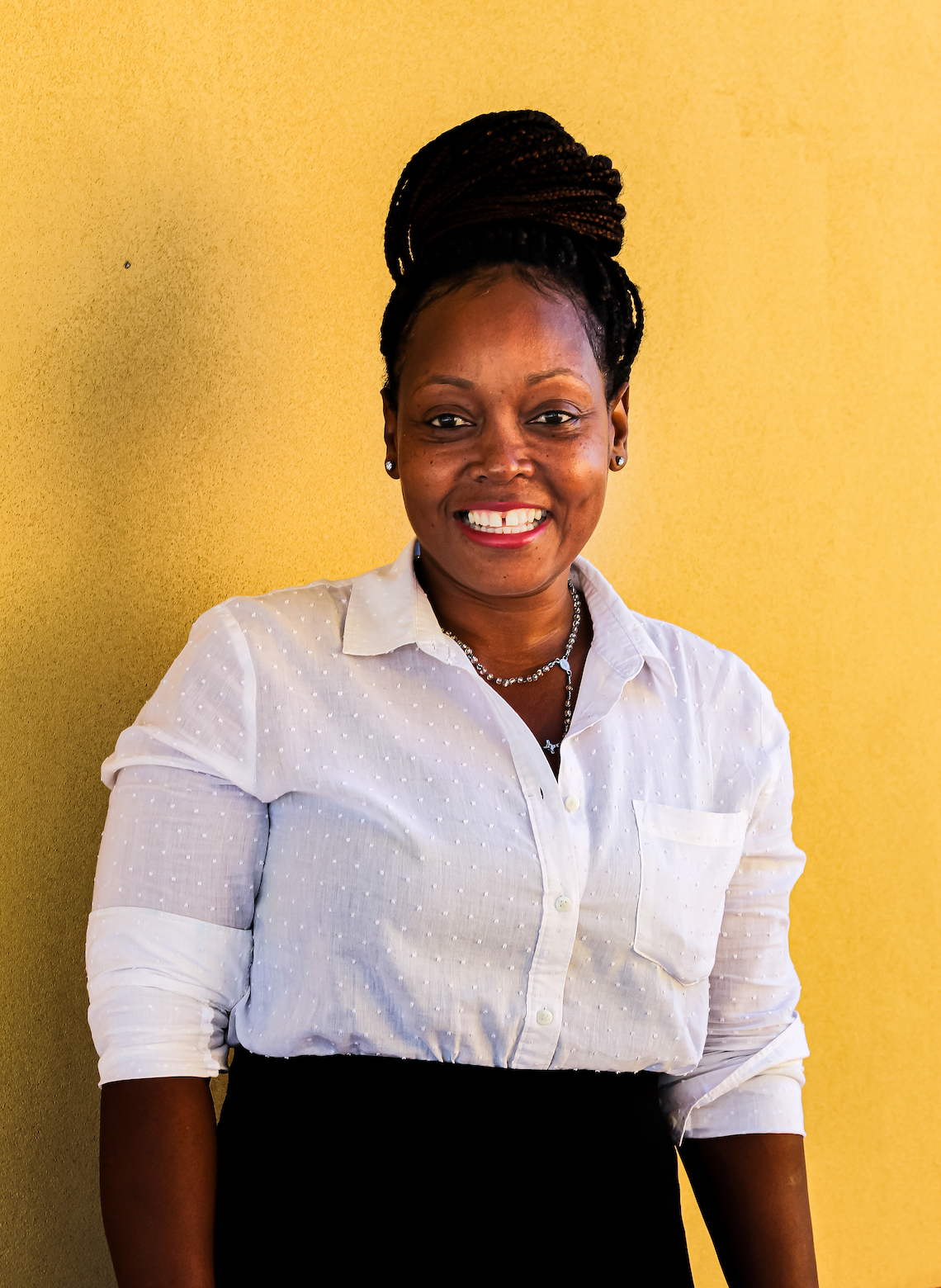
Participating in theatre and drama activities helped Rosa Jorge from a very young age. It gave her the courage to break out of her shell and now she wants to empower her students at the Aga Khan Academy Maputo with the same tools to become well rounded individuals.
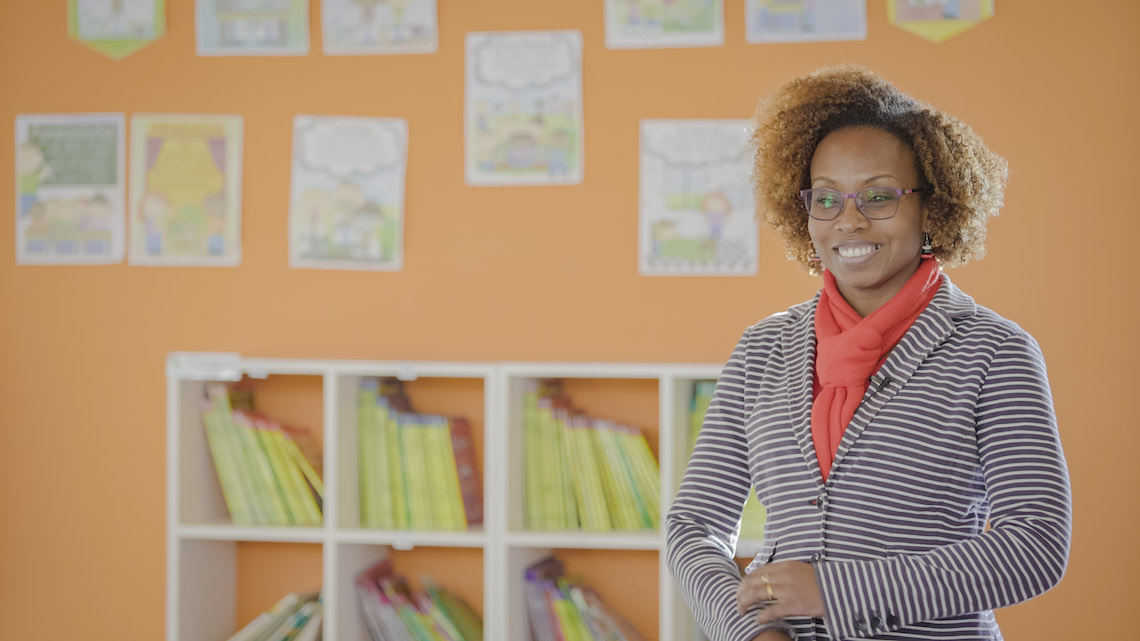
Throughout the course of her teaching journey, Adilia Cabral has valued the importance of inclusivity in creating an engaging and fruitful environment in the classroom. She shares details of her evolution during her time at Aga Khan Academy Maputo.
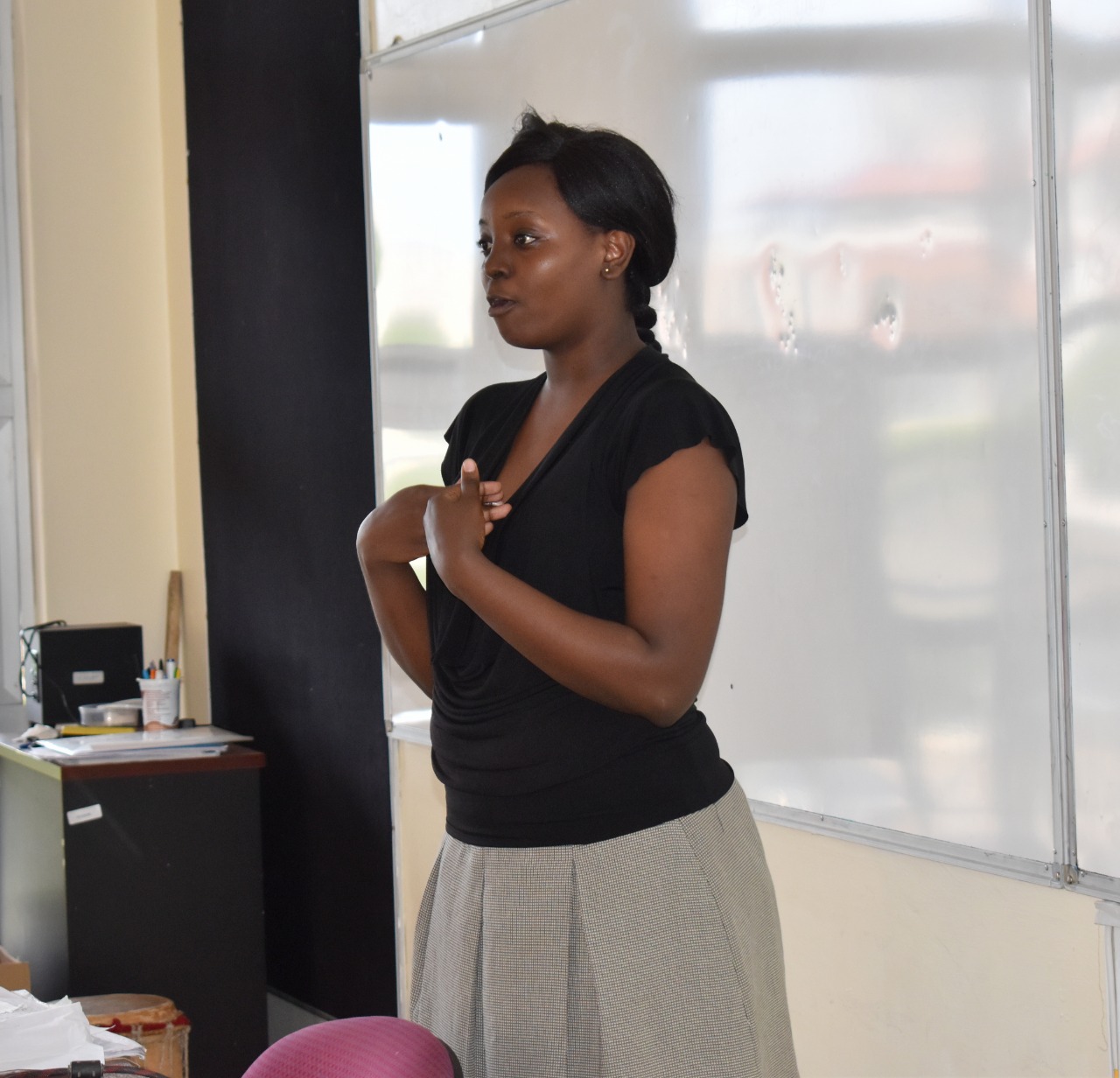
Fiona Makena Kinyua graduated from the Teacher Preparation Programme at the Aga Khan Academy Mombasa in June 2019 and is taking classrooms by storm, one student at a time.
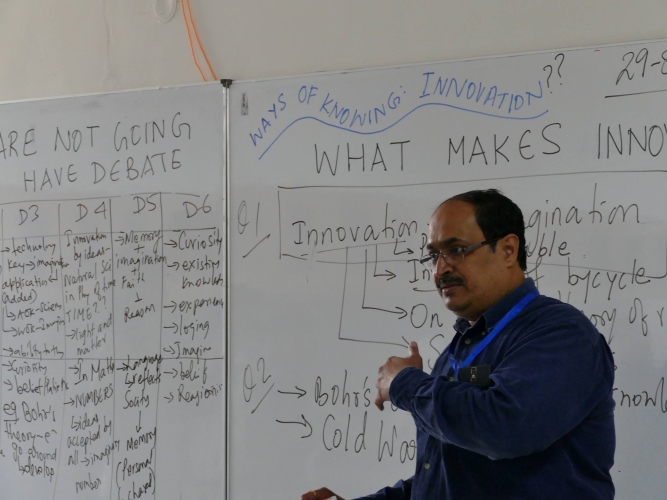
Sincere, kind and down-to-earth. These are some of the words many at the Academy have repeatedly used to describe the Diploma Coordinator of the Aga Khan Academy Hyderabad.
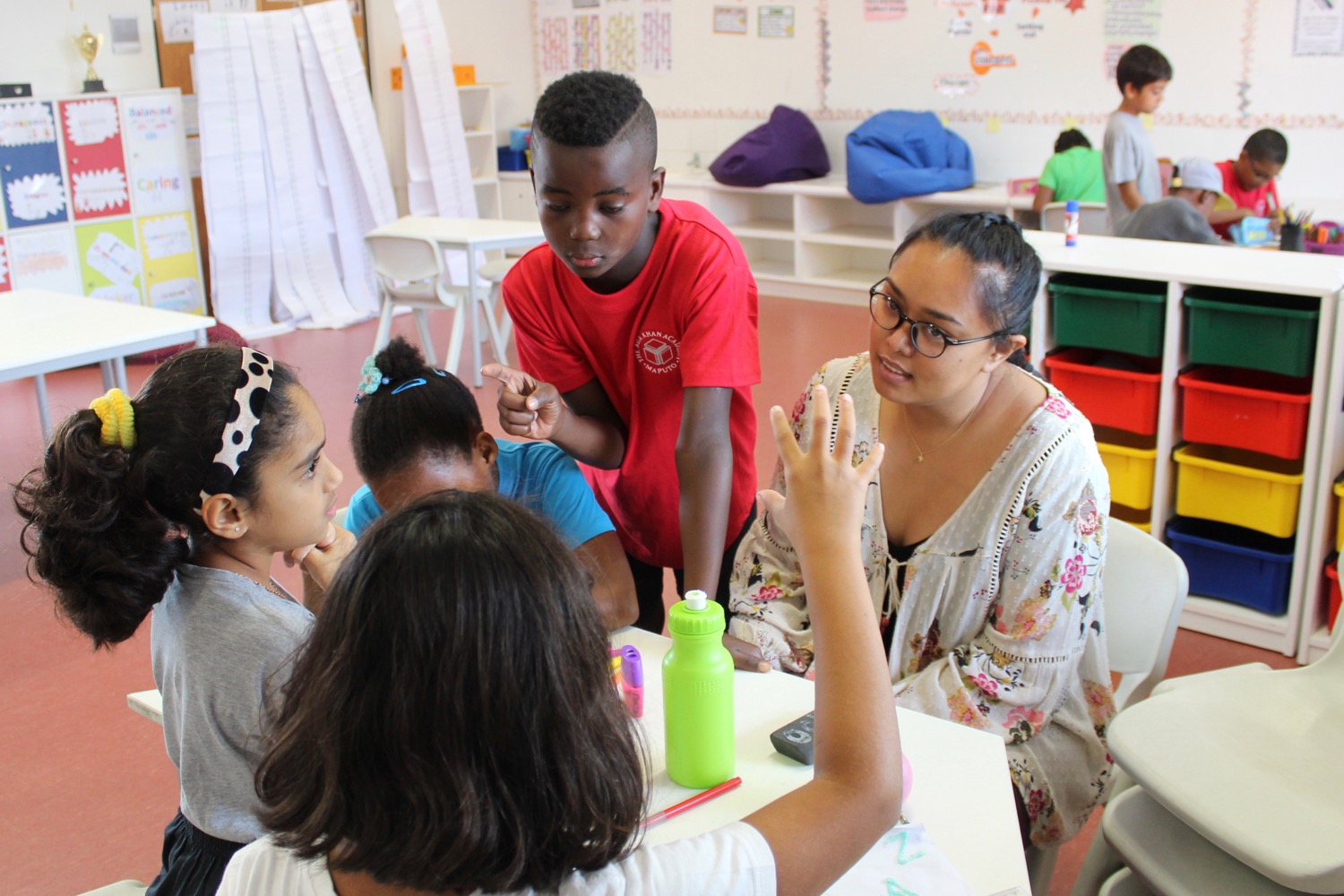
For Idah Khan O'Neill, PYP Teacher Coach at the Aga Khan Academy Maputo, having the opportunity to join the Academies network and help realise His Highness the Aga Khan's vision for education in Mozambique is a privilege, as she shares: “It is my mission, in my capacity as a Teacher Coach, to be able to help realise this goal through play and creativity with regards to the way we teach and learn.”
For the Middle Years Programme (MYP) Coordinator, Rebecca Nichols, the sky is the limit when envisaging the future of the Aga Khan Academy in Maputo, Mozambique. More importantly, in her eyes, how the Academy keeps growing, shaping and expanding its role in the country and beyond must lie in the hands of students.

By using mentorship and seeing the potential in all of her students’, Harriet Chadwick, a Humanities teacher, helped her students understand and appreciate Humanities, while also encouraging them to become leaders.
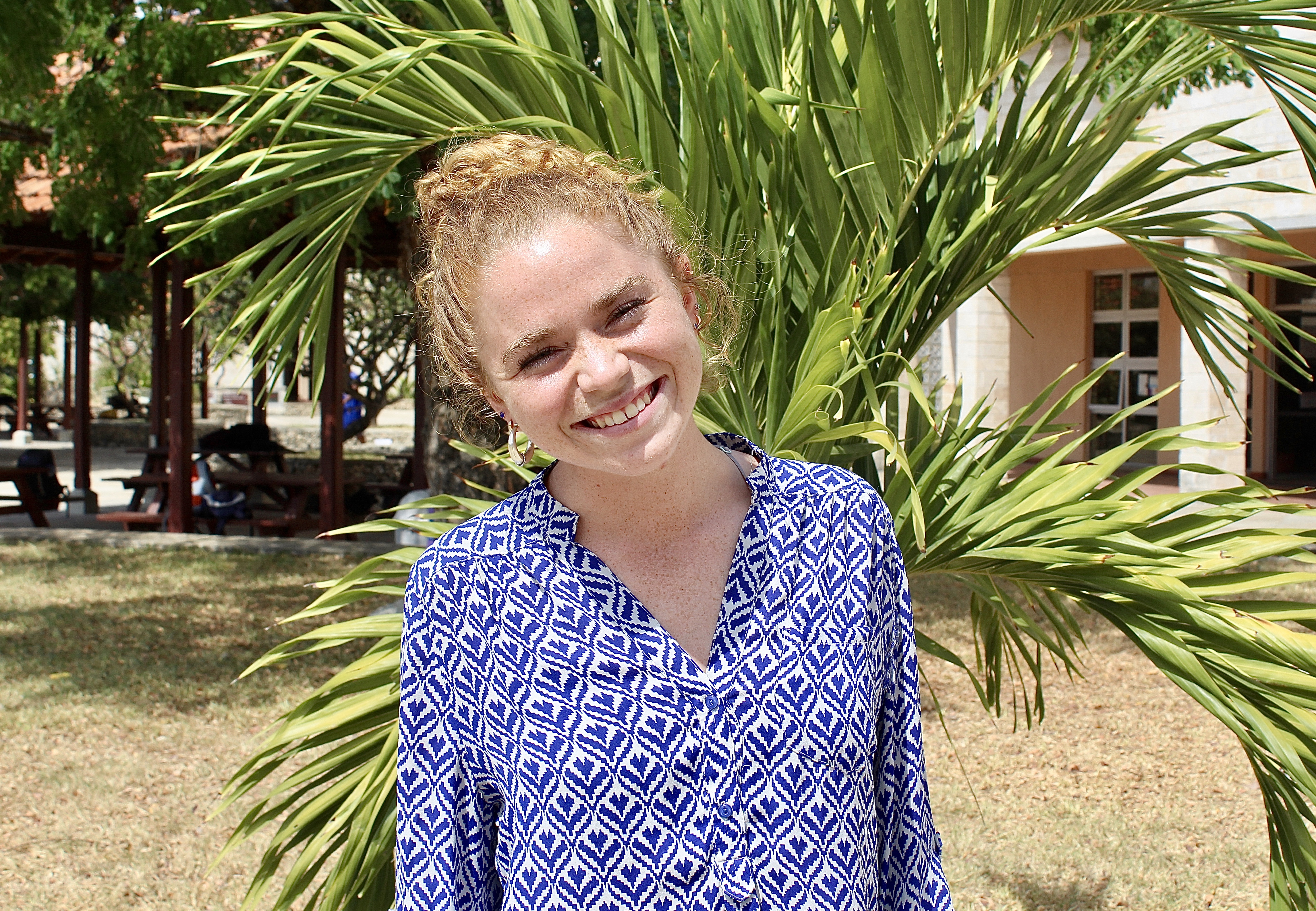
With a community-centered and open-minded mindset, Clare McLaughlin, an Academy fellow, promoted new ideas and programmes, which enabled the Academy to grow in many ways.

Ajey, who holds several specialist degrees, ultimately found his calling teaching French at the Aga Khan Academy Hyderabad. “The unconditional love and acceptance I receive from my students is the best testimony to my professional accomplishments,” he says.
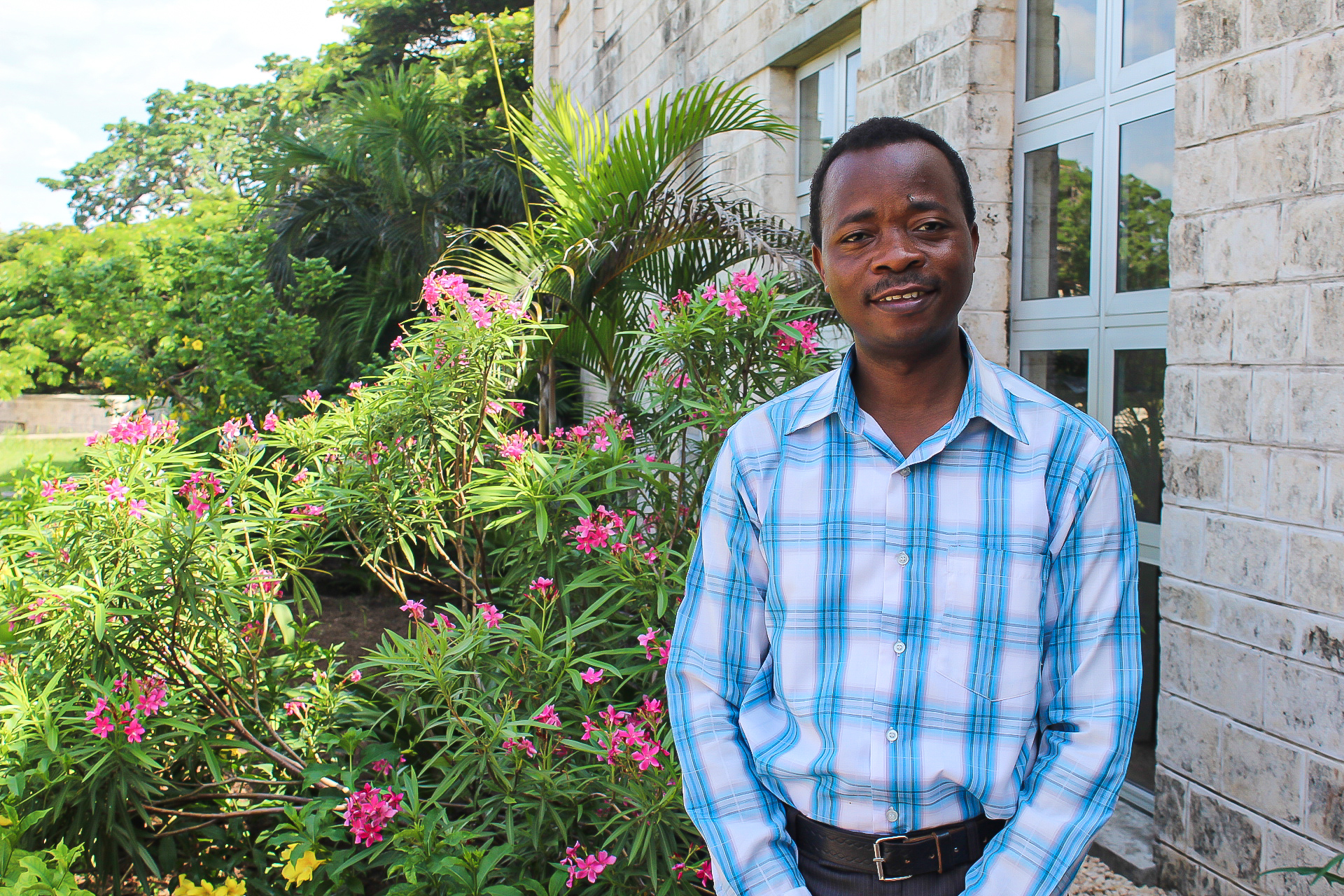
With the support of his colleagues, Stephen Nyundo, a Mathematics teacher and head of the department, has helped students implement strategies to help themselves and others in Mathematics.
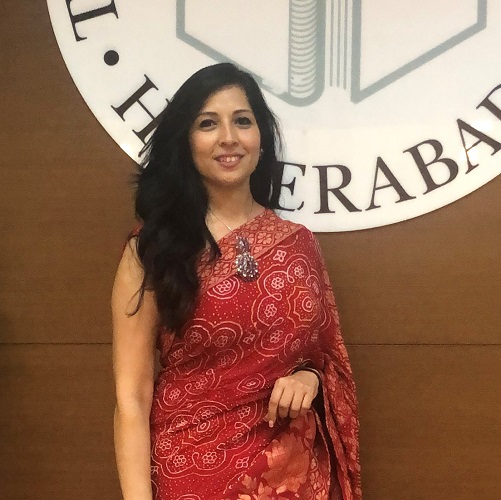
“When we started out, we knew we had to set the standard for what the future would hold. The vision and the philosophy of His Highness the Aga Khan has been taught to us since when we were children; to see a culmination of this in the form of a school that aspires to raise leaders of tomorrow was immensely gratifying."
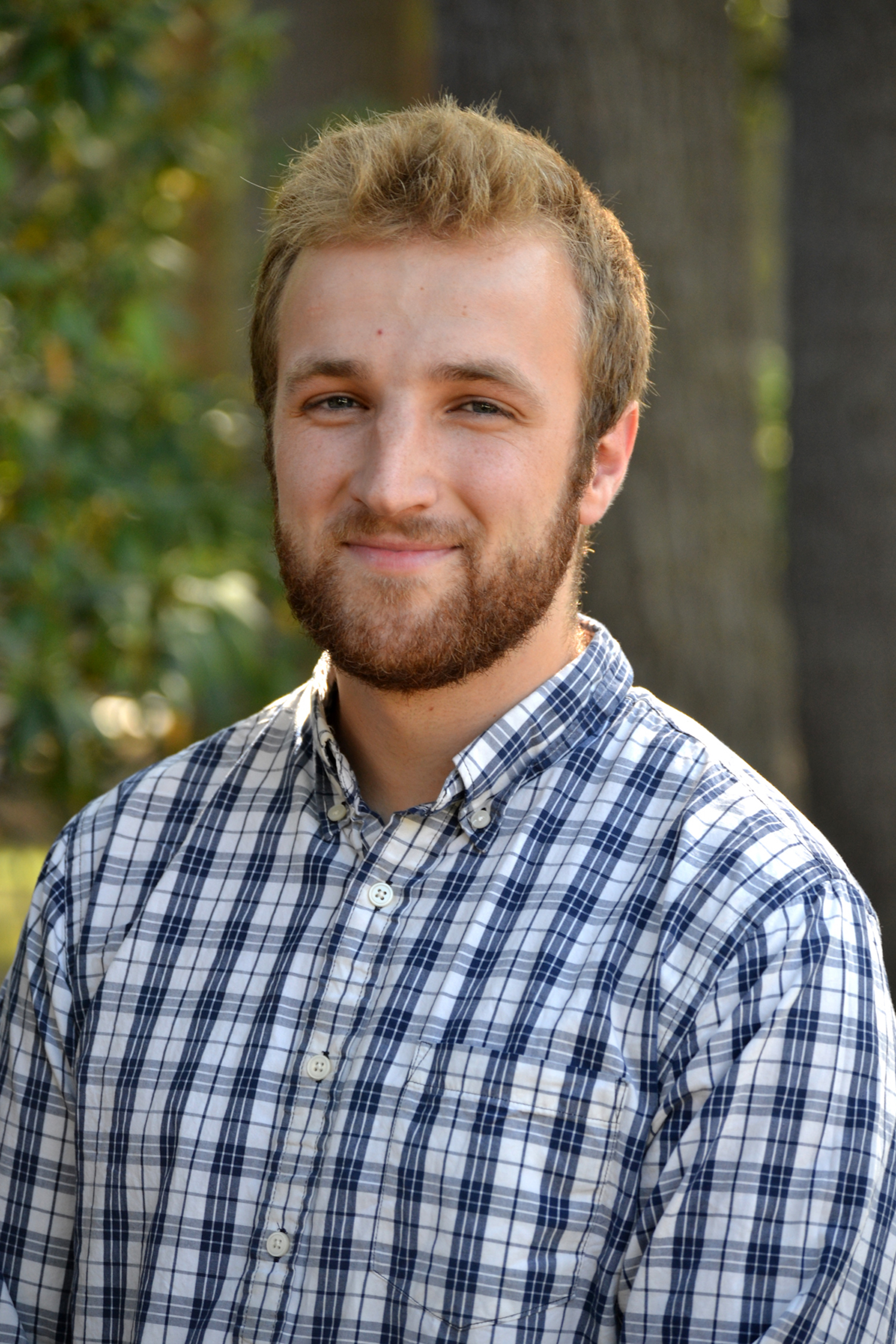
Throughout his time at AKA Mombasa, Ryan Herman, an Academy fellow, has worked on various projects and programmes at the Academy, all aimed at helping students realise their academic potential and more.
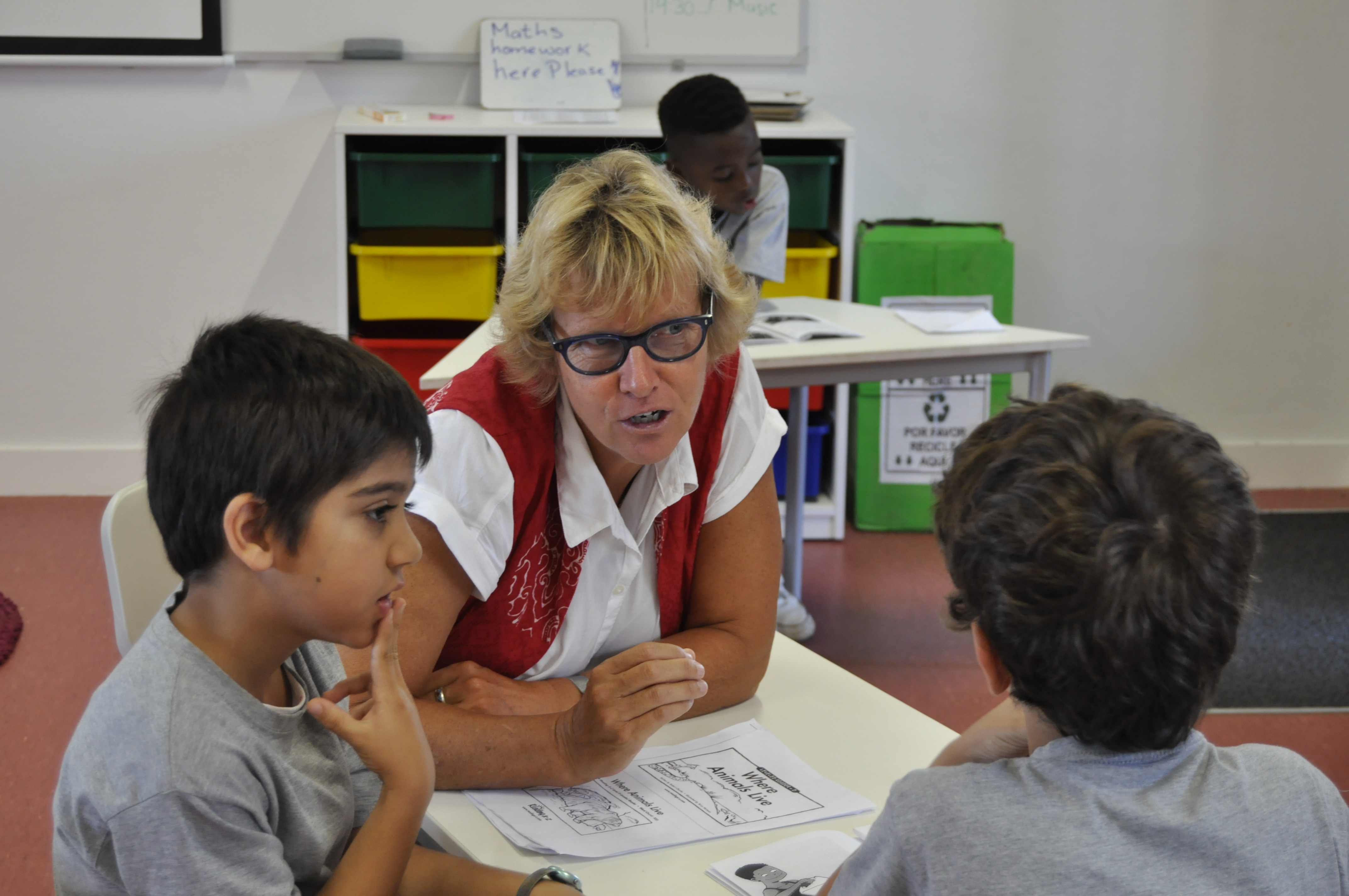
Ask Maike Silver, Junior School Principal at the Aga Khan Academy in Maputo, Mozambique, what attracted her to teach at the Academy. “The vision and mission of the Academy,” she states simply. “The vision to inspire young people into becoming future leaders of their countries. To actually have the ethical persuasion to make a difference in the lives of their countrymen.”
Anjum Budhwani always wanted to teach at the Aga Khan Academy Hyderabad, and since she got the job seven years ago, every day of work has been special. “Compassion builds a strong relationship between teacher and student,” she says.
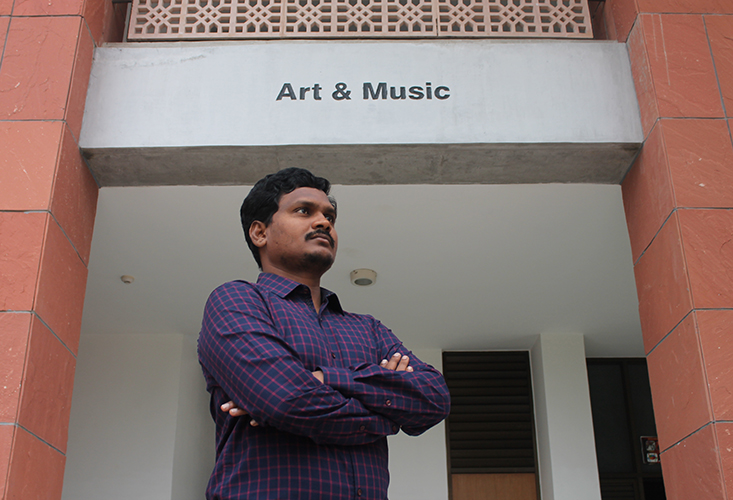
“I had the freedom to run and develop the department,” Chandra says, of being the first drama teacher at the school. “I have used this freedom to develop the students’ abilities in acting, communication, confidence, creativity and thinking skills.”
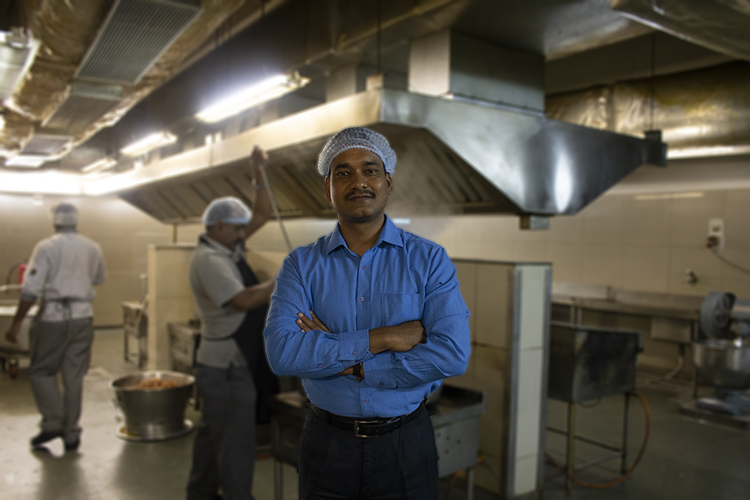
AKA Hyderabad catering manager talks about his experiences as an artist, an army man, and a chef. “A person can be responsible and efficient towards his job only when has known himself,” he says.
Students Cinzia Torriani (year 10) and Alisha Doshi (DP1) interviewed Alison Hampshire, the new Head of Academy at the Aga Khan Academy Mombasa. They discussed important themes in education, passions, dreams and life lessons.
They should always feel that I’m there for them, no matter the situation, or condition or time of day. You have to tailor yourself to the needs of the students... I change myself, as per their needs.
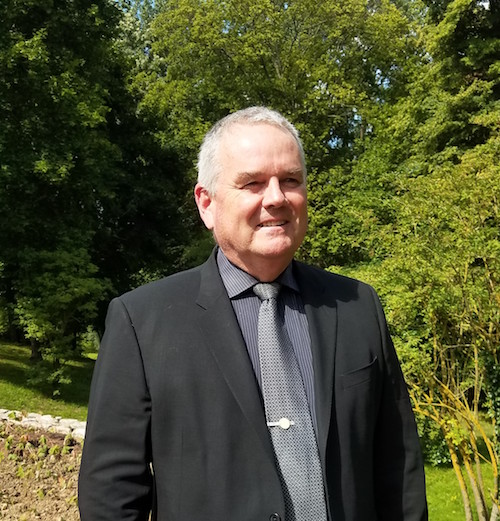
Jonathon Marsh has system-wide responsibility for teacher development at the Aga Khan Academies network and has worked for the Academies for the past 10 years. In this interview, he shares the highlights of his position at the Academies, and reflects on how the Academies are unique from other educational institutions: "I see the profession of teaching as critically important to the health and ongoing development of any society. As such, I can think of no better way to contribute to the betterment of humanity."
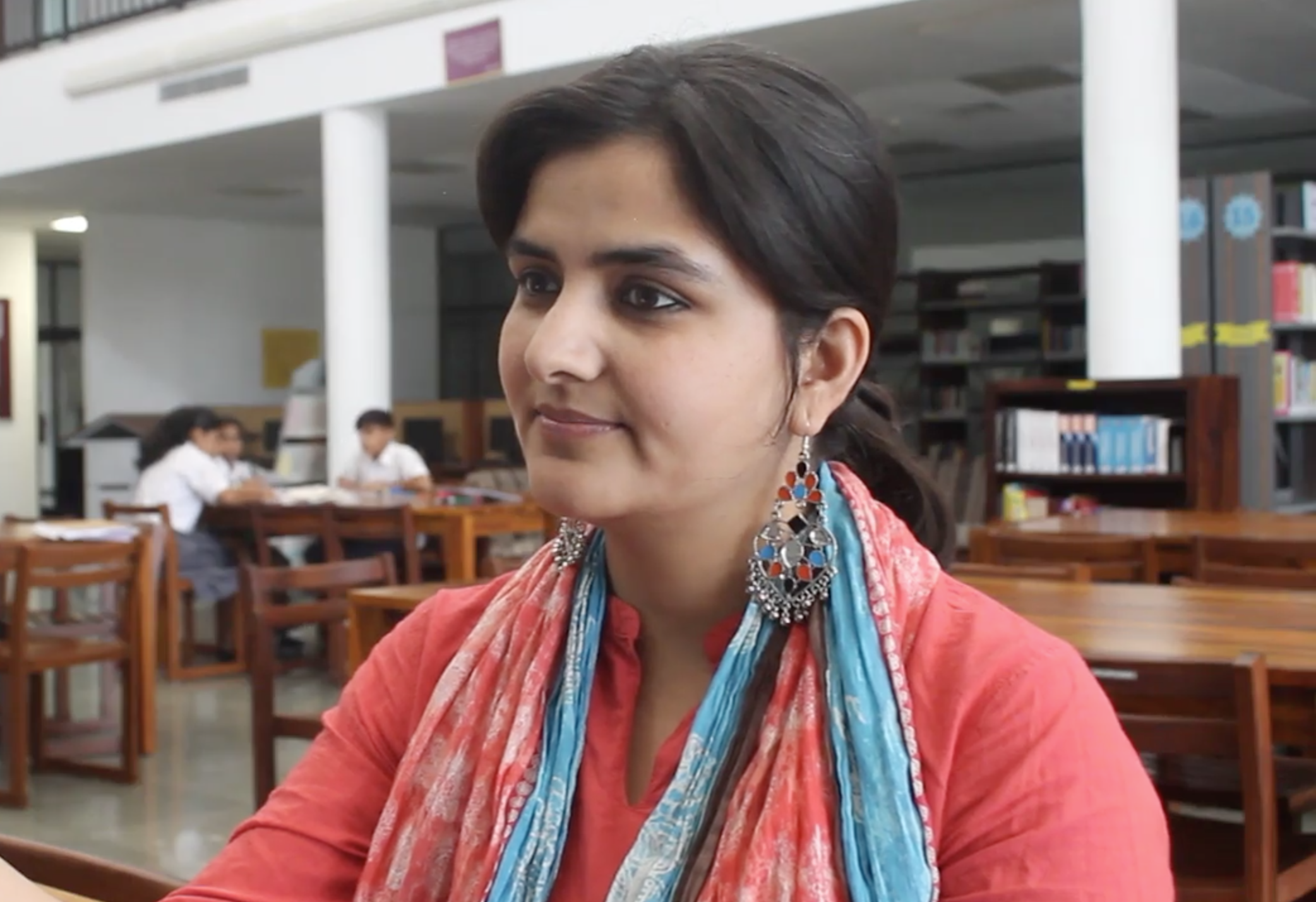
The Teacher Preparation Programme (TPP) is one of the Aga Khan Academies’ landmark teacher development initiatives. In this interview with Kamini Menon at the Aga Khan Academy Hyderabad, TPP participant Maryam talks about the TPP’s unique aspects and her experience with the programme.
Pinto, a teacher at AKA Maputo, shares: “I chose a career in teaching because I like to share what I know with others, especially young people, to help them to overcome the challenges in life. Being a teacher is like taking care of something special, so I decided to take care of that special thing, walking together in order to discover the world around us.”
Inner delight and the satisfaction obtained from working for a cause are the rewards I seek from my work.
Sumeya Taquidir shares, “I am conscious that learning is a continuous process; every day we learn something new [which] makes me more curious to learn new things. That is why we have to be creative and dynamic teachers.”
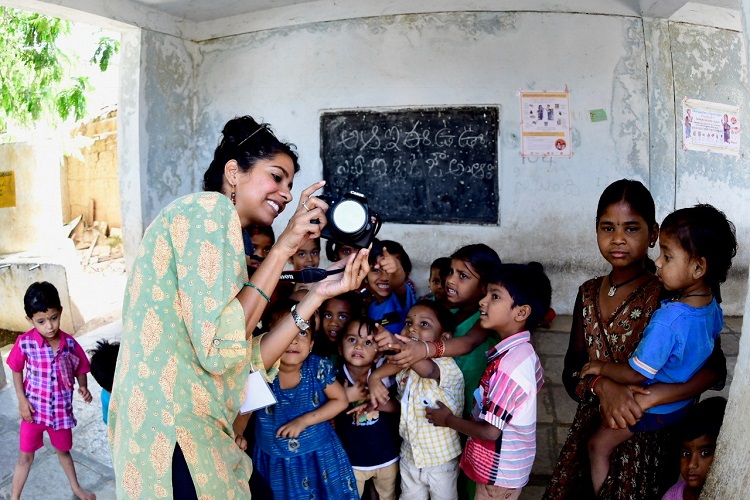
“I have always been inspired by the philosophy and implementing agencies of the Aga Khan Development Network, and it brings me great joy to have found a way to realise that career aspiration."
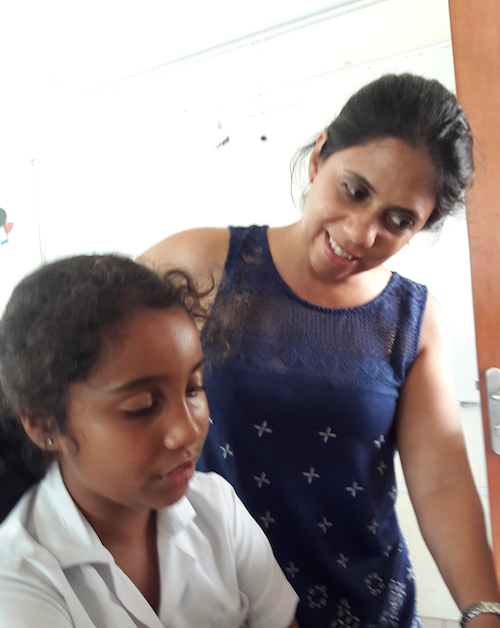
Nuala, the Learning Student Support Coordinator in Mombasa, endeavours to improve social outcomes through strategic planning and capacity building at the local government and community level. She explains her role, her journey and the culture of pluralism at the Academies.
Bernardo learned from the Aga Khan Academies that knowledge cannot just be seen as something that starts and ends in a classroom, but that knowledge should also be applicable outside the classroom to solve real problems in real life.
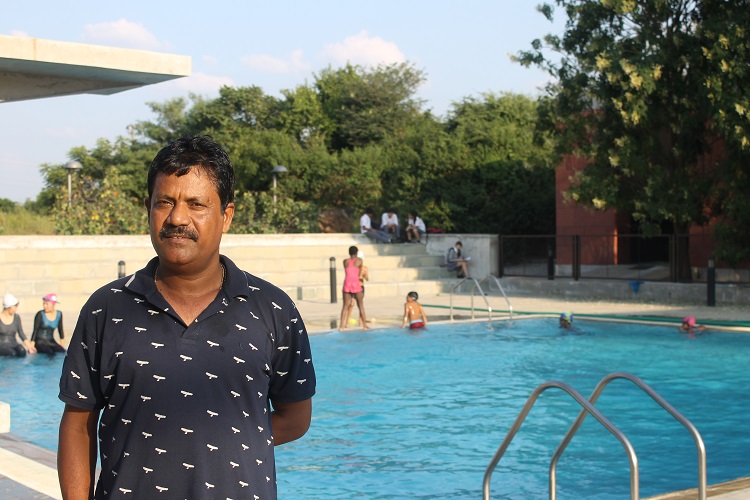
“It’s been a great pleasure to share my previous teaching experience here at the Academy,” commented Surendra. “The Academy is filled with enthusiasm when it comes to sports, particularly swimming.”
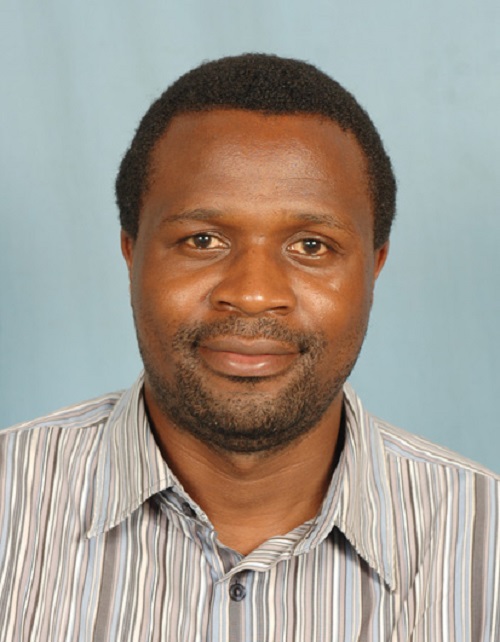
“I wake up every morning and look forward to seeing my students in class.”
Courageous and confident, Maria Atalia Matola travelled out of Maputo, Mozambique for the first time in her life to teach at the Aga Khan Academy in Mombasa, Kenya as part of the Aga Khan Academies’ Teacher Preparation Programme (TPP).
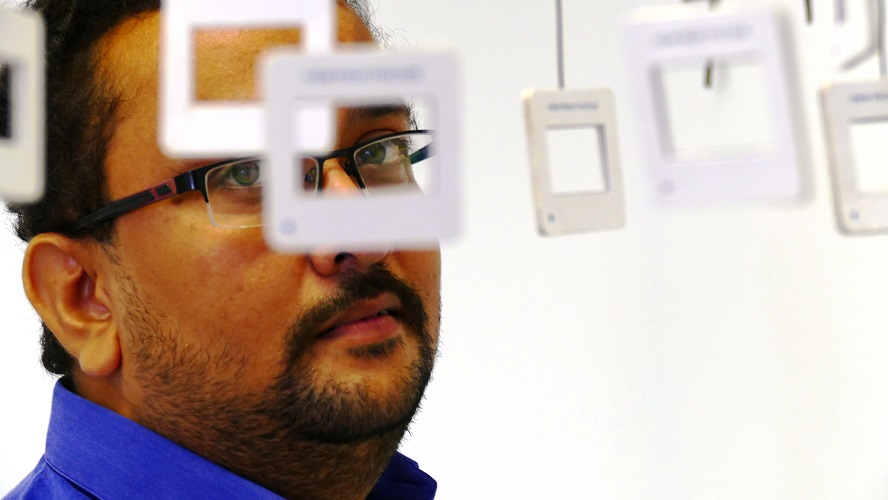
"What one must paint is the image of resemblance—if thought is to become visible in the world" - Rene Magritte.
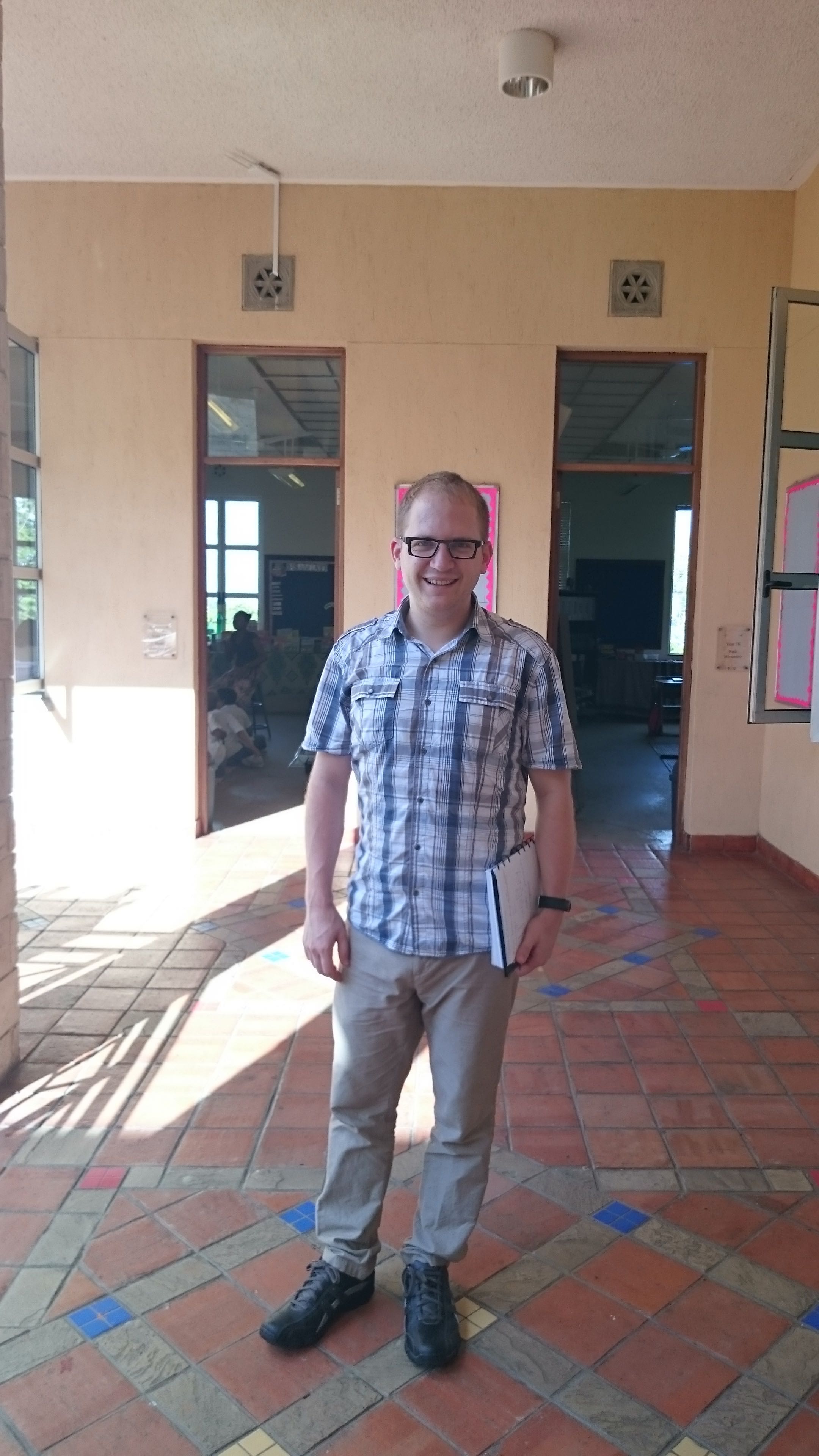
“I have had the opportunity to grow and learn as both an educator and an individual through my interactions at the Academy and through daily life in Mombasa," reflects Andrew Jones, a teacher seconded to the Aga Khan Academy Mombasa from Ontario. After his time at the Academy in Mombasa, Andrew has gained insight into three best teaching practices that he will share in Ontario.
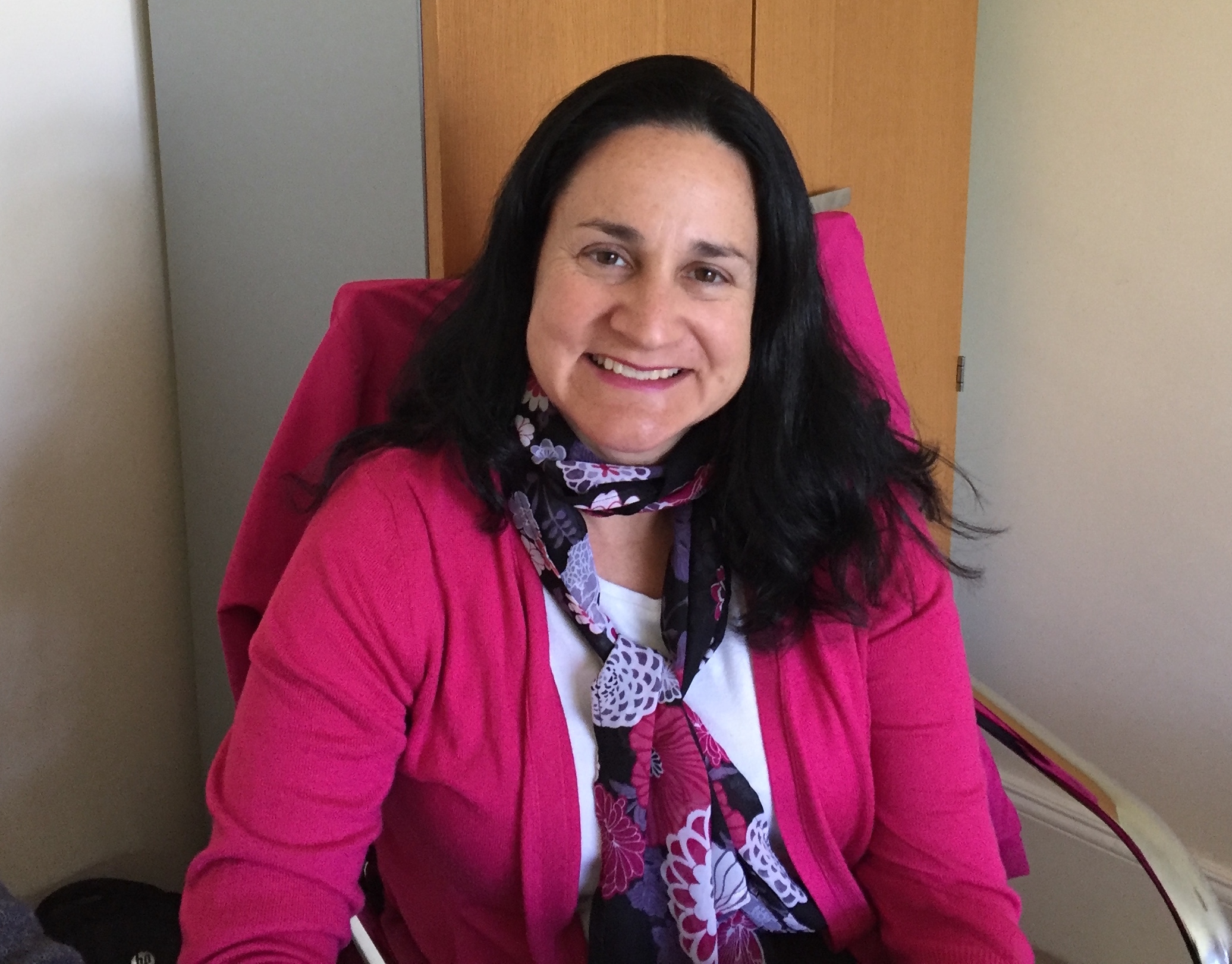
Theresa Urist has always had a strong desire to support students in their academic careers, which led her to the position of Global Director of University Counselling in 2015 at the Aga Khan Academies.
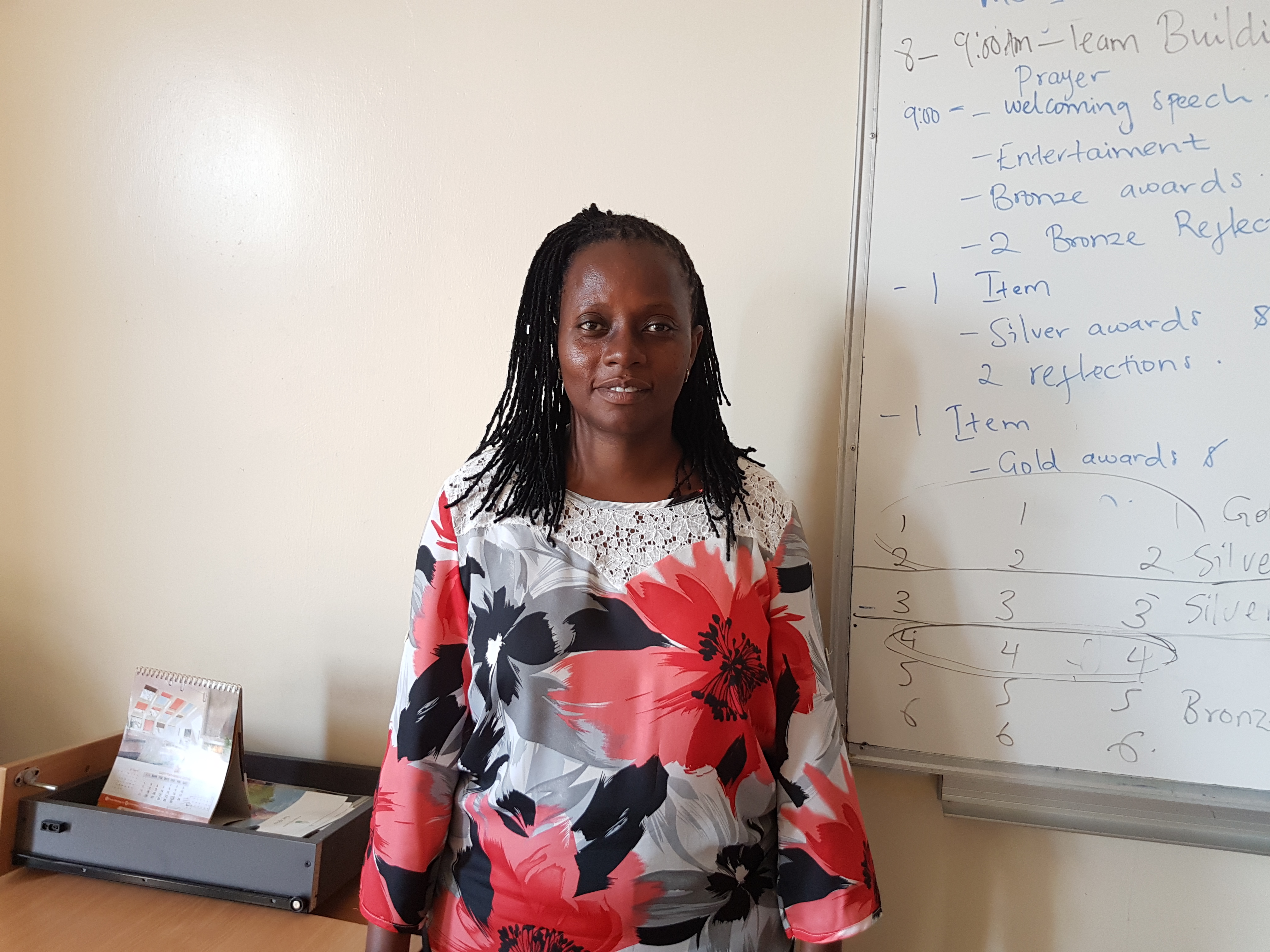
Lucy Mwandawiro has been a chemistry teacher at the Aga Khan Academy Mombasa for 11 years. However, she has grown and developed in many more areas, such as her involvement with the Educating Girls in Science project and her role as a dorm parent in the residences. Here, she shares some insights about her journey at the Academy.
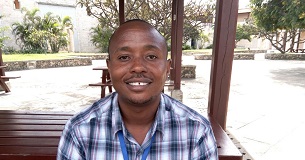
“I think one of the biggest assets the Academy has is the diverse cultural background in the student body. Having players coming from all over the world from so many walks of life adds a unique element to playing as a team.”
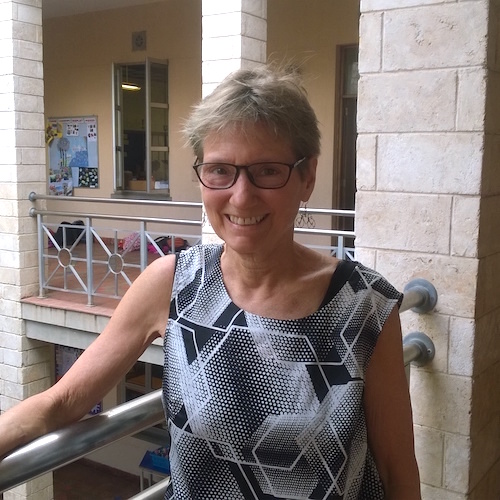
Christine Robertson is a veteran Ontario teacher who began a secondment to the Aga Khan Academy Mombasa in April 2016. She talks about her experience of coming to Kenya and her first days of getting to know the Academy.
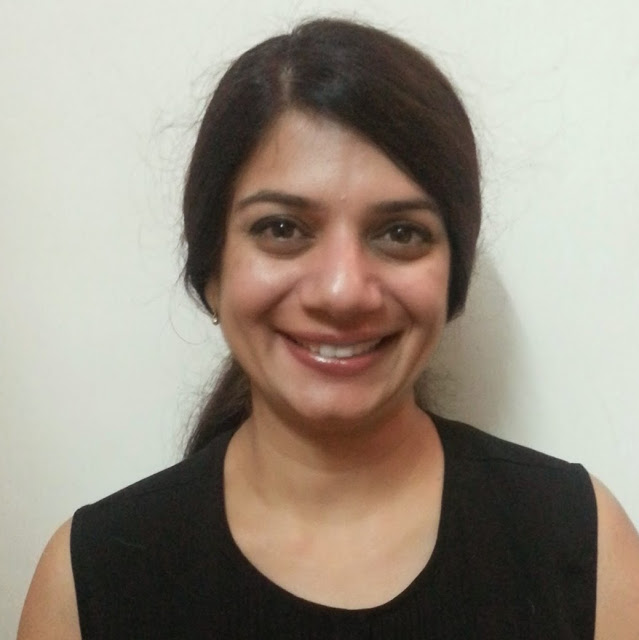
Vasanthi Thandlam, the Academy's Senior School English as an additional language specialist, has been selected as an Operation Smile sponsor for the Vietnam Medical Mission.
Spotlights on Students
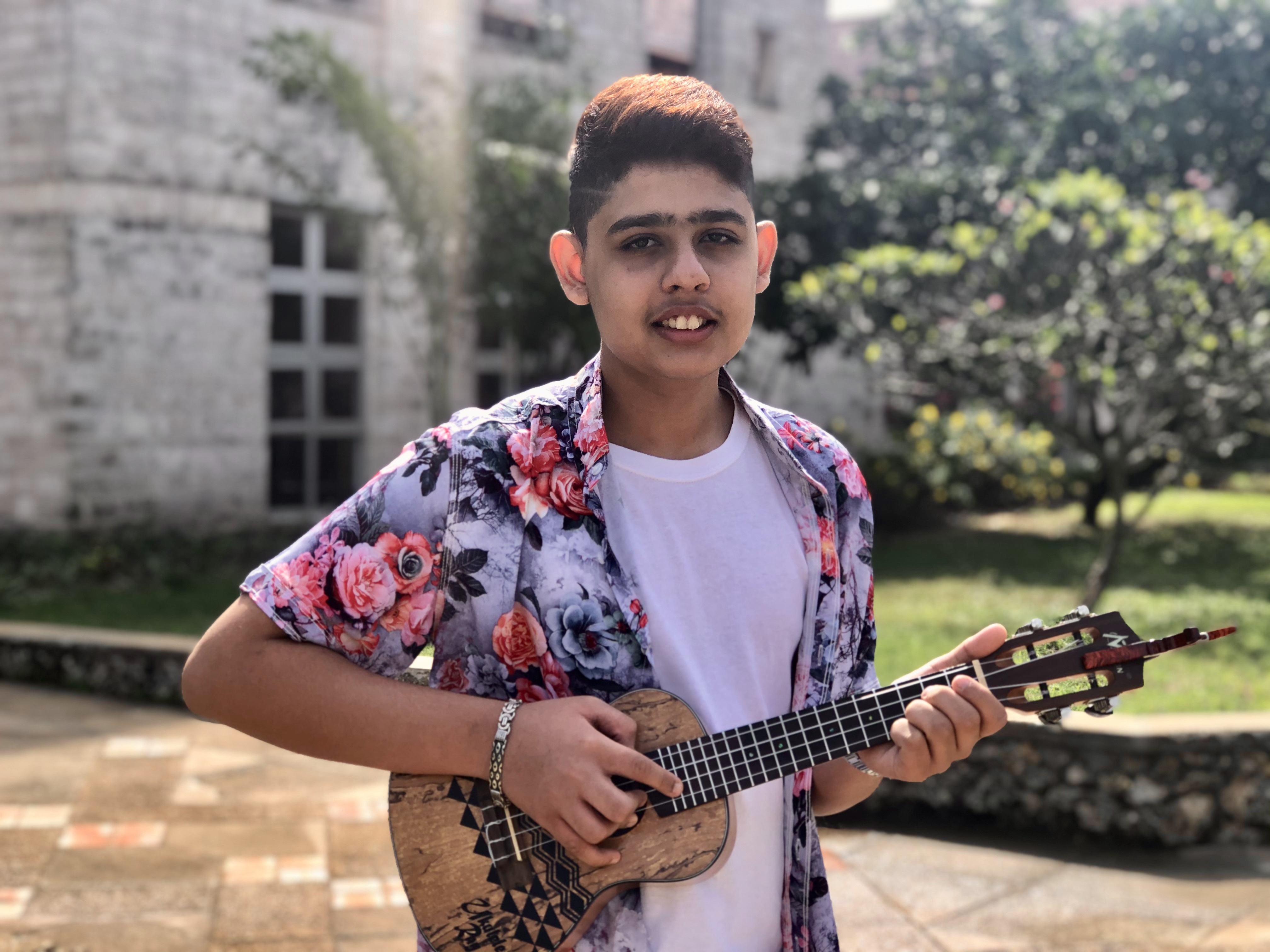
Since he was 4-years-old, Ayaan Allarakhia has had a passion for music that has shaped his whole life. Over the years, the Grade 9 student at the Aga Khan Academy Mombasa has developed and strengthened his musical and performance skills. Now, after writing and releasing his own song and music video, Ayaan is on a mission to spread his love for music to all.
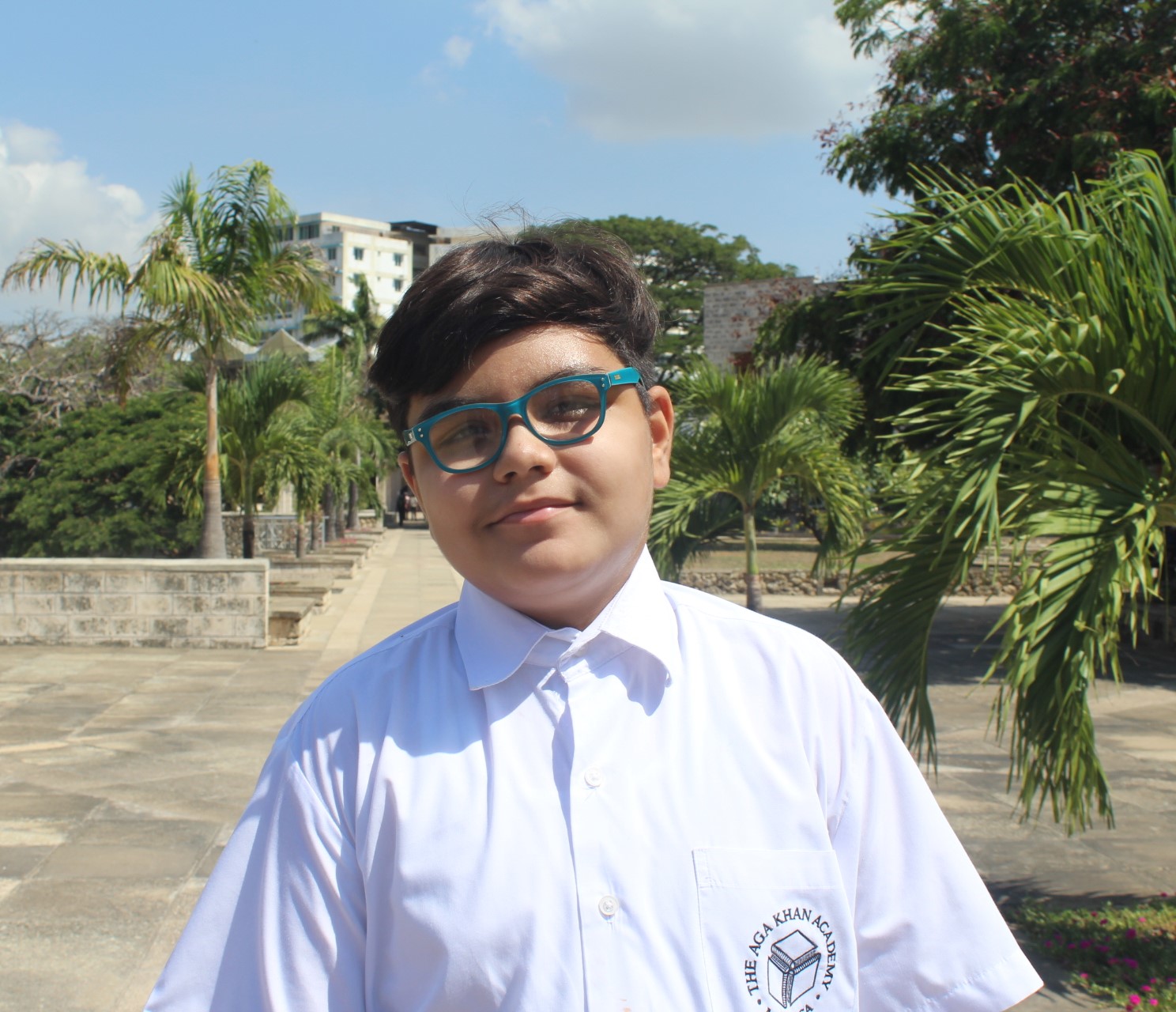
Naail Lakhani, a Year 5 student in Junior School, has demonstrated incredible maturity, leadership, and initiative since joining the Aga Khan Academy Mombasa in 2018. His proudest achievement is founding the Junior School Coding Club, an after-school extracurricular activity to teach coding to young minds.
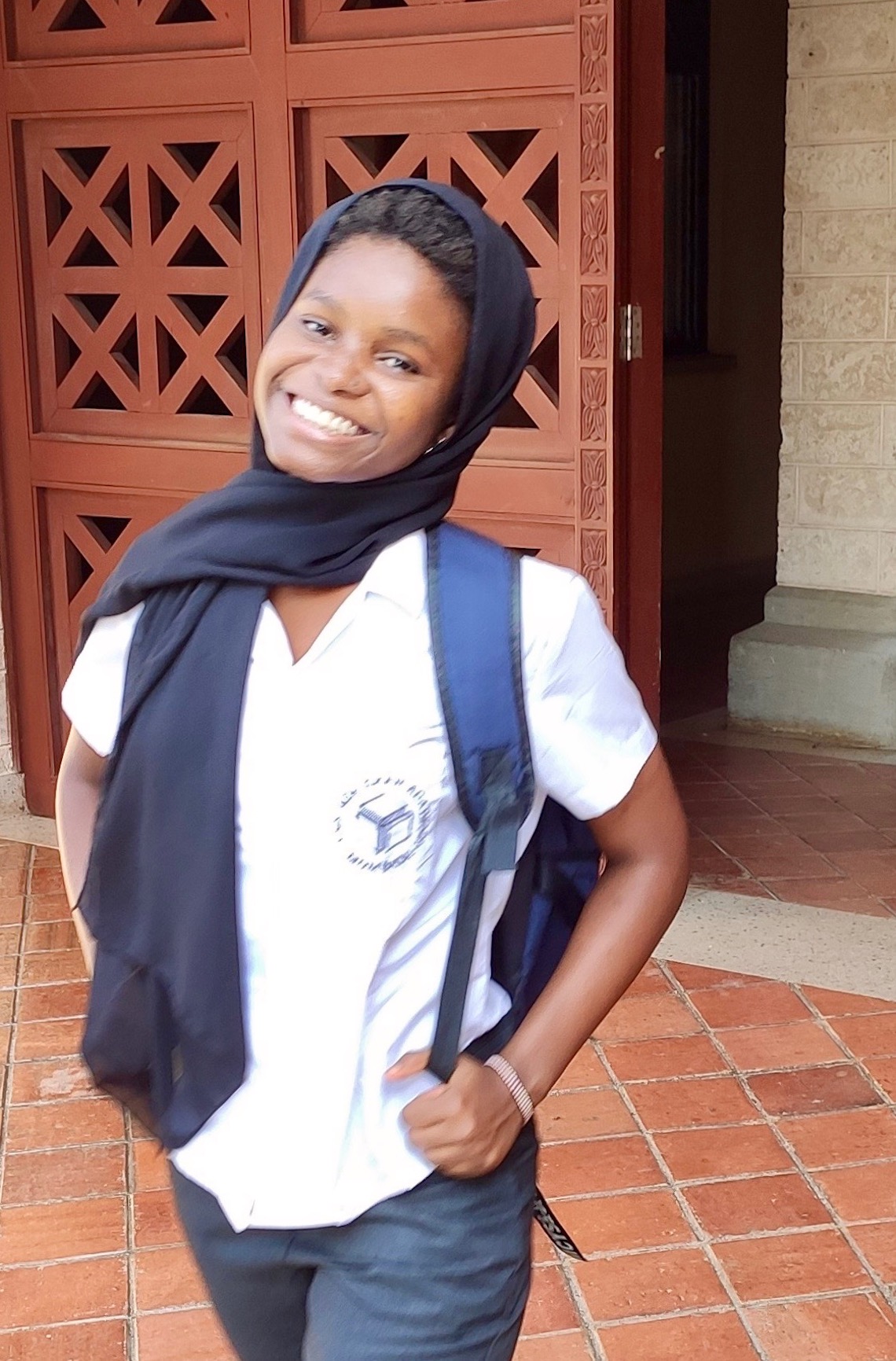
Mwanapwani Said joined the Academy through the Talent Identification Programme in 2017. Since then, she has availed herself of every opportunity to thrive. Her experience at the Academy has shaped her outlook on life and she has been inspired to make a difference in society.
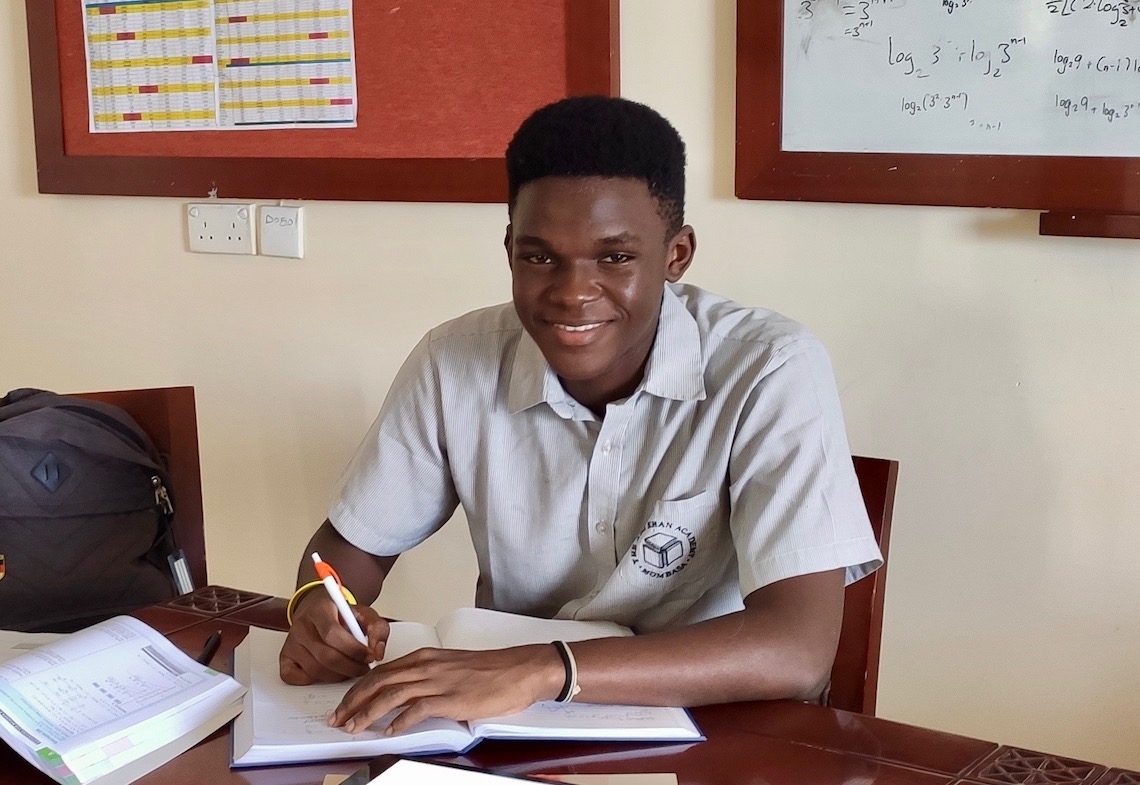
When Raphael Mwachiti, a Diploma Programme (DP) student, got admitted to the Aga Khan Academy Mombasa on a fully funded scholarship through the Talent Identification Programme (TID) in 2015, he knew it was a life-changing opportunity.

Since a young age, Diploma Programme 1 student Cinzia Torriani has seen the environment around her deteriorate. Through the Academy's and her own personal initiatives, Cinzia is hoping for a greener tomorrow.
Year 9 student at AKA Mombasa Alyssa Jamal has played golf for almost her whole life – a sport that has taught her the importance of determination and focus.
Mahek Shah, a Diploma Programme student at the Aga Khan Academy Mombasa, is driven to change the fact that the aviation industry is male dominated through her initiative called "Wings for Women." This young aviator chooses to be a pilot and not a passenger.
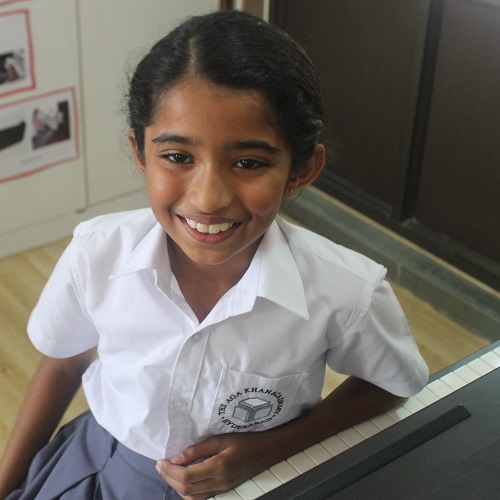
Aanya Athota, grade 4K, is currently the youngest student being accepted to appear for the highest graded music examination conducted by the prestigious Trinity College London. She dreams of becoming a global music icon and spreading peace through music to make our world a better place.

One day, a friend taught Ananya, grade 3, how to do a cartwheel. There was no turning back, and she recently won gold medals at two city competitions in 2018!
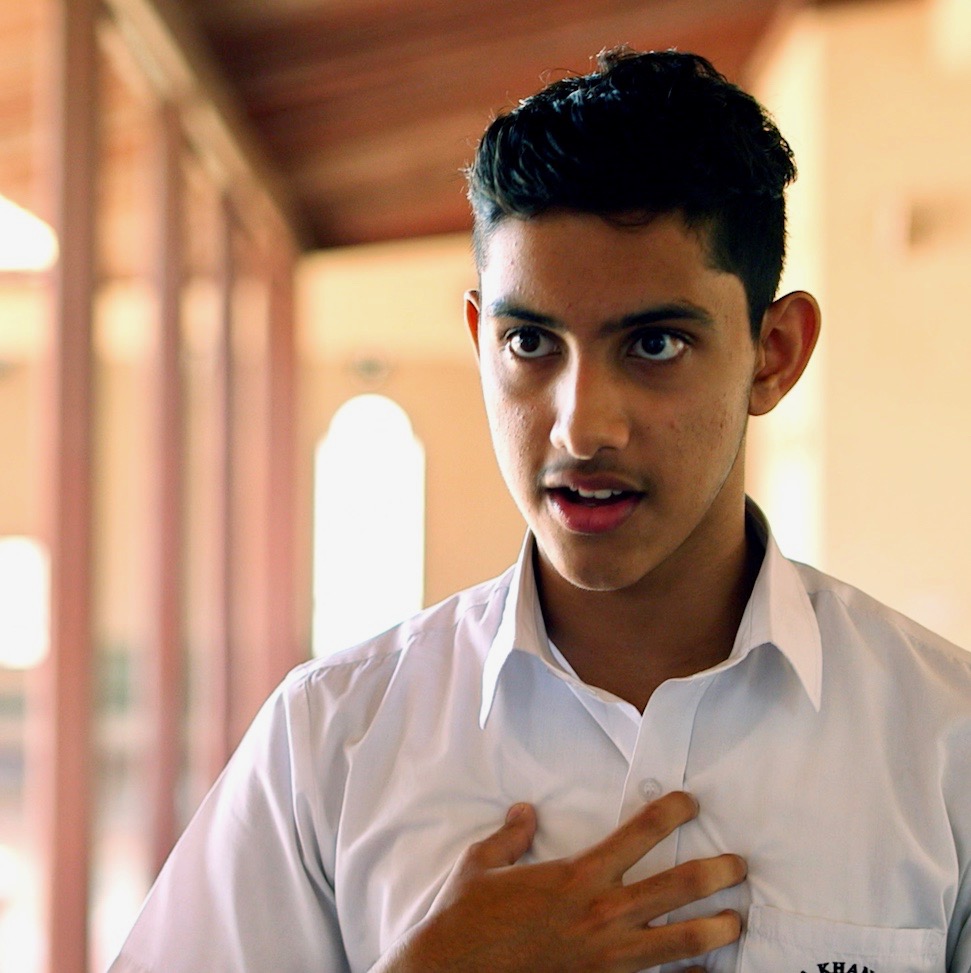
Meet Bilal, currently a student at the Aga Khan Academy Mombasa. For Bilal, studying at the Academy has instilled in him the value of learning whilst always thinking about the bigger picture: understanding how his studies today will impact the world tomorrow.

Paul Davis, the Dean of Admissions at the Aga Khan Academy Mombasa, has led the Talent Identification Programme for nearly ten years. The programme identifies students in Year 6 in Kenyan government schools, in deprived socio-economic and educational areas of Kenya, who are academically able and show leadership potential. This May, seven of these students graduated from the IB Diploma Programme. Paul shares their marvellous stories.
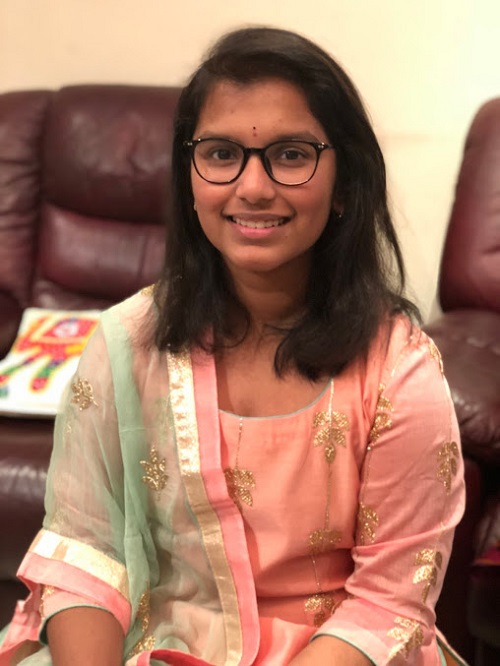
“The Academy has a very unique, highly diverse and multicultural environment,” says 2018 graduate,Tvisha Devavarapu. Set to pursue a career in biology and research, read about this house captain's experience studying and playing at the Academy.
“When I was learning robotics as part of the enrichment club I never imagined that I would become the captain for a robotics team,” says DP1 student, Rudra Potluri. Now approaching his 6th year at the Academy, Rudra reflects on the opportunities he’s had in his academic career so far and the ways in which he has grown.

Areesh Rehmani, a grade 6 student at the Aga Khan Academy Maputo, is a determined and dedicated learner. He has a passion for sports and a curiosity for scientific innovations and technological growth. Areesh shares how his learning is fuelled by the learner profile and by the values instilled in him at the Academy.
Passionate about animal rights, Shaivya Arya has used every opportunity possible to learn how to care for animals. “To save an innocent creature’s life, to help animals. It is time we make this a better world for us, for them, for all.”
Kelvin Bagthariya, a second-year Diploma student at Aga Khan Academy Hyderabad, believes the Academy has changed his mindset, teaching him to become independent, improving his self-esteem and allowing him to pursue his passion to make a change in his community.
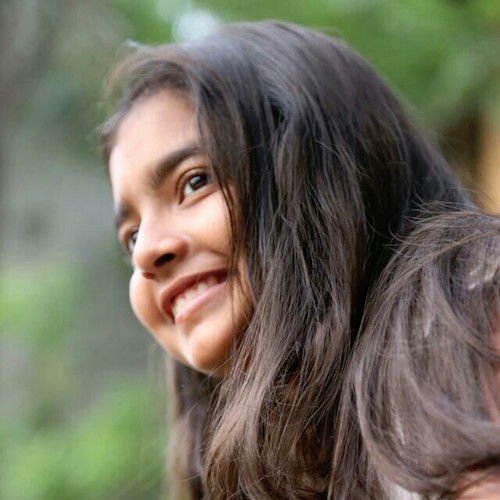
Anahita Aman is in her seventh year at the Aga Khan Academy in Hyderabad. She is full of hopes and dreams and strives to get the most out of her days at the Academy so that she can ultimately give back to the community and society at large.
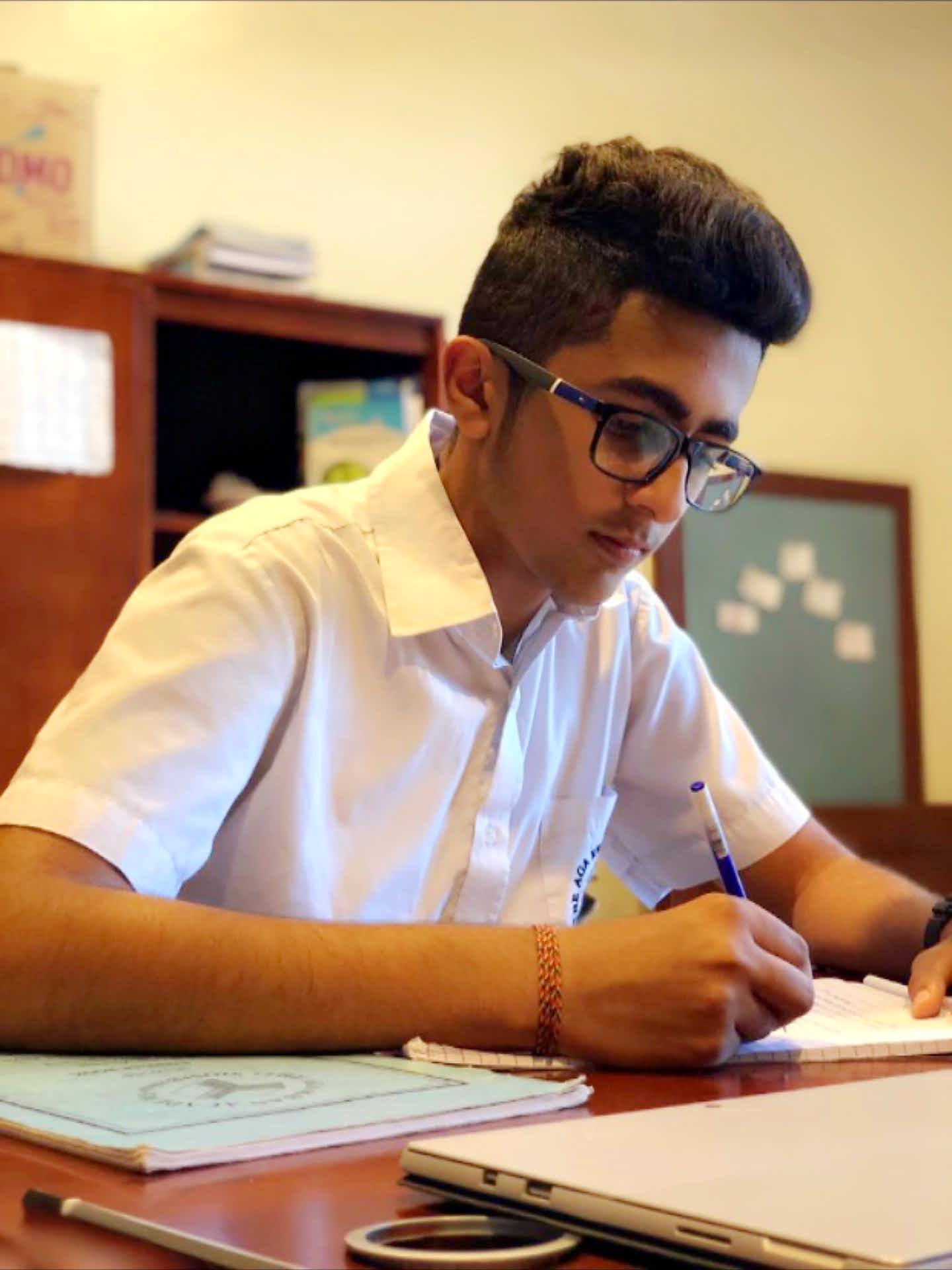
Saifan Aswani, a student at the Aga Khan Academy Mombasa, knows the value of taking the time to appreciate his surroundings. He credits his experience of the past three years at the Academy for instilling in him the discipline of hard work, an appreciation of diverse cultures and the motivation to pursue this responsibility.

In his final year of the Diploma Programme at the Aga Khan Academy Mombasa, Shad Bherani is ambitious, curious, and driven to become an engineer. Shad aspires to use his education and career as an engineer to give back and to serve his country and its people, by assisting in Pakistan’s development through technology.
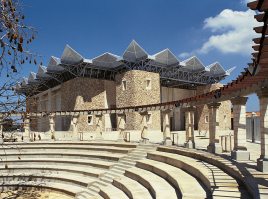
Samy Natho Jina is not only a dedicated student at the Aga Khan Academy Mombasa - he is also a skilled and talented self-taught computer coder. Samy says, “For each and every project, I have spent countless nights out of my own free will fixing incorrect lines of code. It is my dream to make sure this talent and passion I have for software development and computers can be used to make this world a better place.”
"I can’t be racing while I’m on campus, so I decided to become an automotive journalist and am now the head author of an automotive blog, 'The Drive Hub.' "
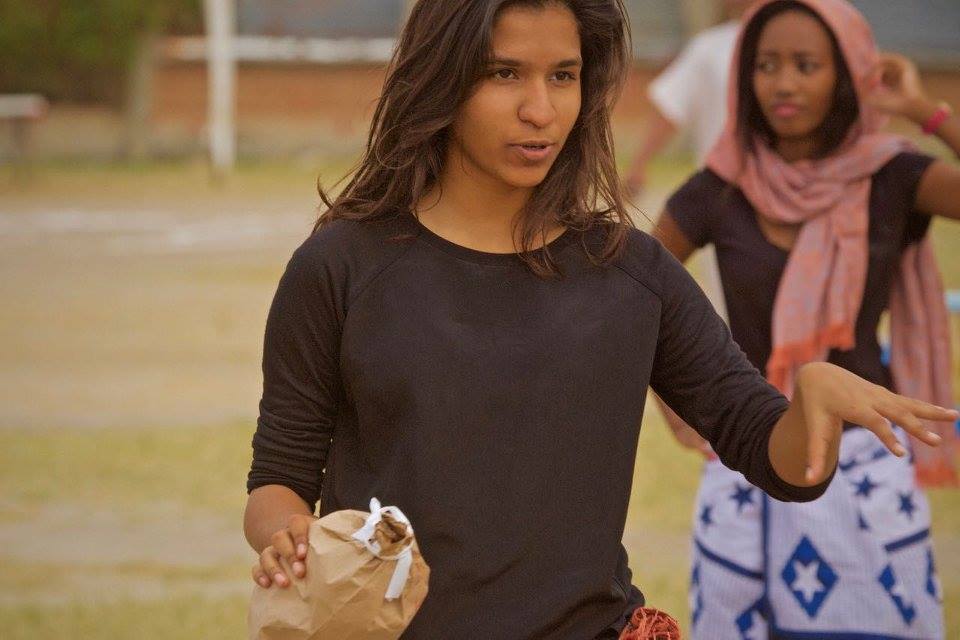
Through a personal reflection, Arzoo shares her experience at AKA Mombasa as she reflects on her journey in her final year: "Through the Academy I have made many of my dreams a reality."
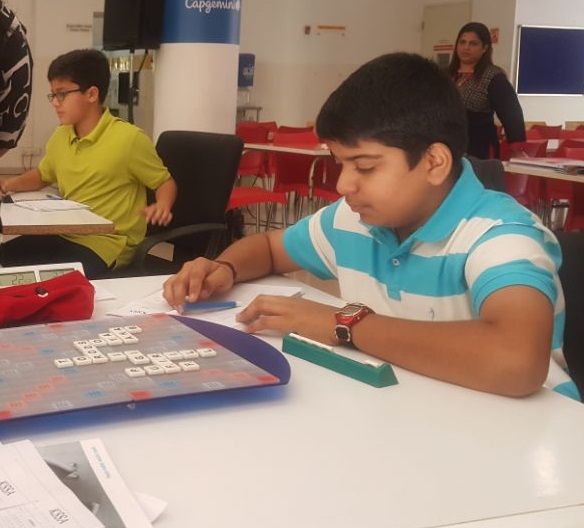
Attending school here has helped me recognise my potential, not just in studies but also in hobby sports! I love Scrabble and I want to become a professional player.

Being part of a team and also having been given positions of authority has taught me about leadership and the qualities one should inculcate to be an inspiring leader.
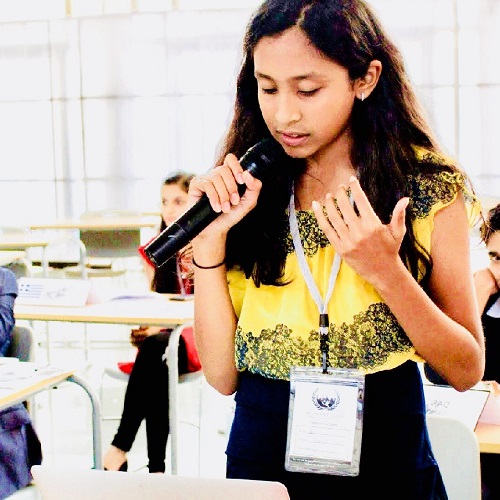
“To me, being ethical and humble are the most important things.”
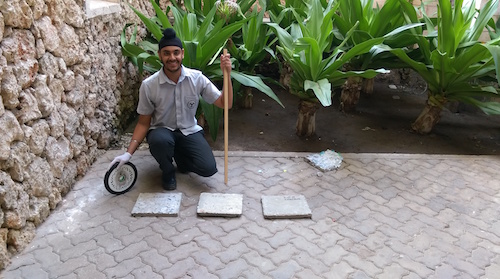
Being a global citizen, leader and environmental enthusiast is no easy task. Prabhdeep Lochab’s story is a testament to the hard work, dedication and commitment that goes into innovating “green” solutions for a sustainable future.

Meet Sadiq, a student at the Aga Khan Academy Mombasa. Open-mindedness, confidence and time management are some of the many characteristics he has developed at the Academy that will help him achieve his dream of becoming a journalist.

Meet Saumya, a student at the Aga Khan Academy Mombasa. A musician and a leader, she shares her wisdom on what it means to make a true positive impact.
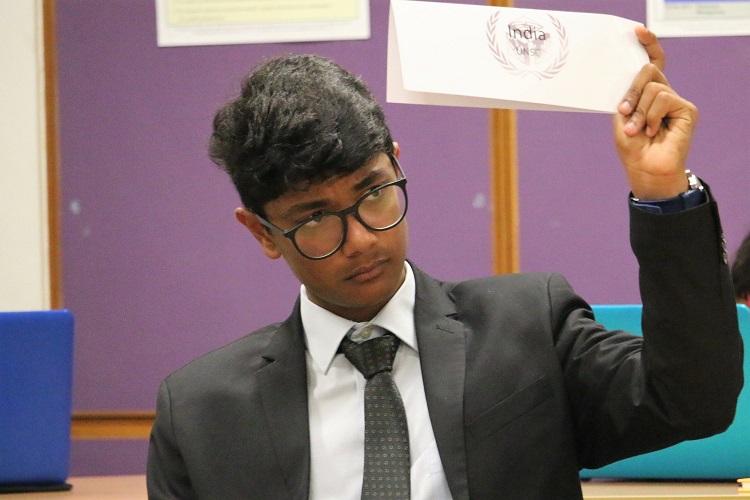
"Being able to stand in front of 250 students and fulfilling the opportunity to give them what I had been given, was one of the most rewarding experiences of my life."

Introducing Ivy, a student at the Aga Khan Academy Mombasa. Her innate drive for self-growth and desire to give back to the community makes her a true home-grown leader.


This is Stephen, a student at the Aga Khan Academy Mombasa. His passion for community service shines as he expresses the growth in perspective he experienced through his education at the Academy.
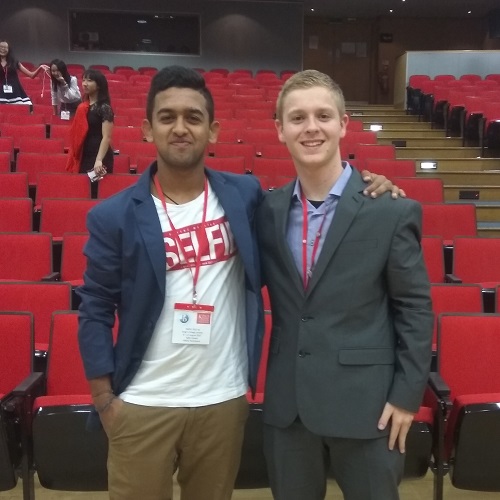
Sahir Devani, grade 11, shares his experience as an Academy representative at the IB World Student Conference held at King’s College London, from 6-12 August 2017.
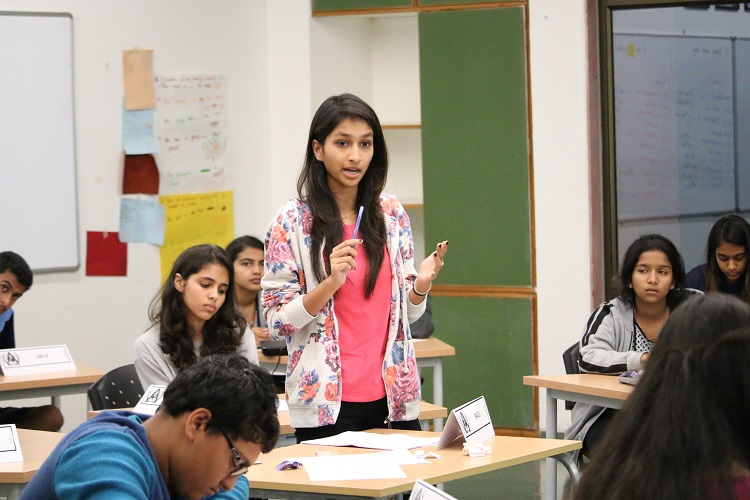
Sayema, currently in grade 11, directed and produced an impactful short film to create awareness on child rights for her IB MYP Personal Project.
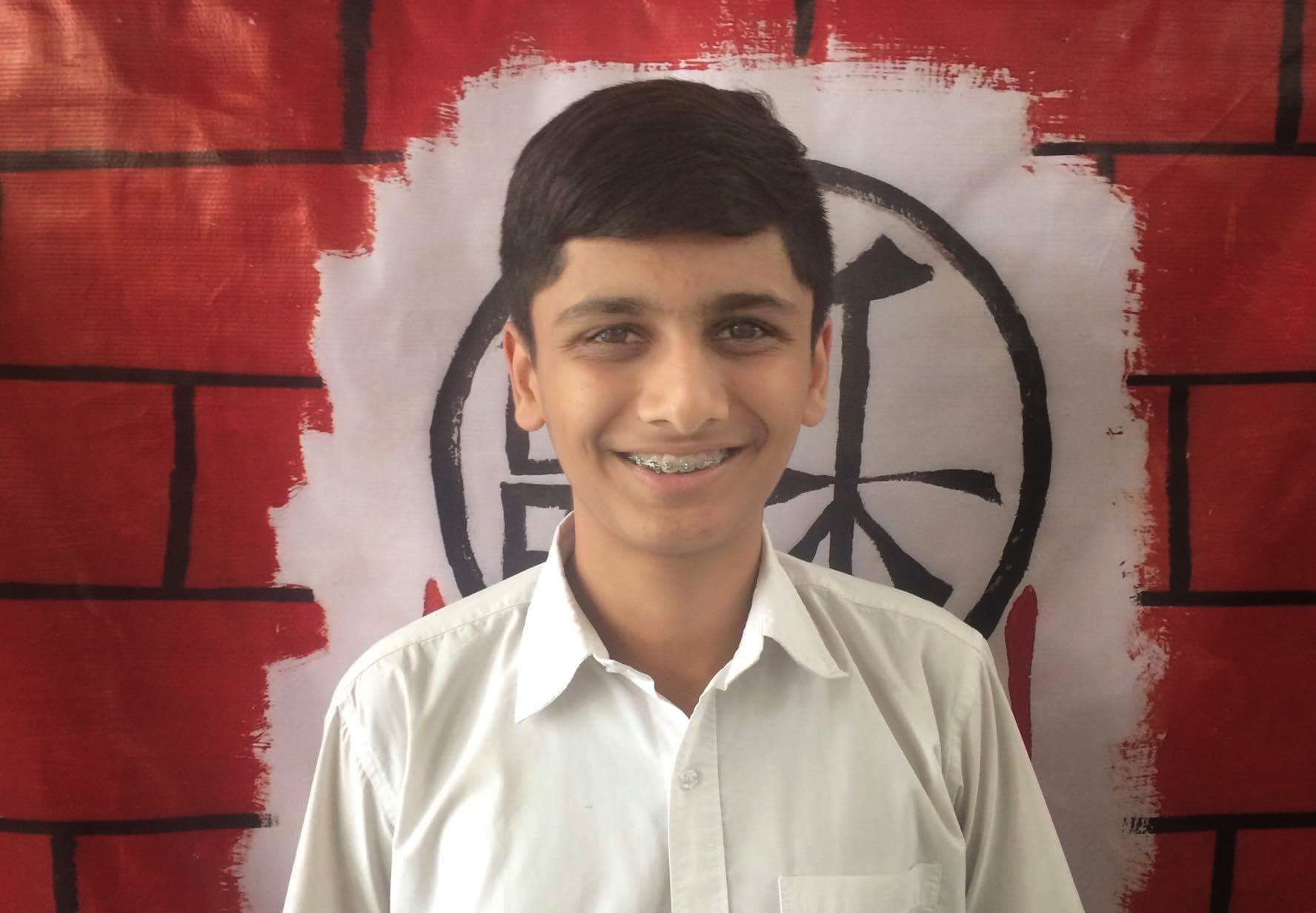
“For me, the best part of school is when we have service class, because I am very keen on serving my society and helping the community around me develop faster.” - Sazil Ramani, grade 10, Aga Khan Academy Hyderabad.
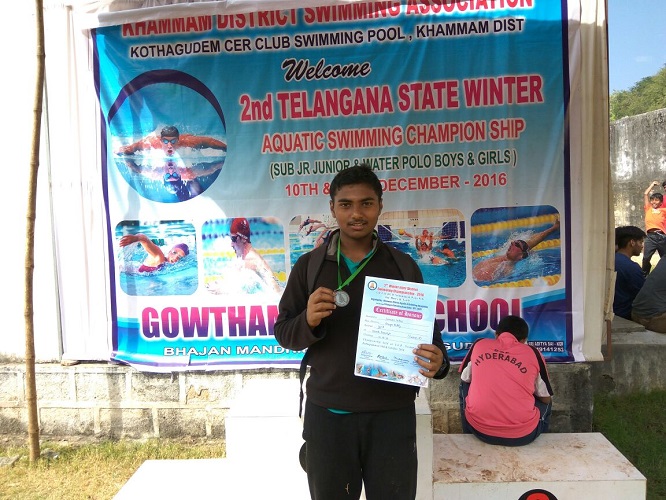
“I came to this school searching for better opportunities and better facilities through which I can improve in sports and excel in music and studies,” says Samson. “I didn’t have these opportunities in my previous school and didn’t get a chance to play any sport.”
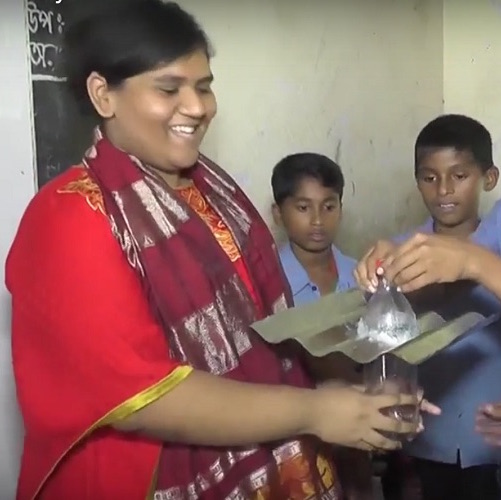
"I wish to continue sharing my knowledge, what I have learned and will continue to learn, with my society."
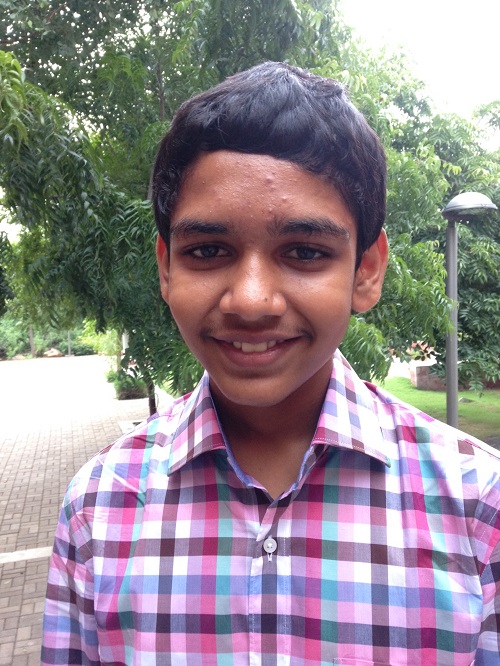
Advait Surana is a residential grade 10 student at the Aga Khan Academy in Hyderabad. He was selected as one of 18 students from different schools to represent Telangana state at the national U-15 football tournament in Delhi in early September 2016.
Spotlights on Parents
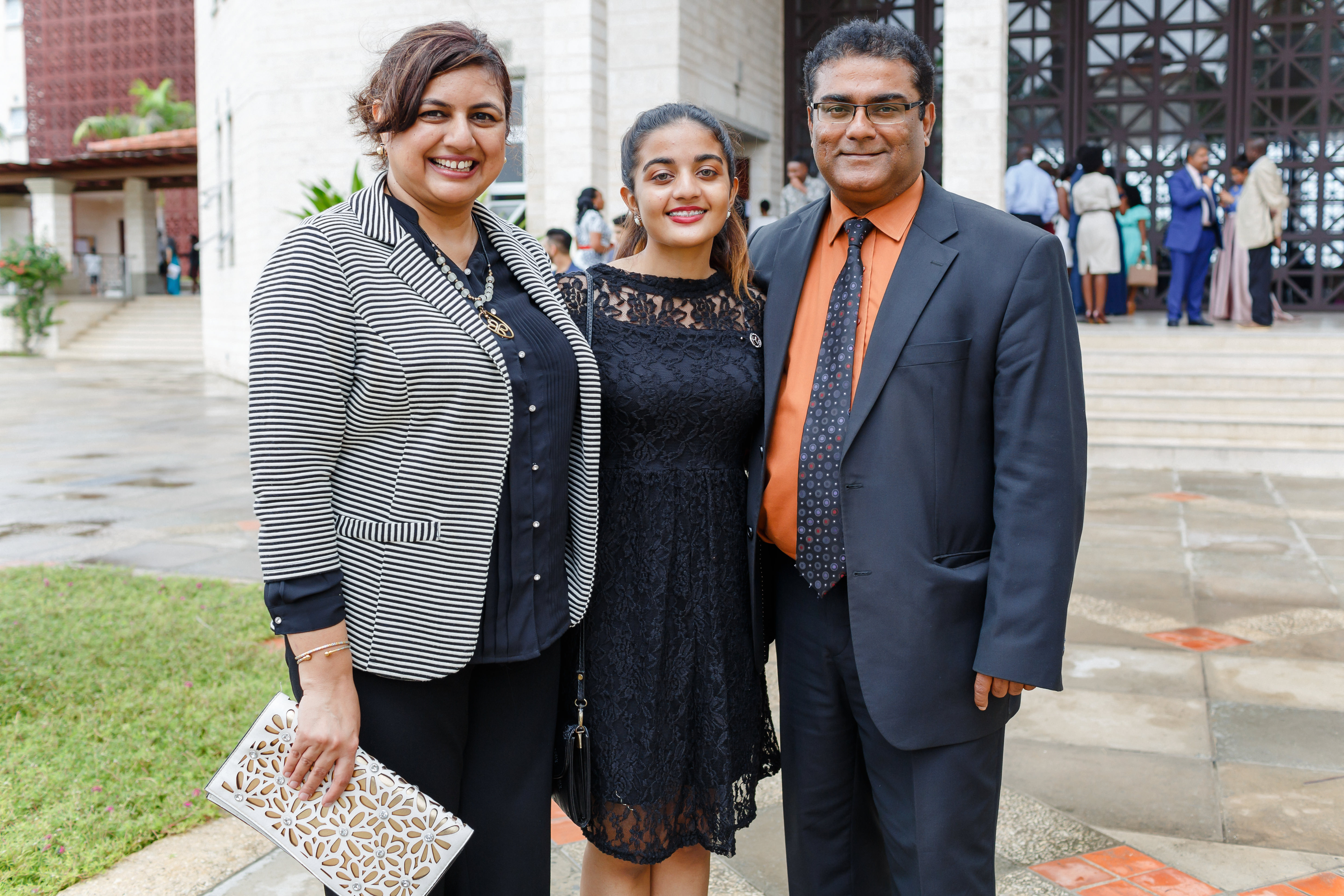
Mrs Aneela Mukhi and Mr Altaf Mukhi, parents of Faliha Altaf Mukhi, share their experience: "Through our chain of observation, the Aga Khan Academy Mombasa surely plays an active role in the holistic development of every child. This is our consistent finding all through the two years of IB Diploma programme our daughter studied."

International Exchanges
As the network of Aga Khan Academies becomes further established, we will offer our students the opportunity to broaden their experience through exchanges with other Academies.
The Aga Khan Academy Dhaka will include an international exchange programme as part of the Senior School curriculum. This will provide our students with the opportunity to study for an extended period in another of the 18 Academies (planned or currently under development) in Africa, South and Central Asia, and the Middle East.
An inaugural programme is planned for the 2018-19 academic year for grade 9 students at the Aga Khan Academy Mombasa and the Aga Khan Academy Hyderabad. The programme will grow over the coming years, drawing in more Academies as they open and giving students the opportunity to experience life in a range of different countries and cultures.
Campus life
Students from Dhaka who participate in an exchange with another Academy will live in residential facilities in a secure campus setting.
Campus life is an important part of the international exchange programme. Many of the least tangible but most important elements of an education – the development of practical leadership skills, the capacity to make ethical judgments, the ability to navigate through complex cultural settings – are formed outside the classroom. Mealtimes and other informal gatherings offer opportunities for discussion, meetings, and study groups.
The exchange will offer a structured programme of activities, both on and off-campus. This is designed to increase students’ understanding of their own and other cultural identities, to recognise different components of culture, to interact with the local community through service learning, and to reach a comparative understanding of the process of development in another country.
Benefits of study abroad
The International Baccalaureate programme is implemented through the medium of English at all Aga Khan Academies. The common curriculum will allow students to study abroad without facing uncertainties regarding compatibility of course study or examinations. Students will also learn to appreciate and respect other nationalities, cultures and intellectual traditions through direct contact with people in other countries. They will broaden their worldview and learn to be at ease in different cultural settings.
The exchange will increase students’ willingness and ability to collaborate across borders and cultures, as they form networks of friendships across the world. It will build the strength of character necessary for ethical and pluralistic leadership. Students will develop greater adaptability and resilience as they learn to overcome the challenges of living in a new cultural setting with local peers.
For further information on the educational programme offered at the Aga Khan Academy Mombasa, please visit the Academic Programme page.
Student Exchange 2019: The Journey Begins
The Aga Khan Academies Student Exchange 2019 is fully underway! Over the next three months, 35 students from the Academies in Mombasa and Hyderabad will ‘exchange’ places, beginning a journey of self-disovery in a new environment.
Visit the photo gallery below to see how the exchange students spent their first week, or see the blog post here.
